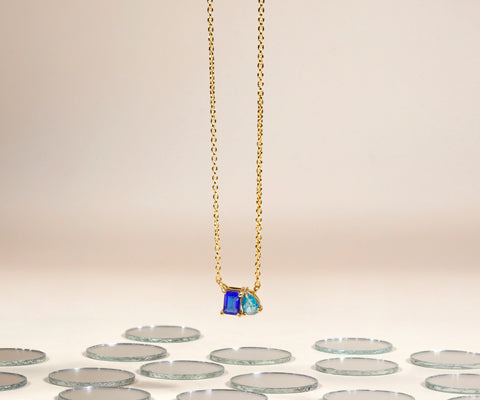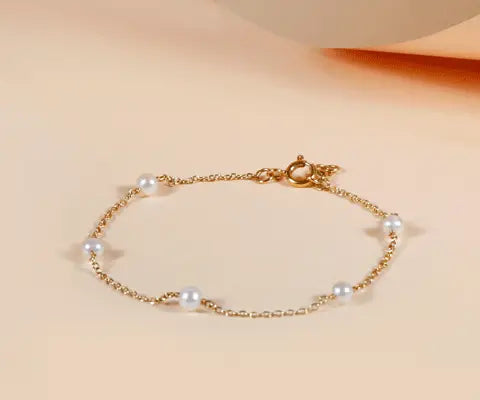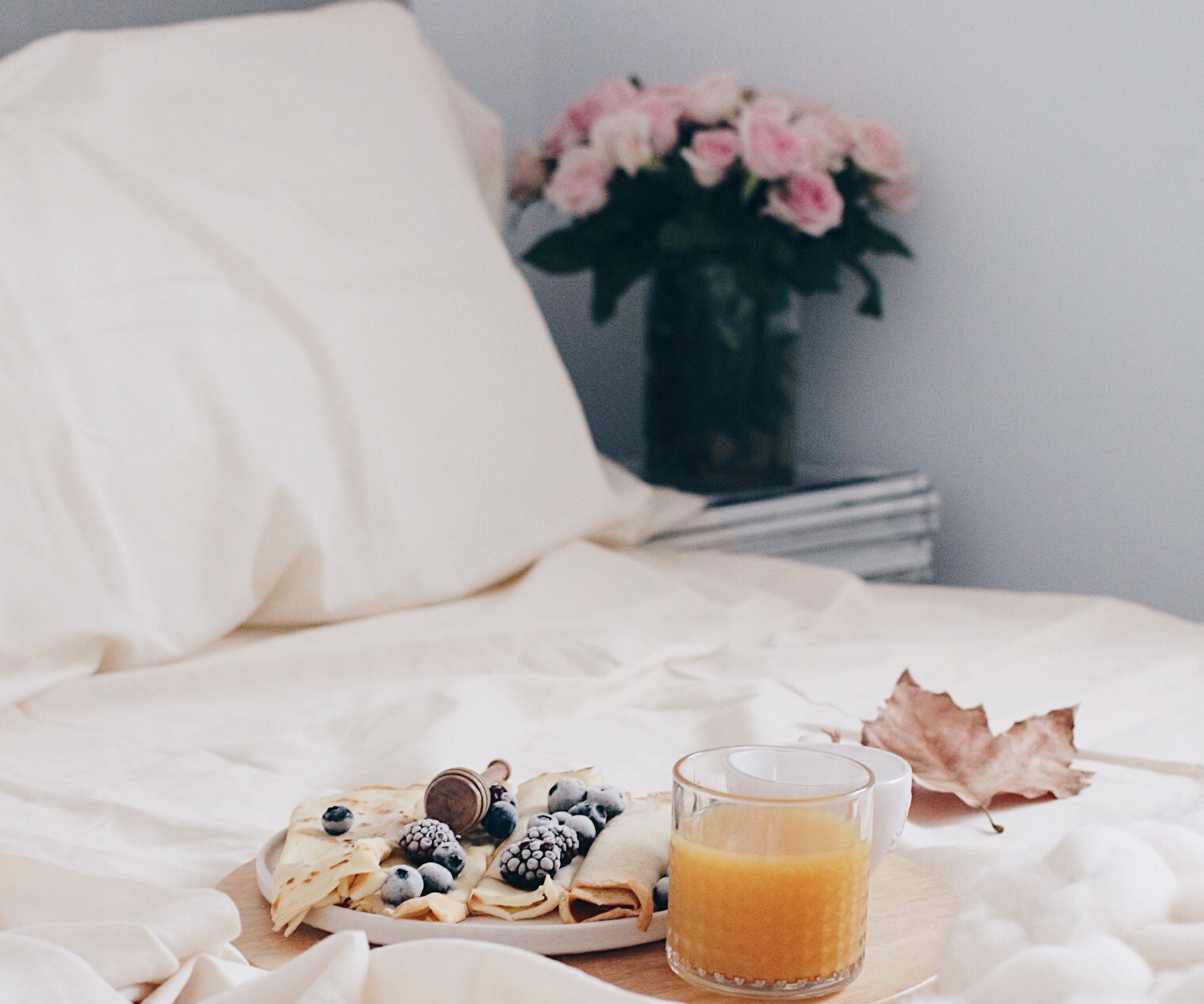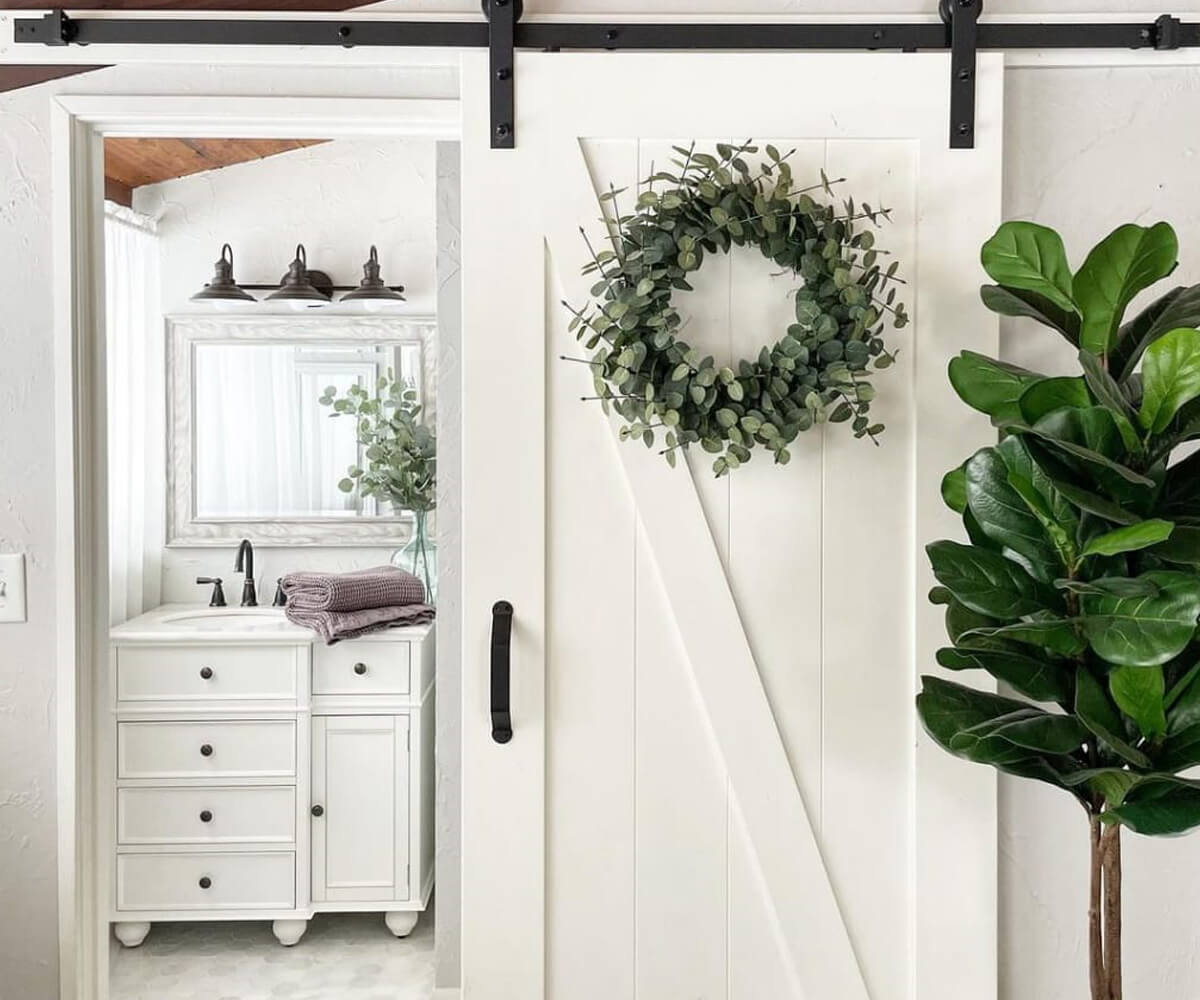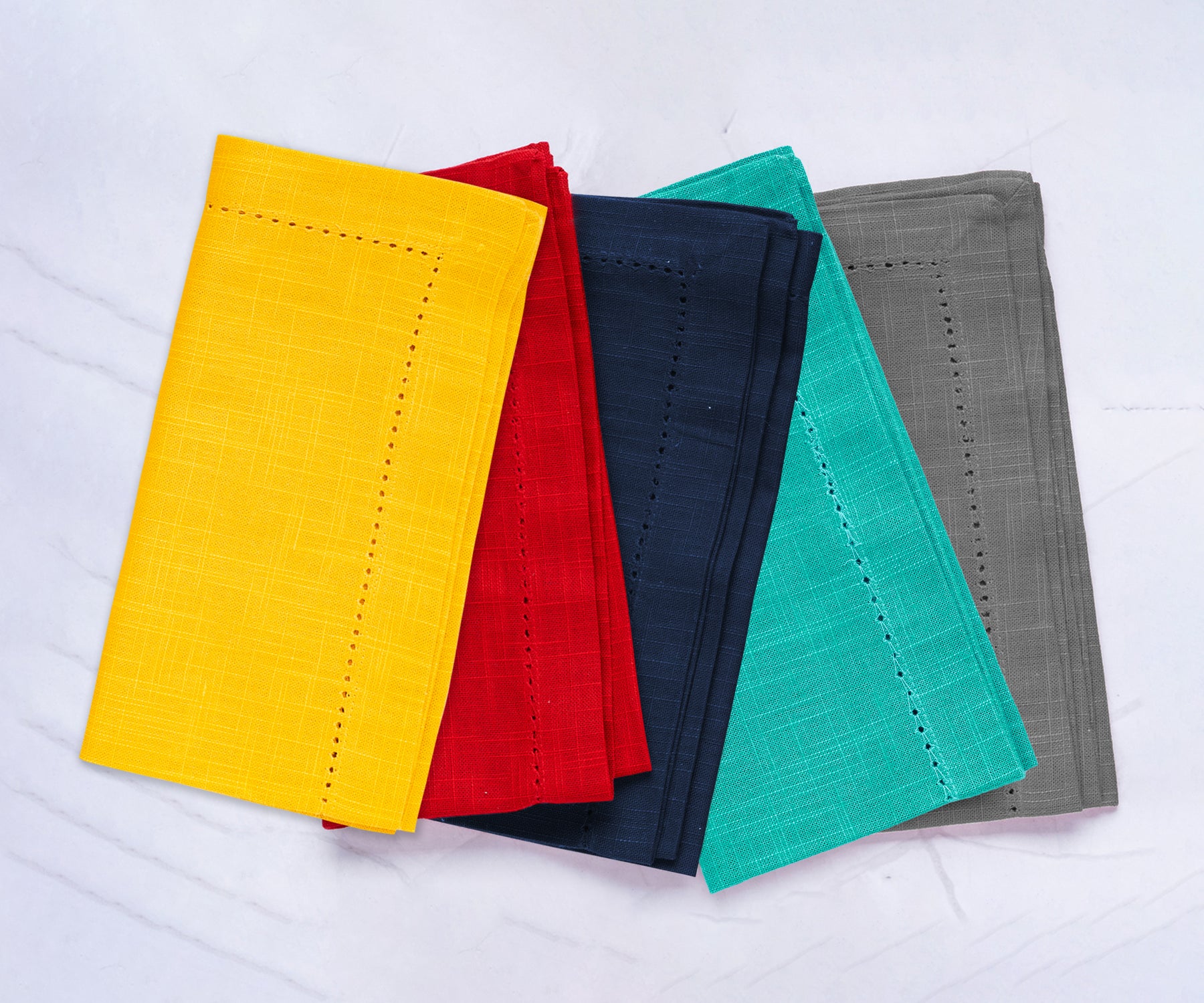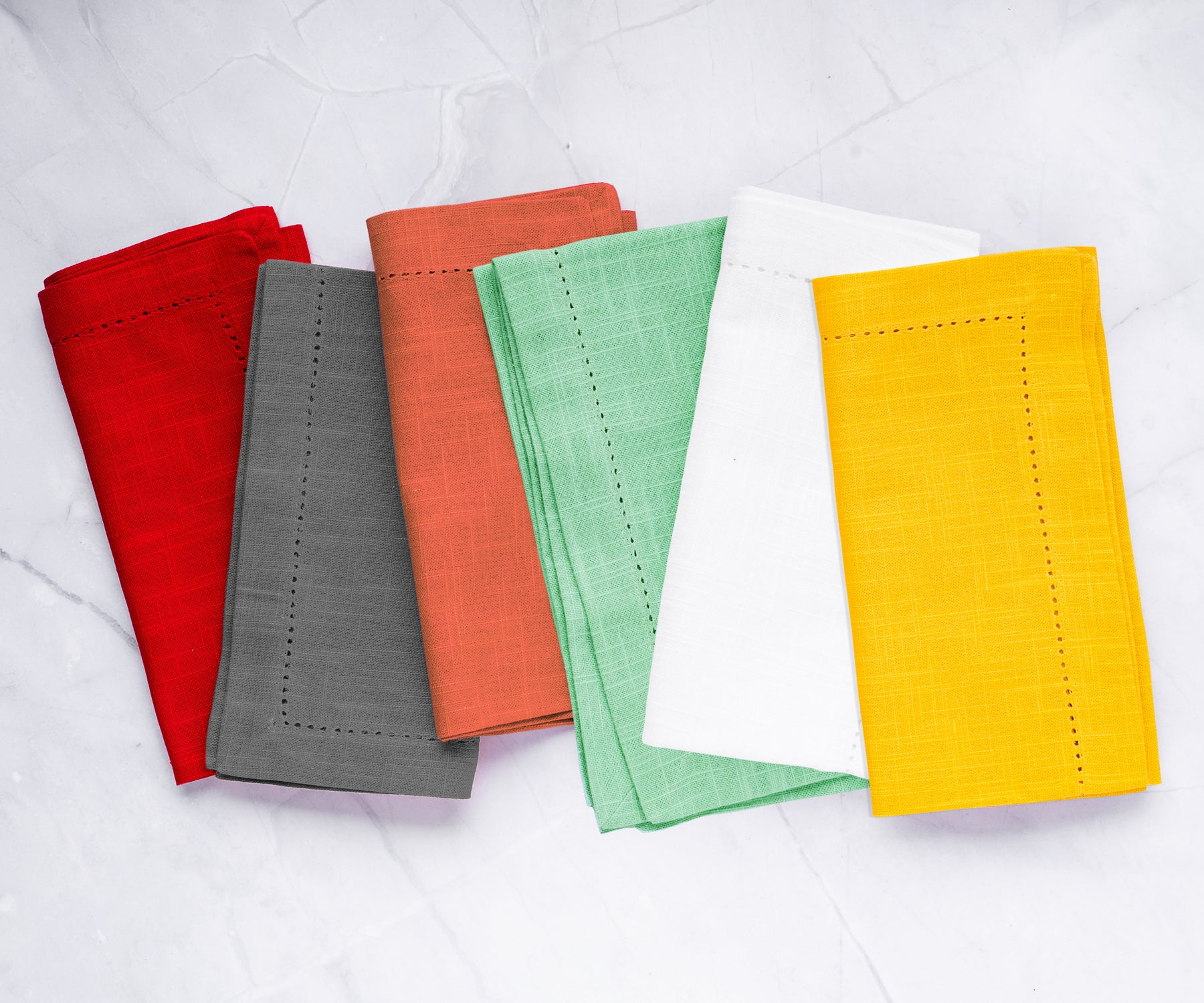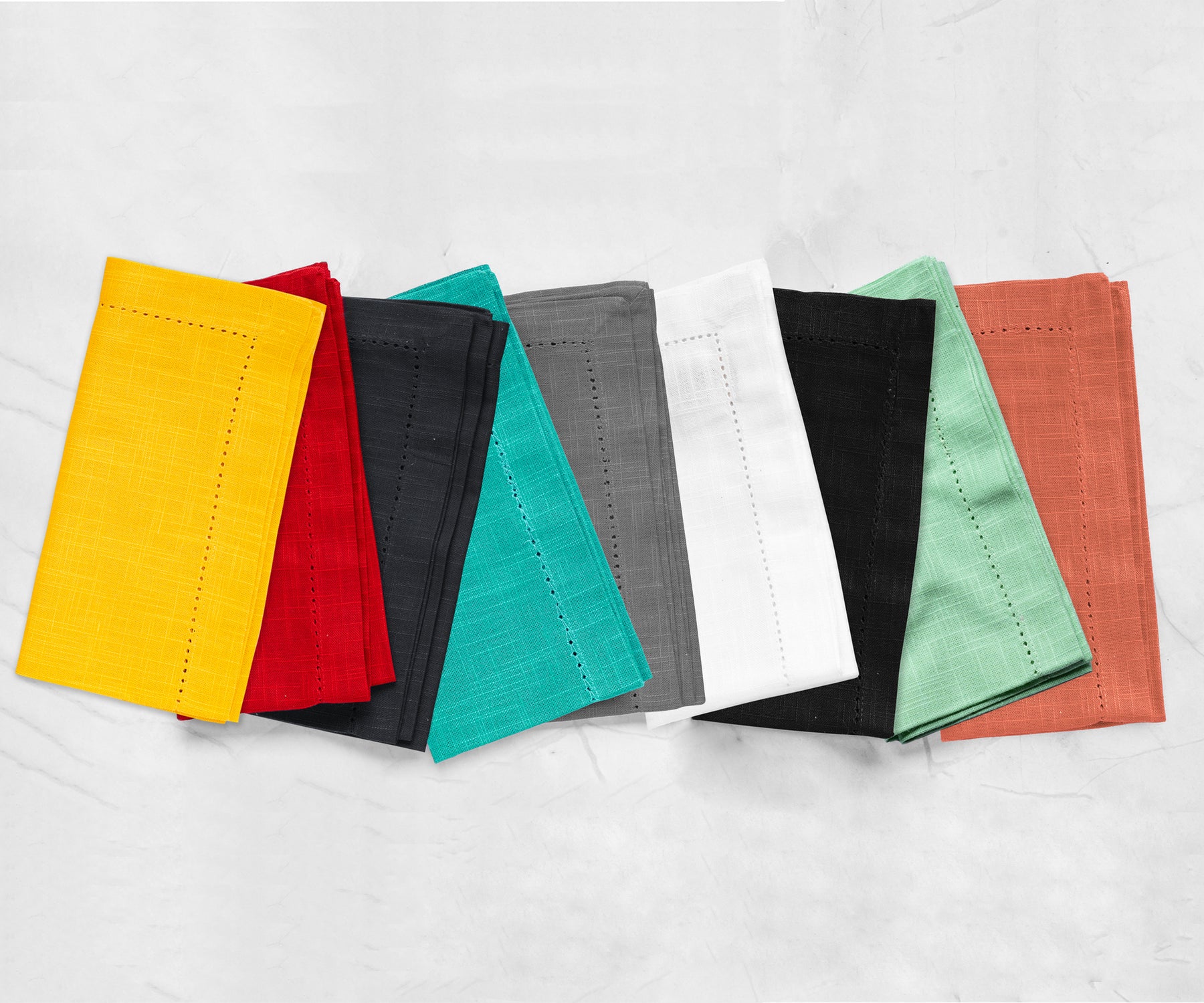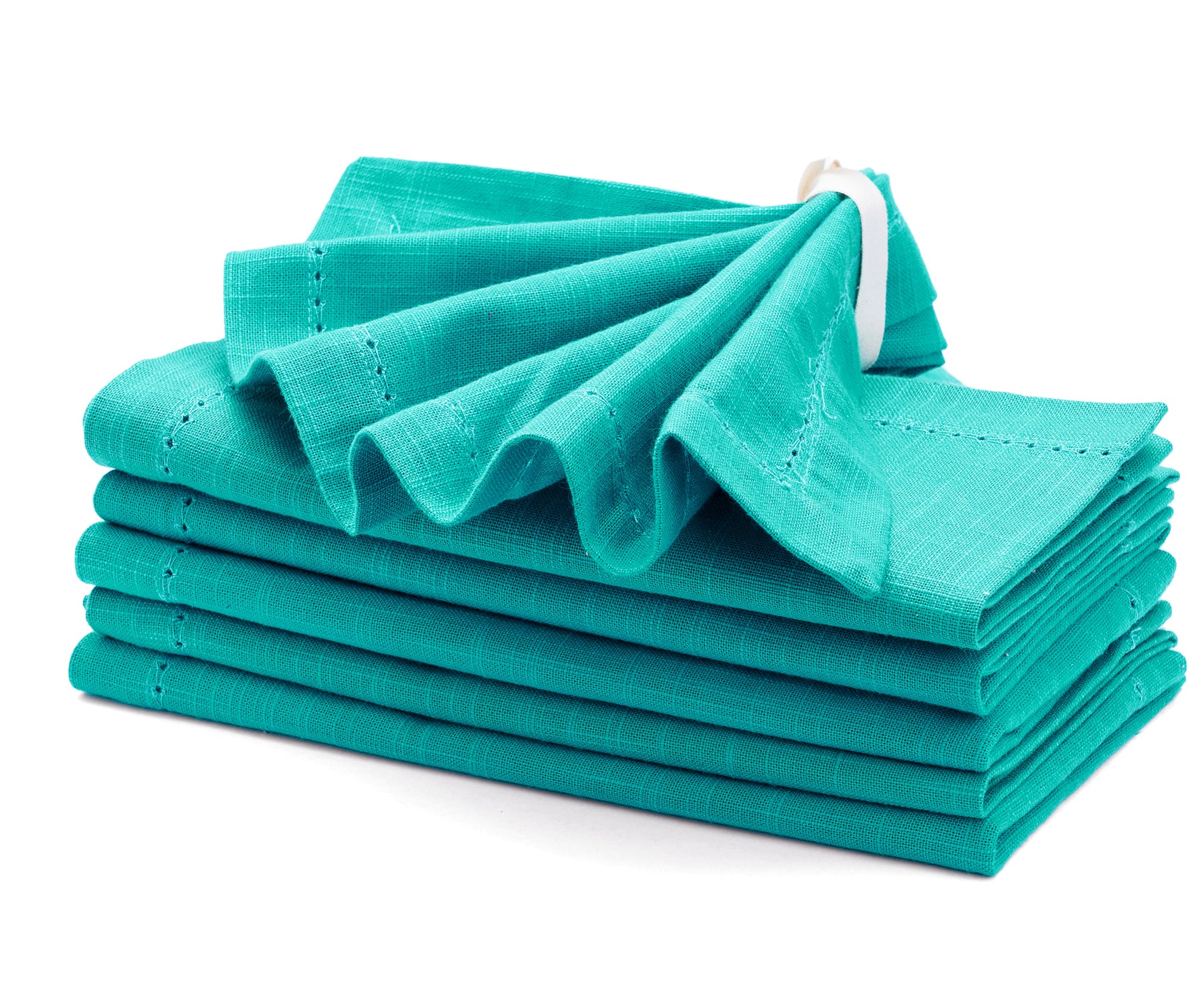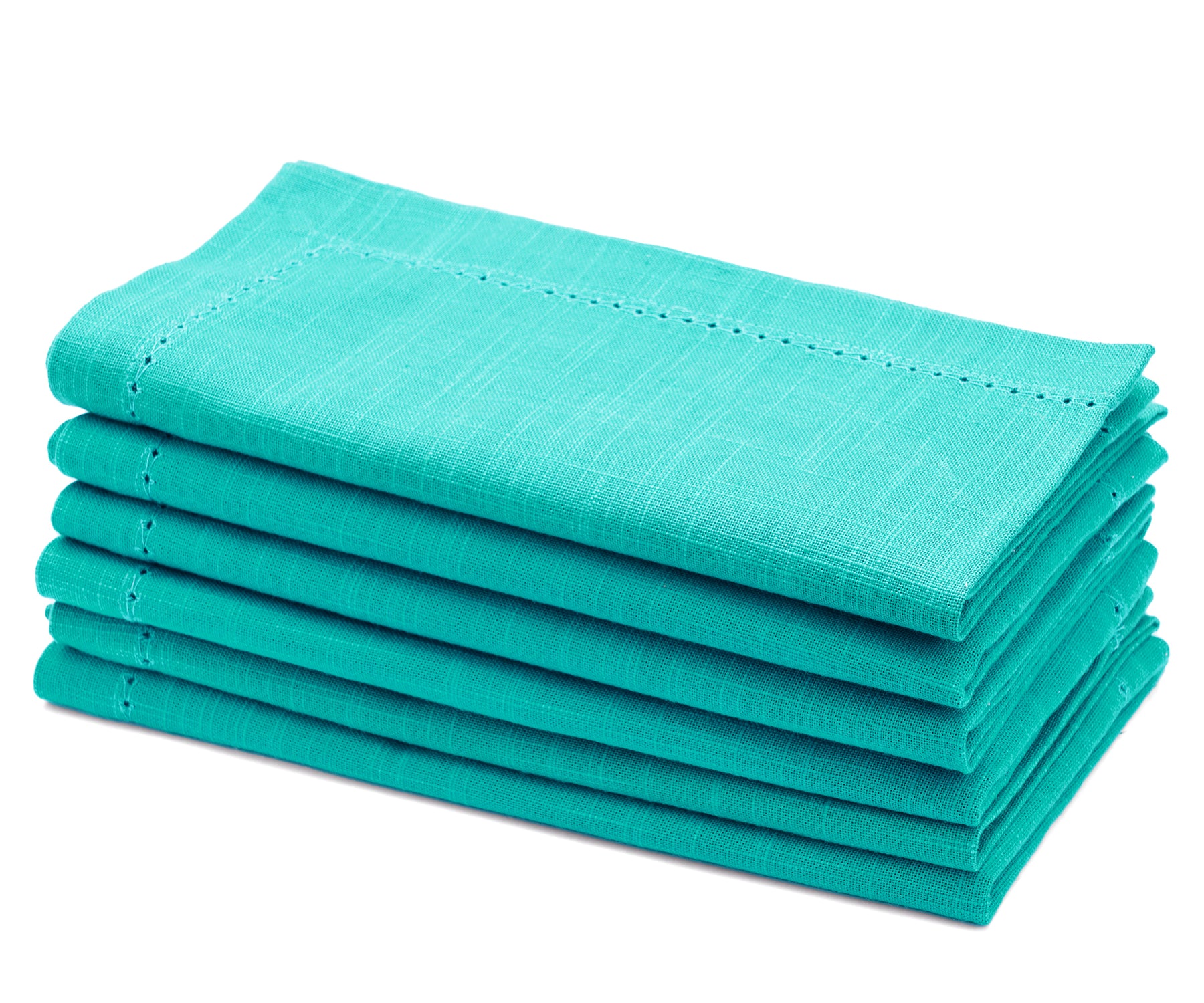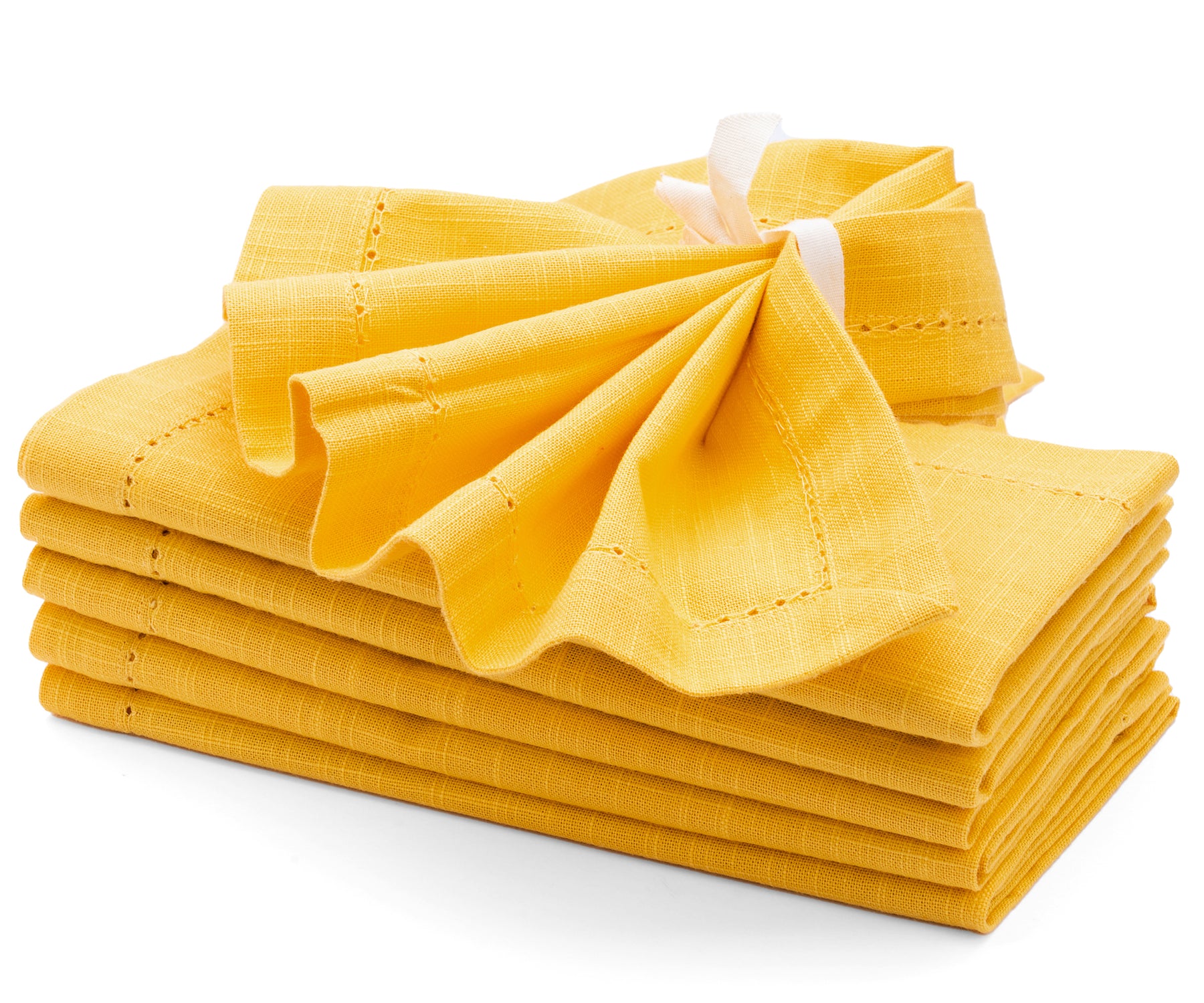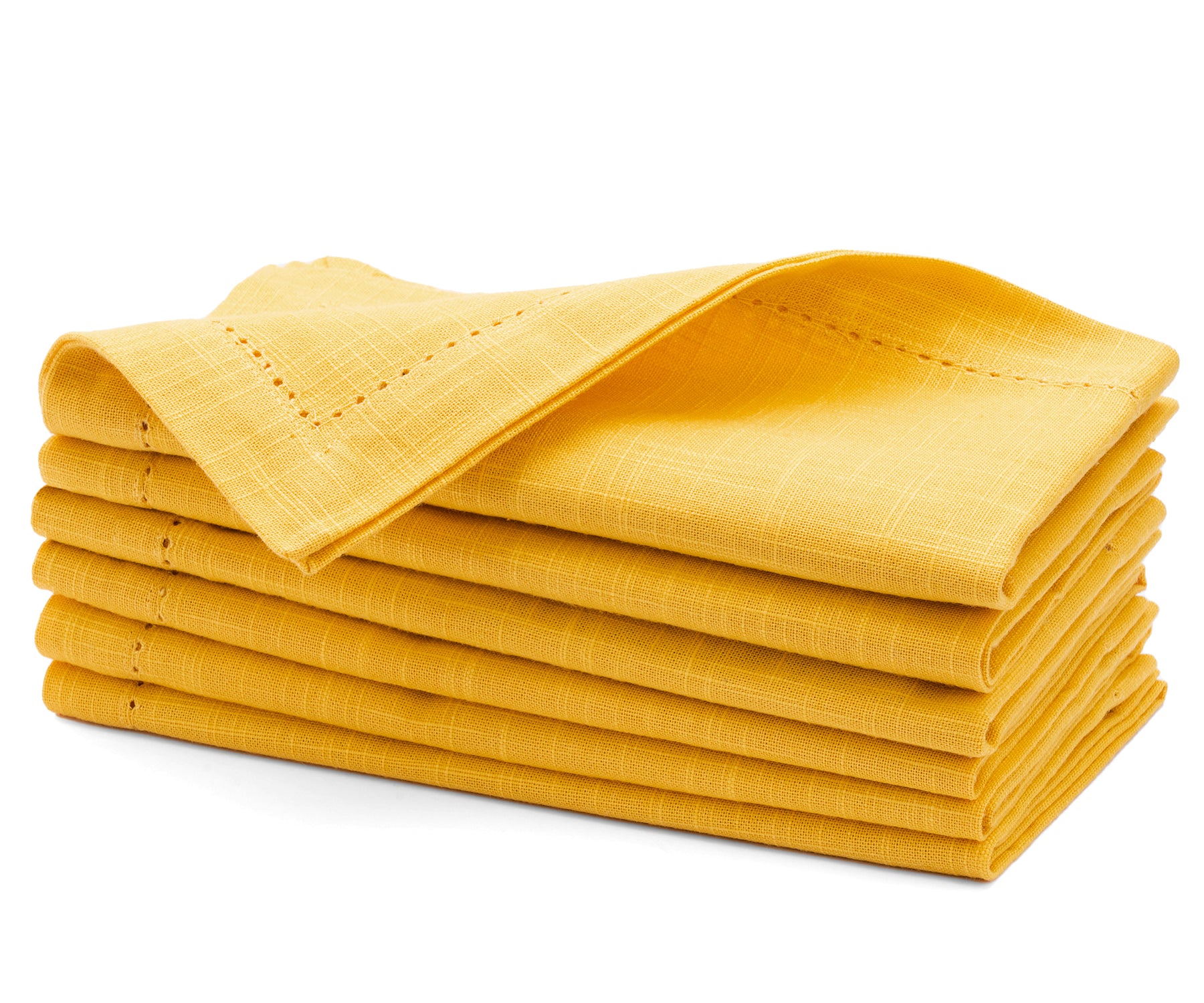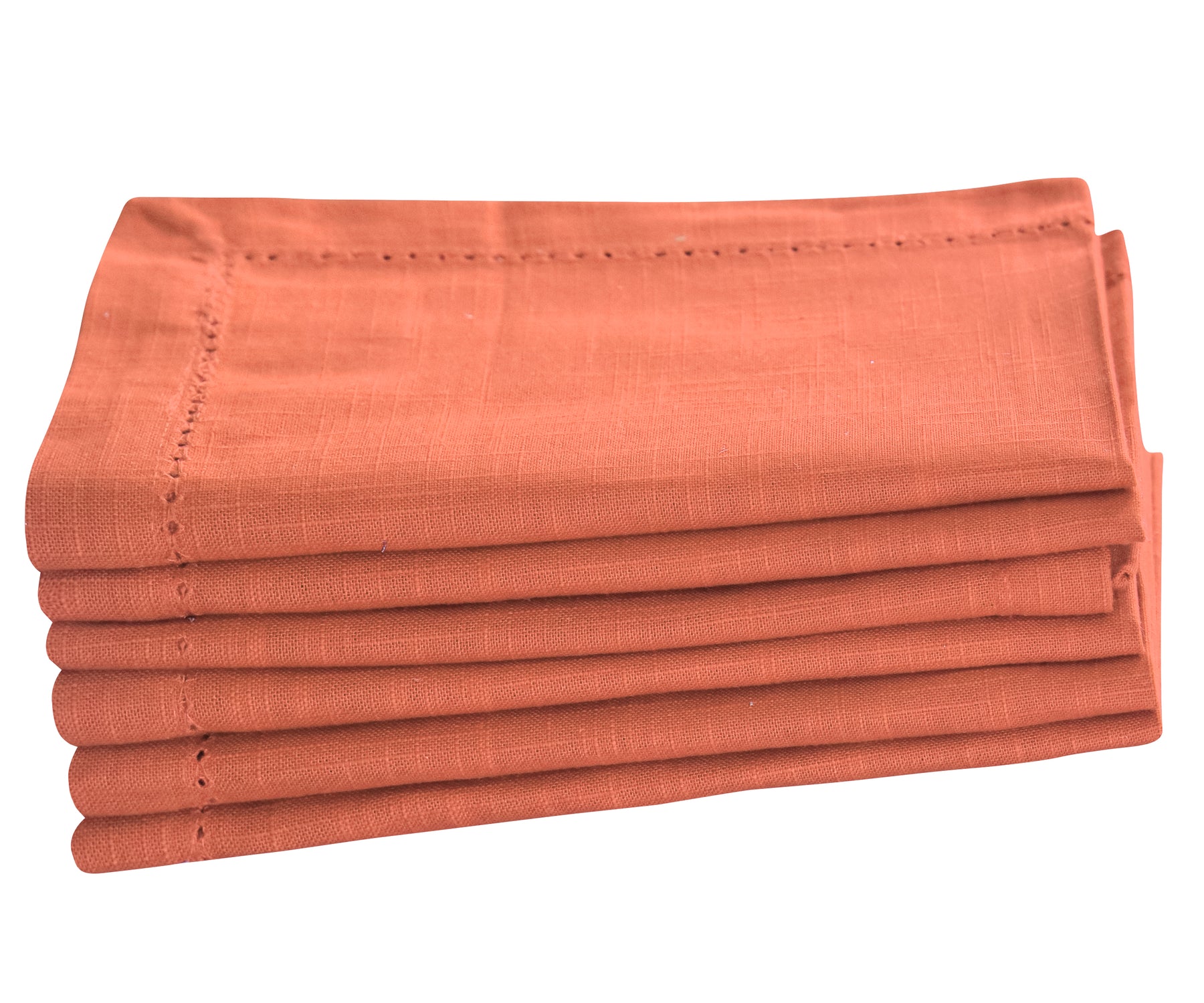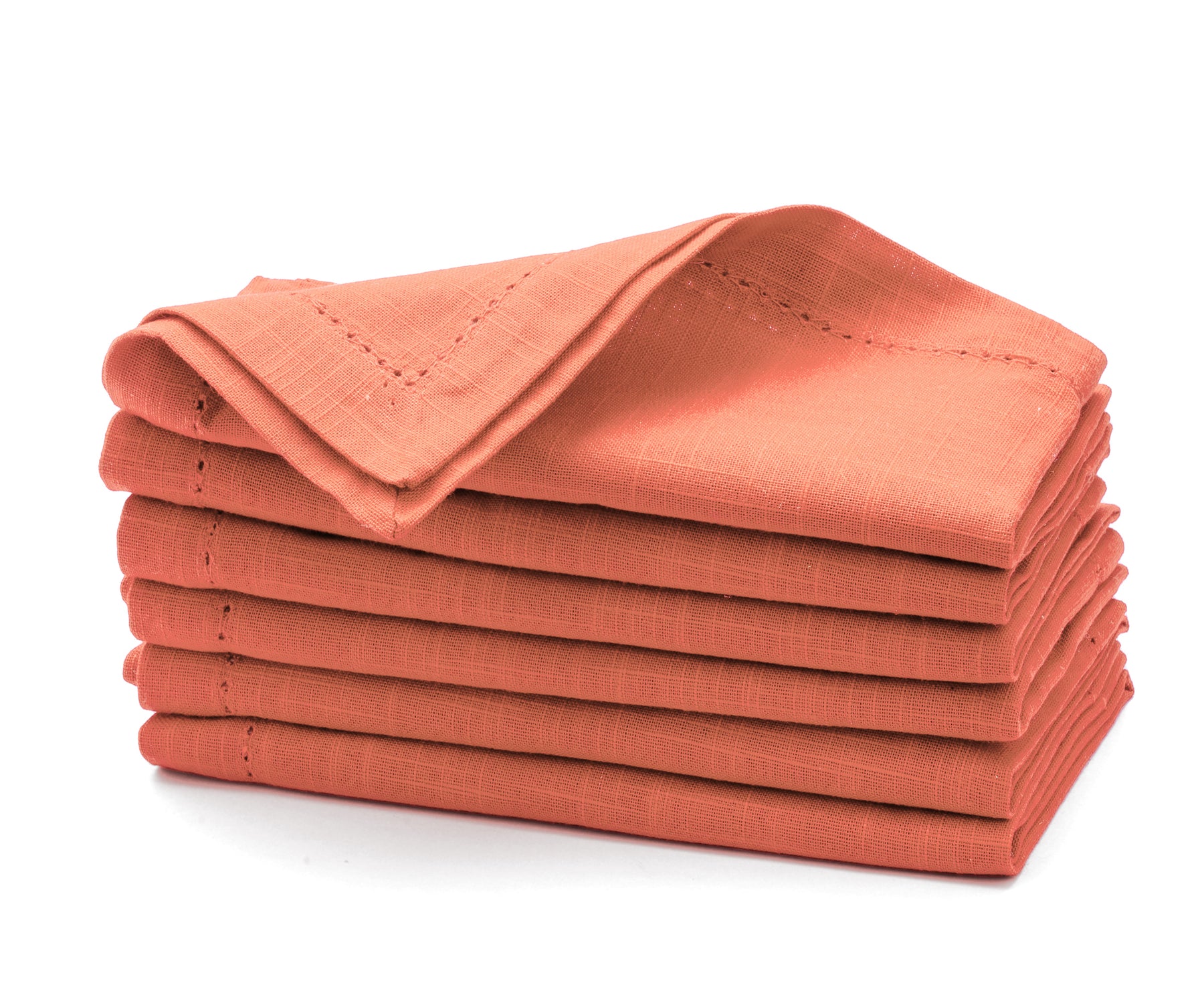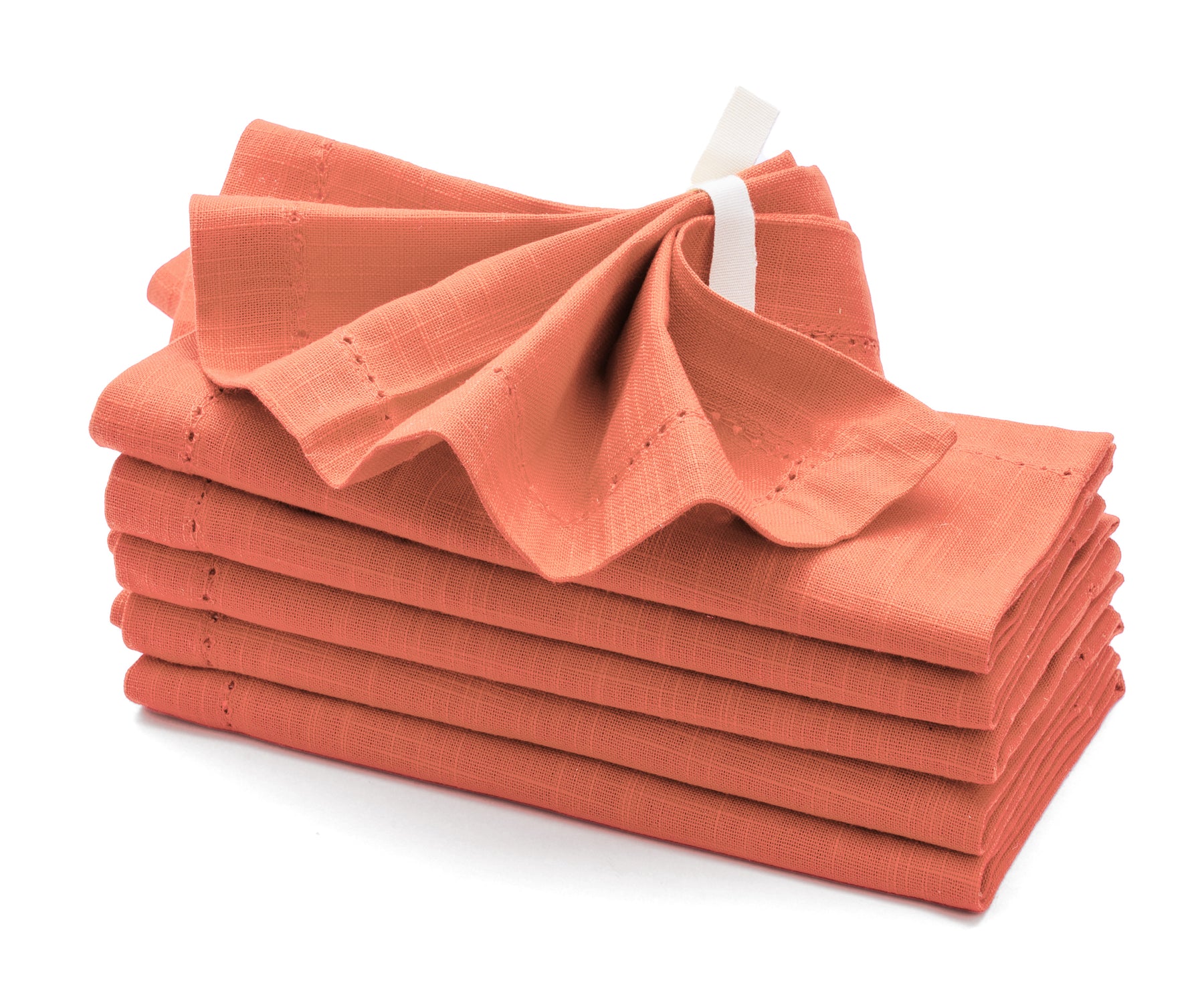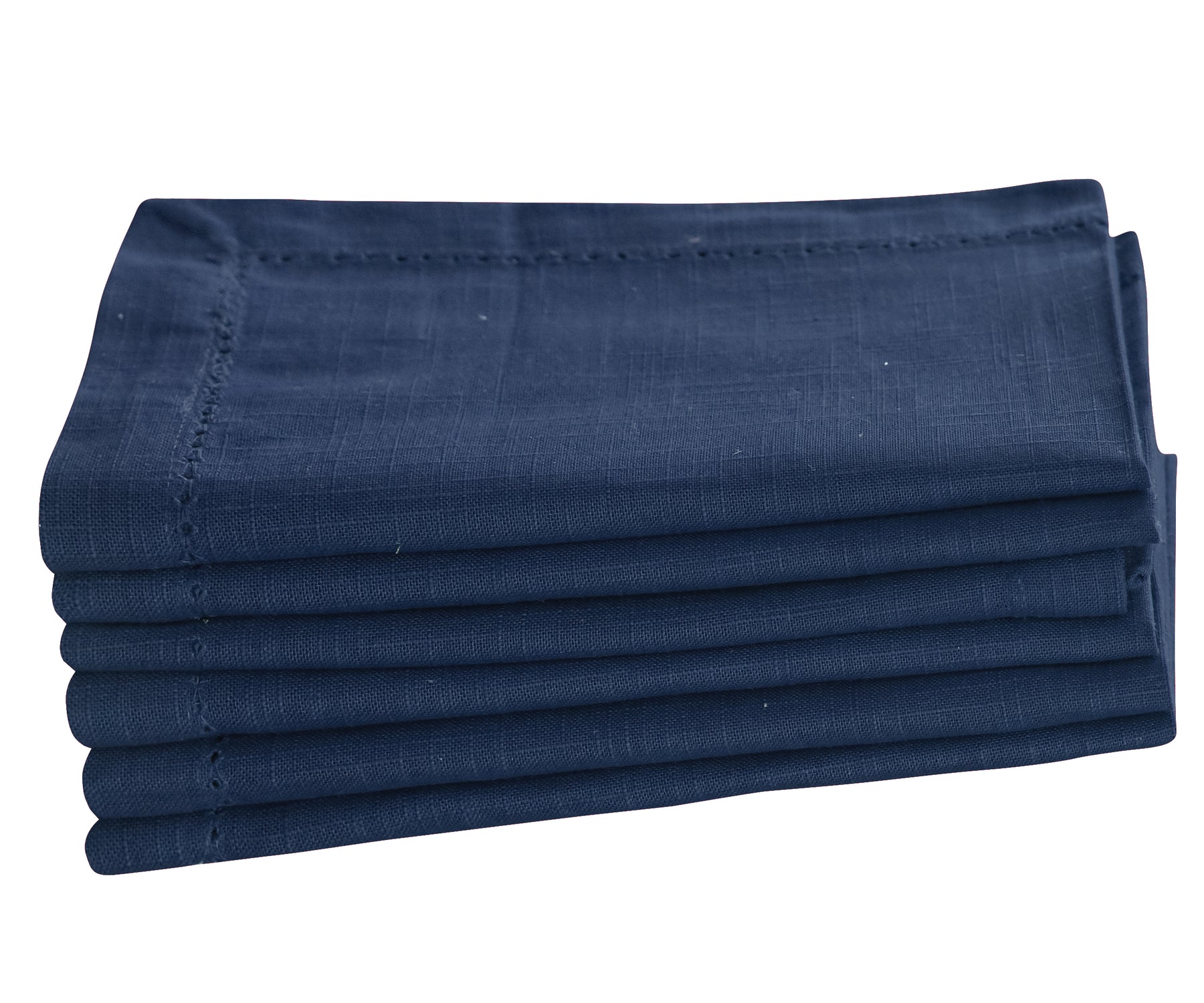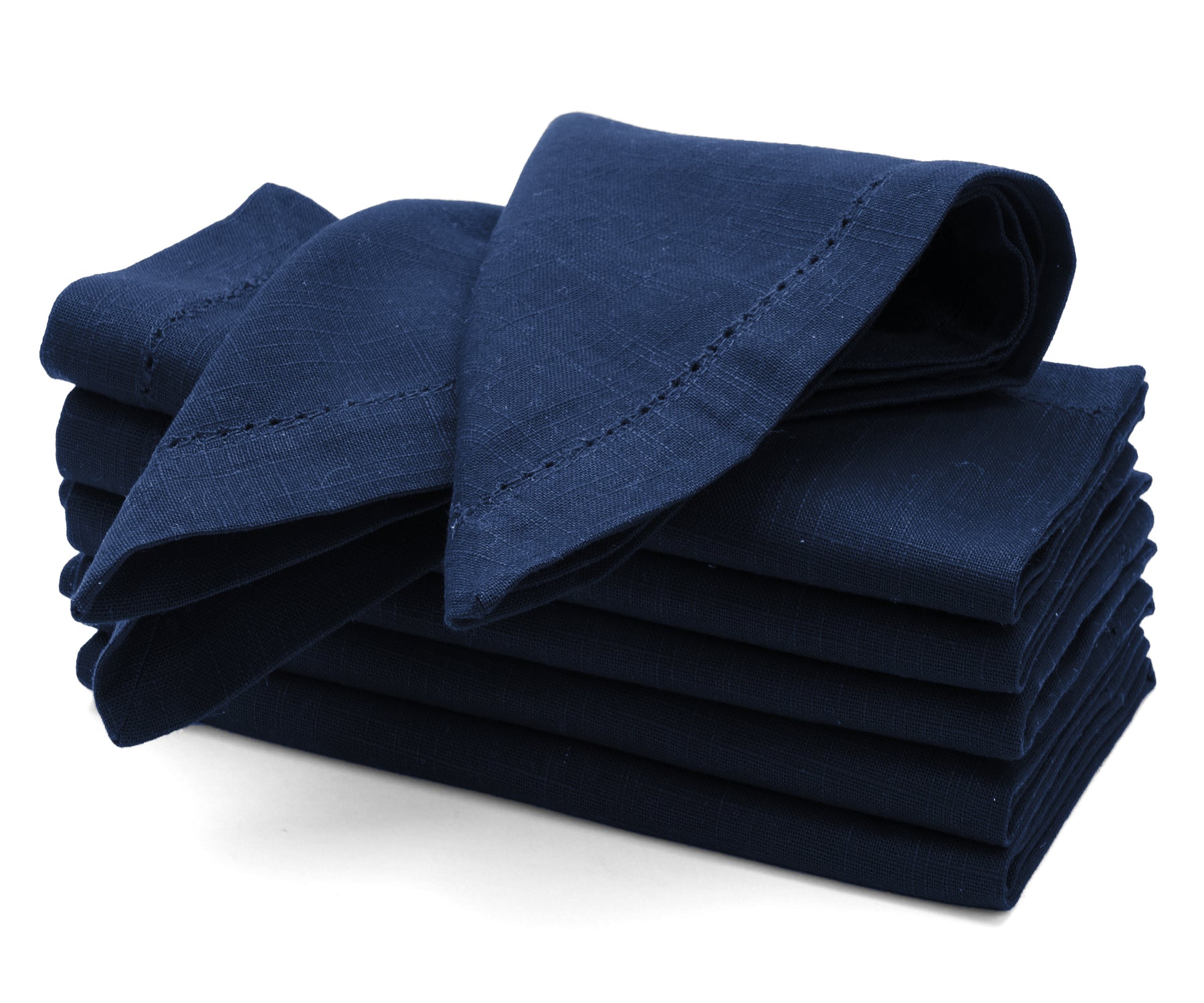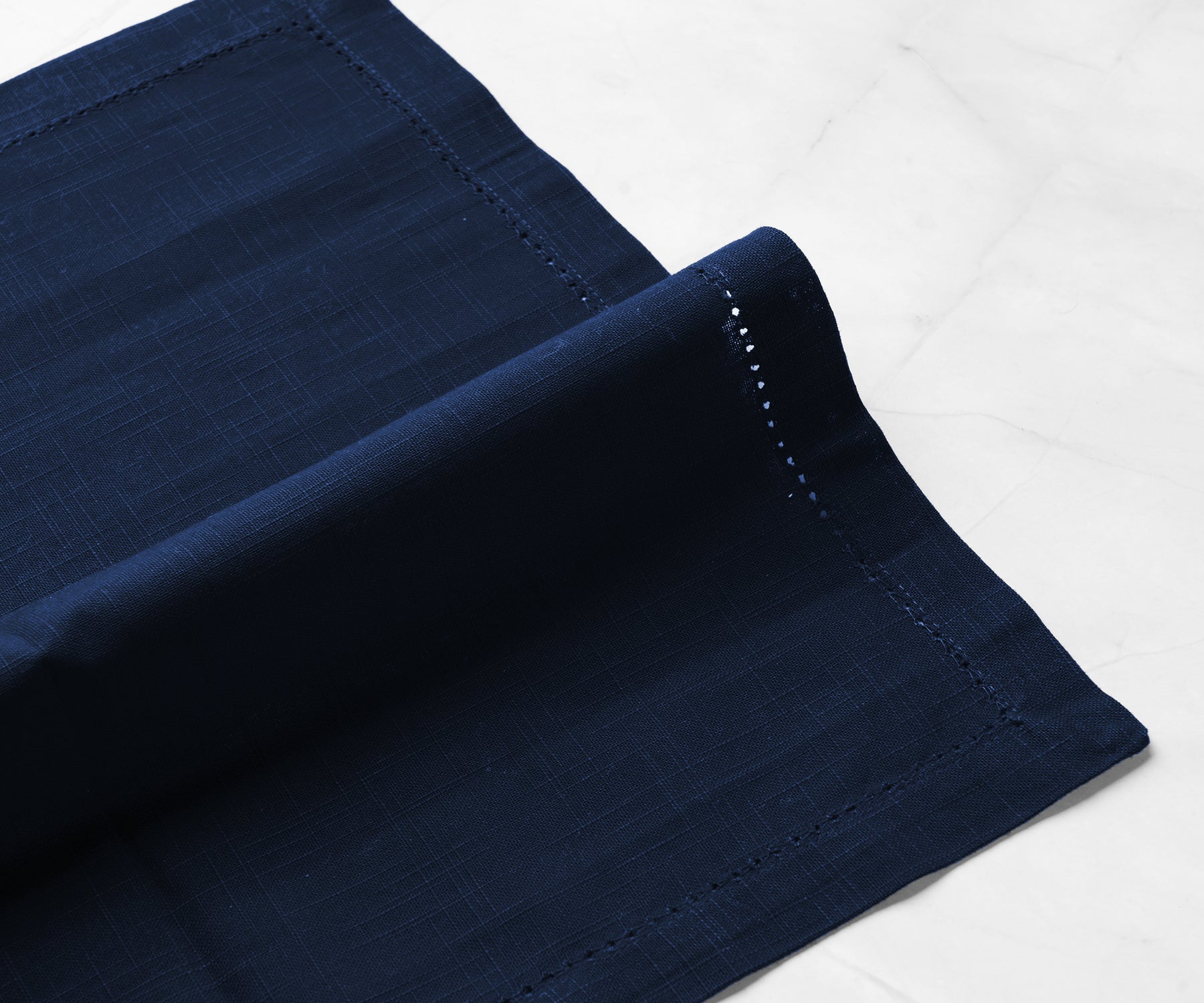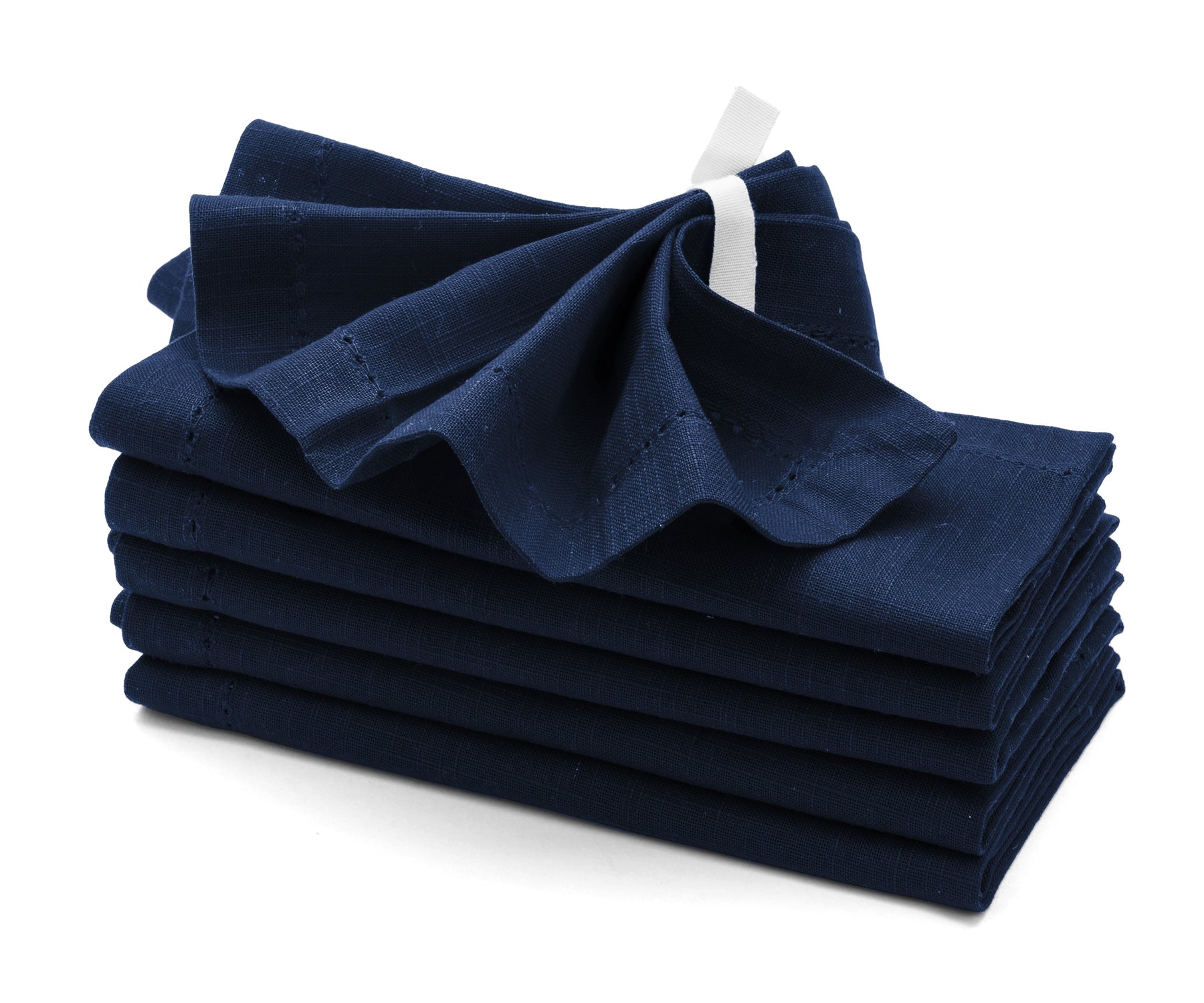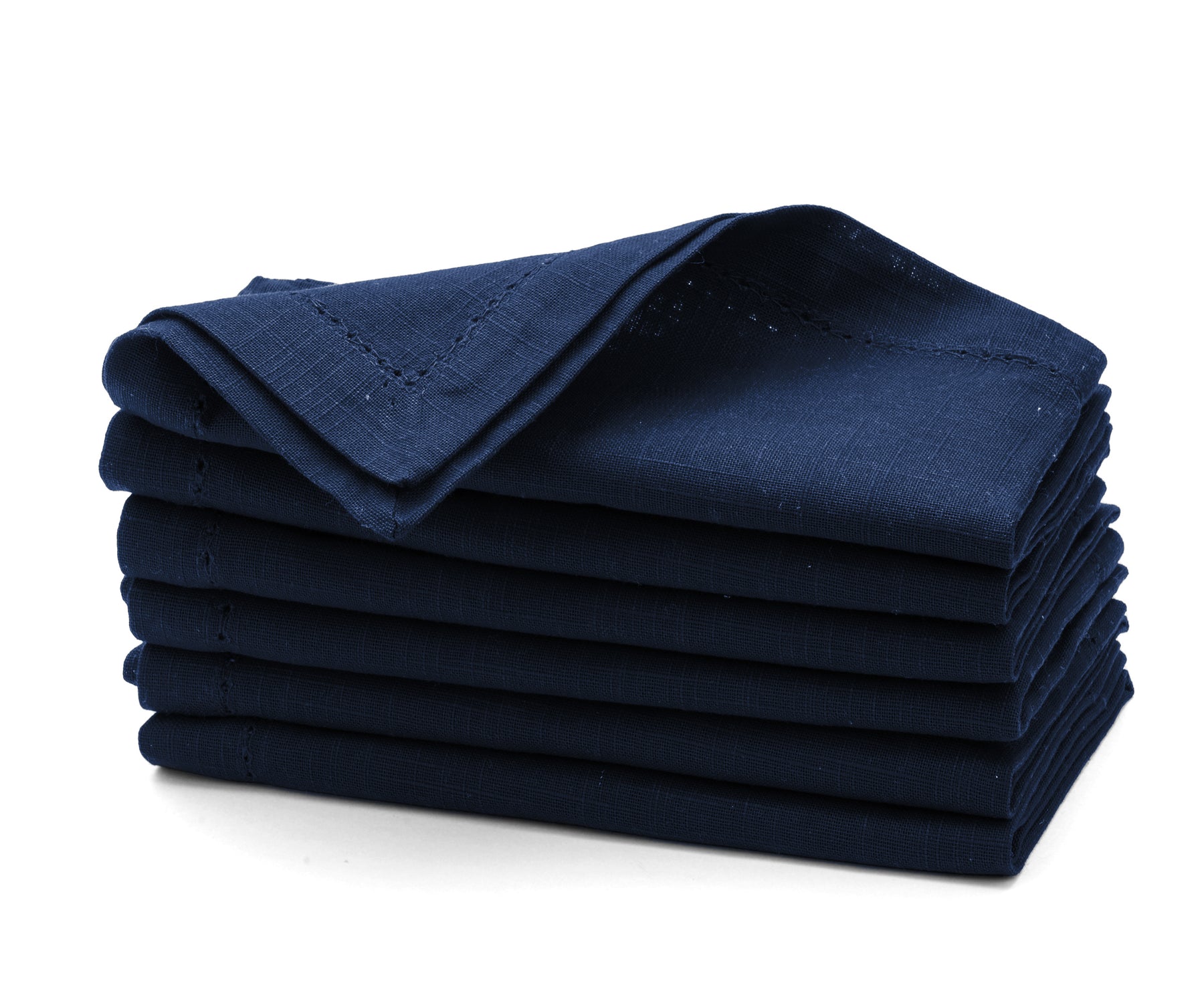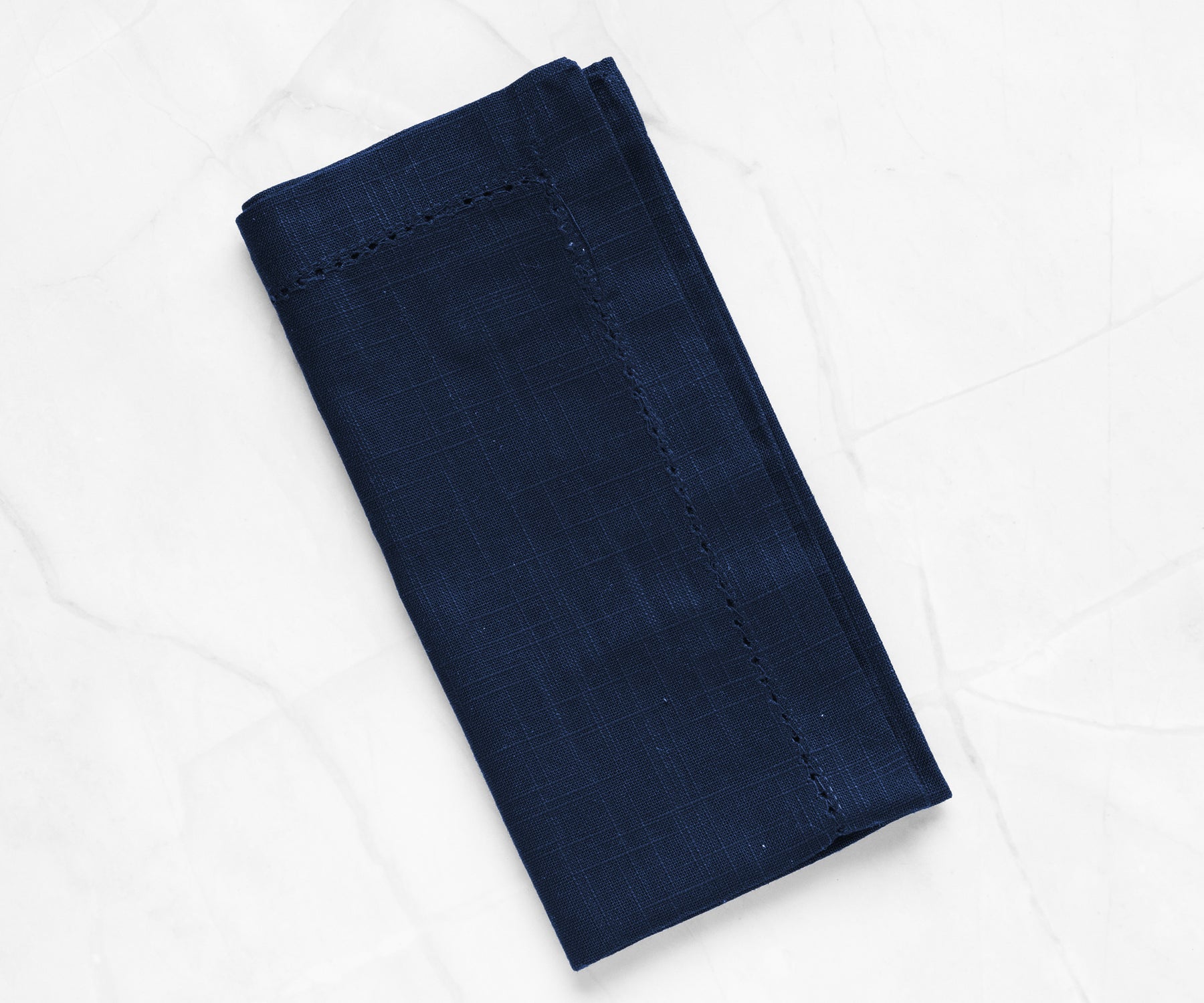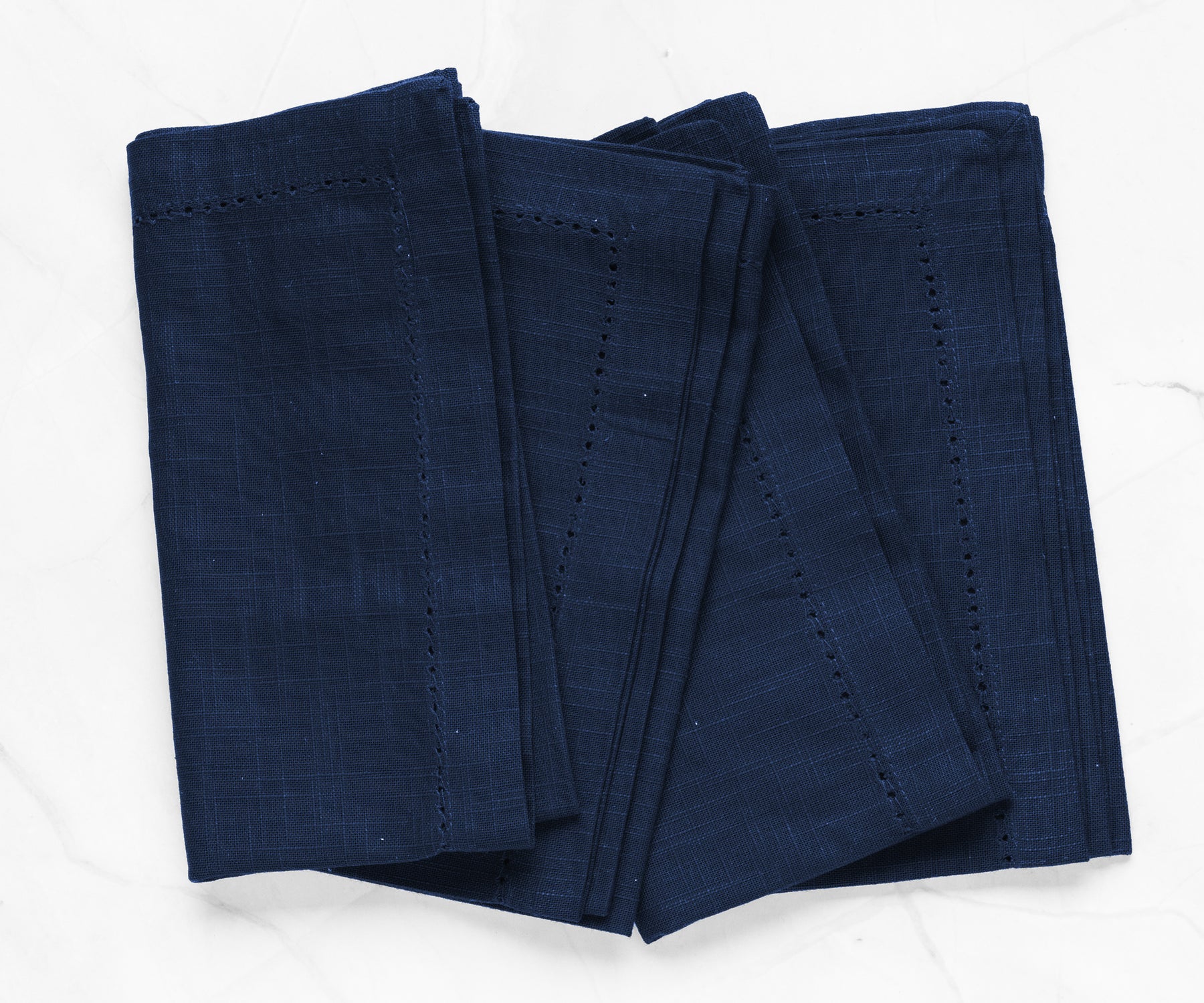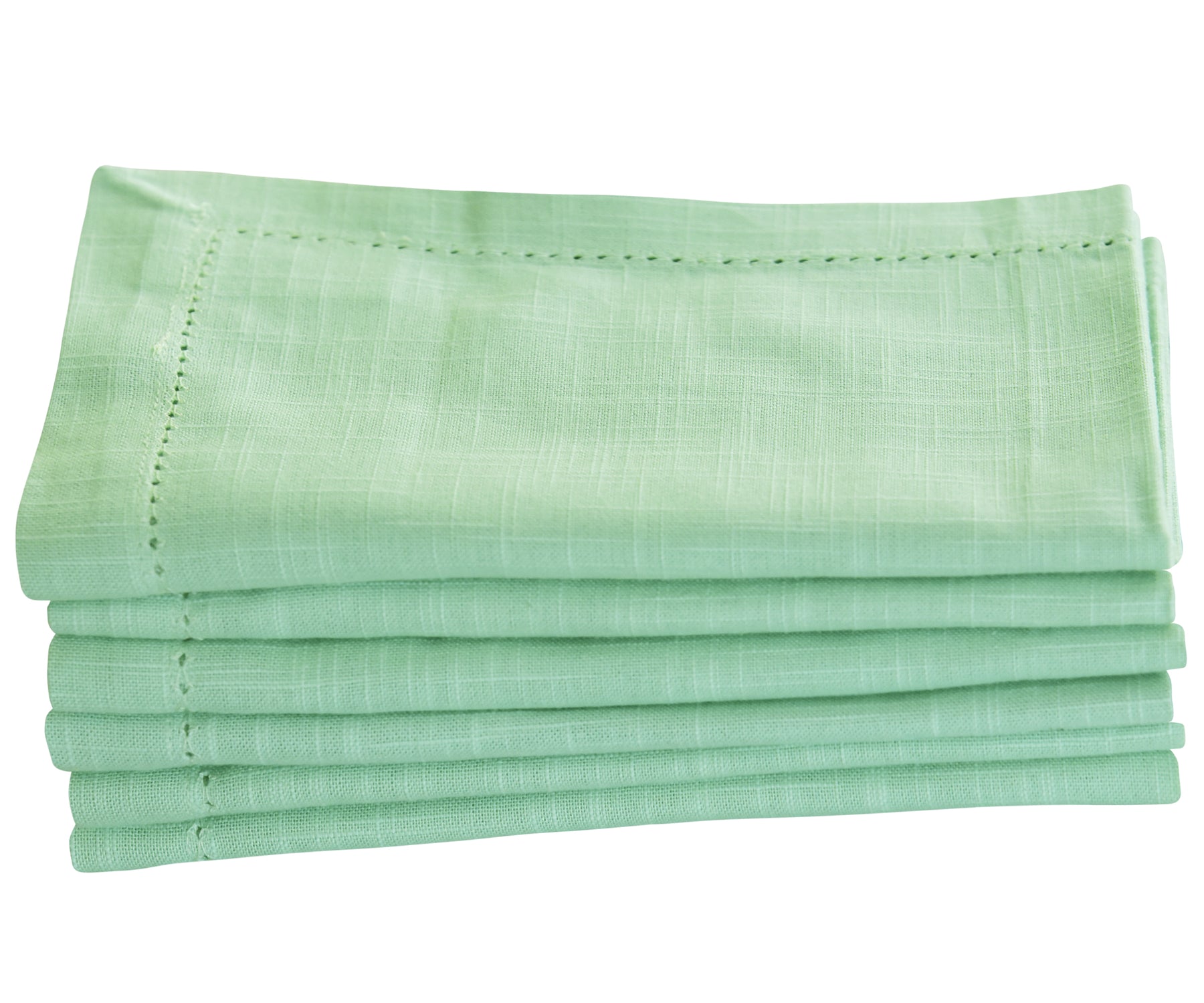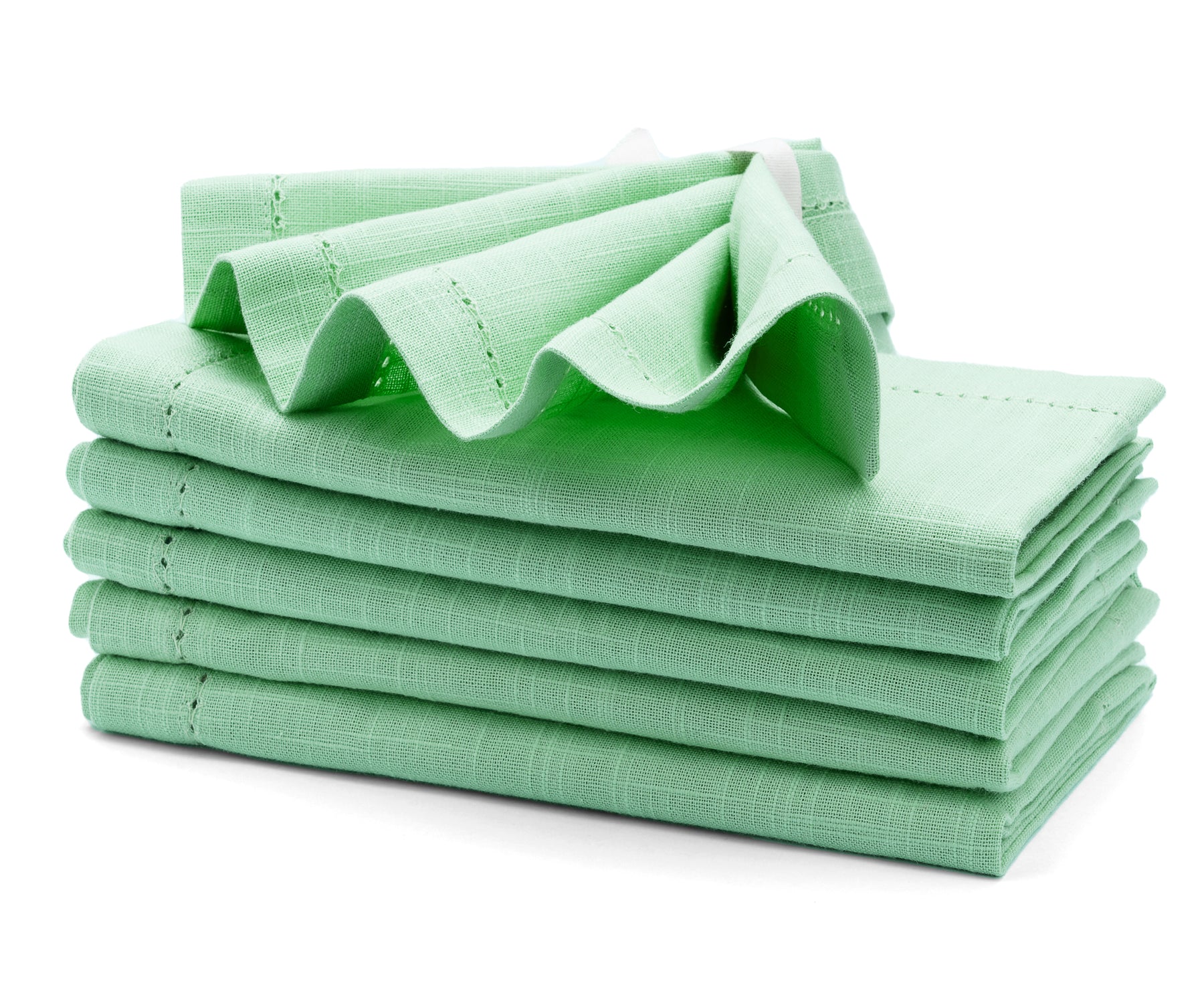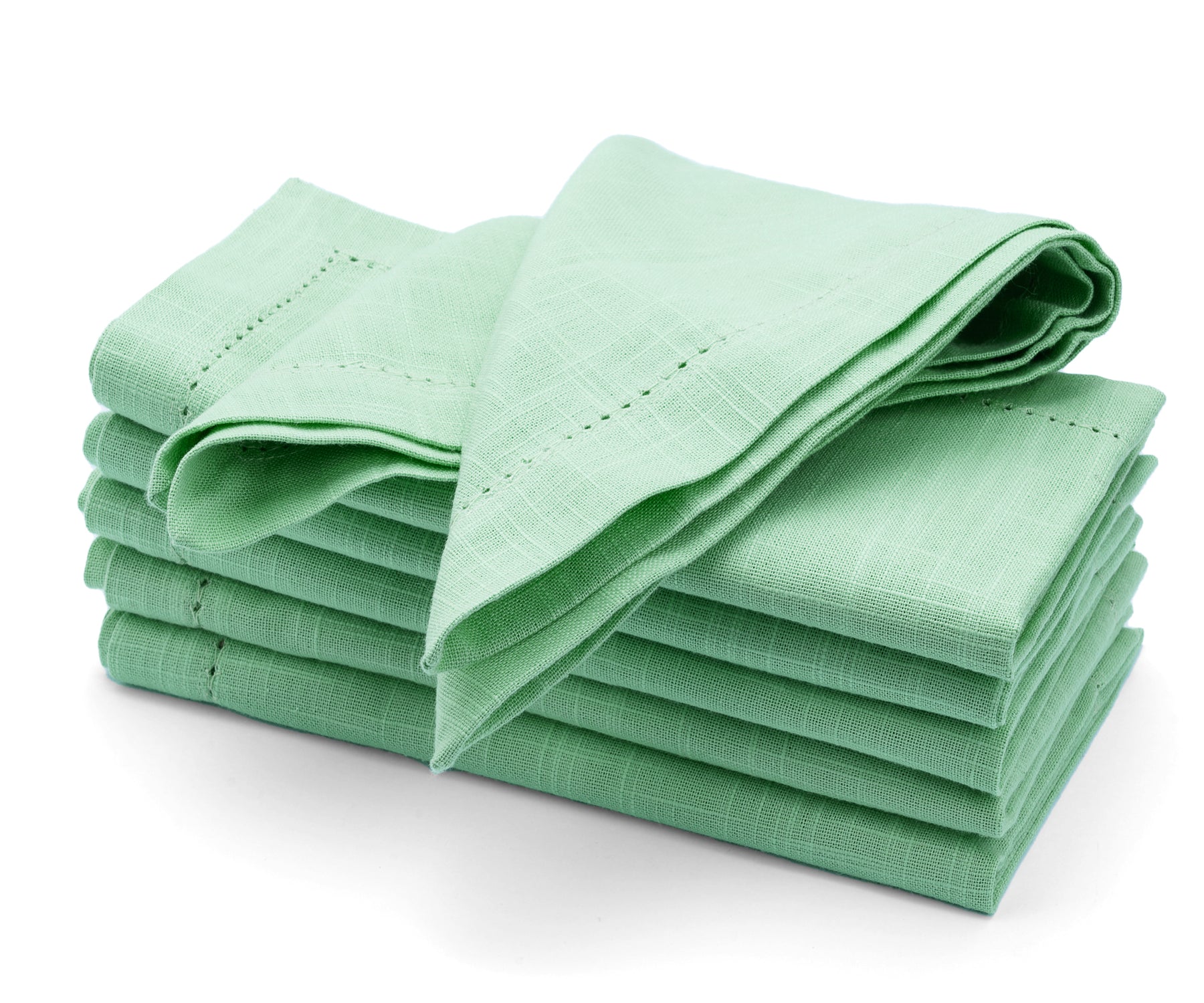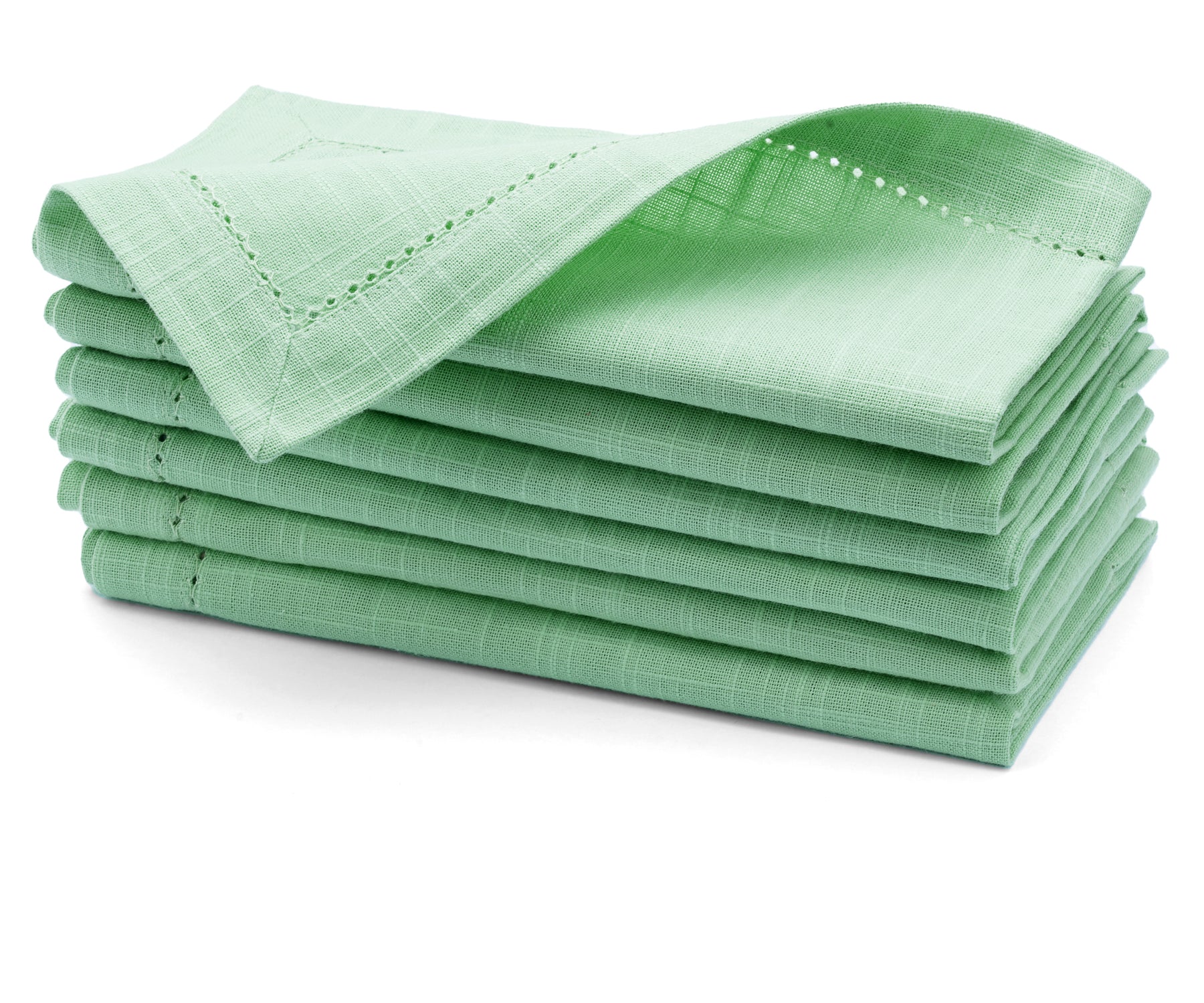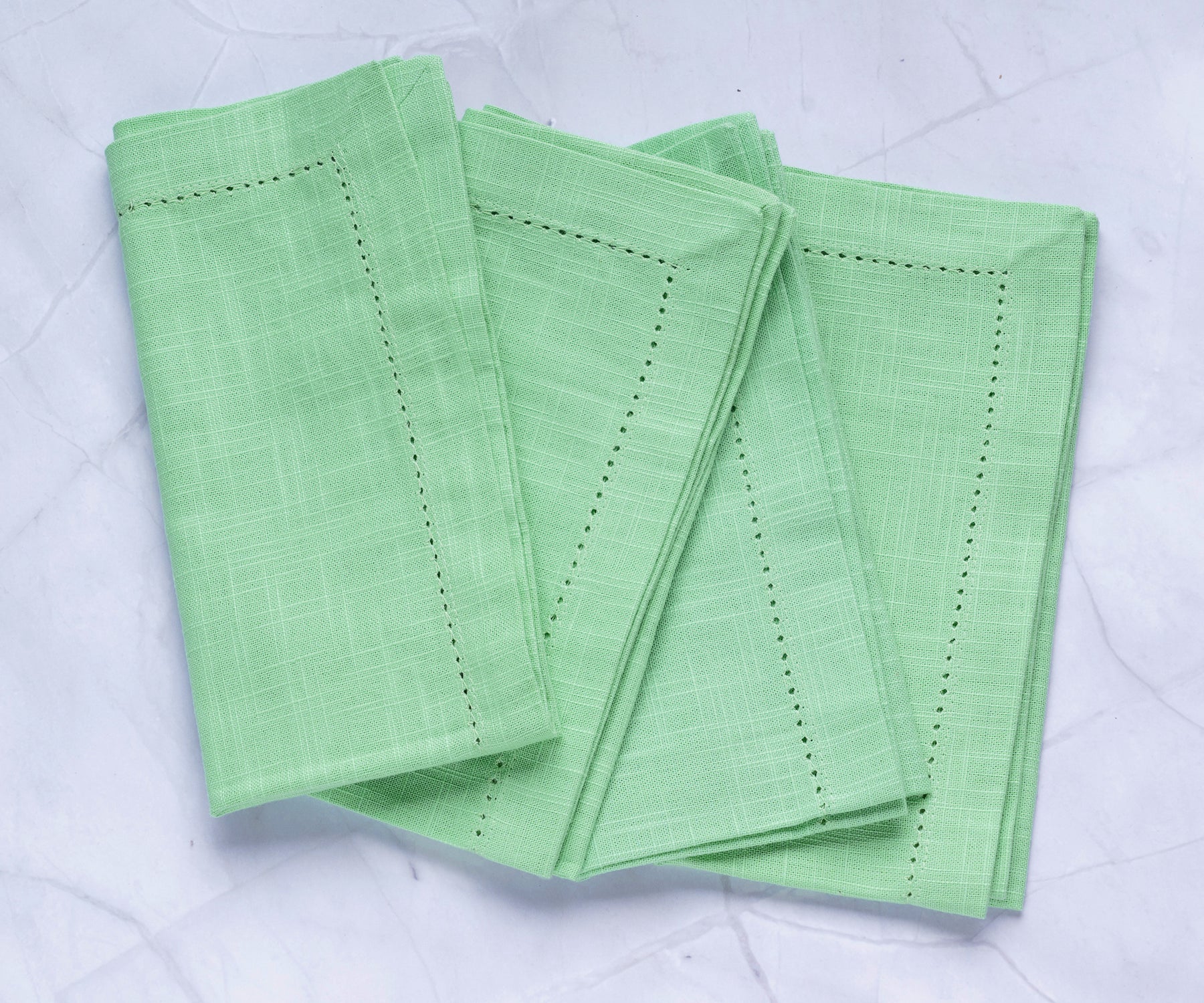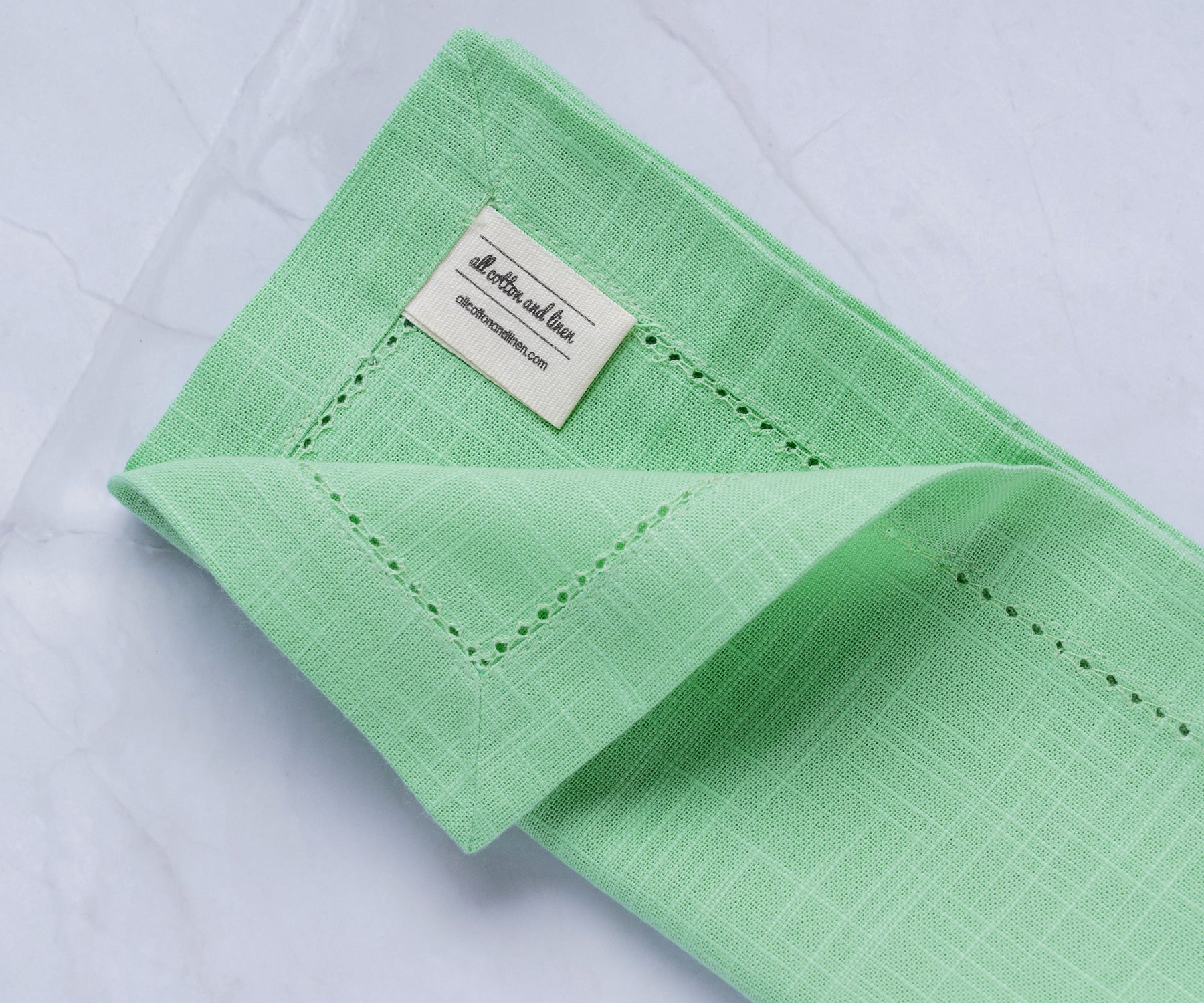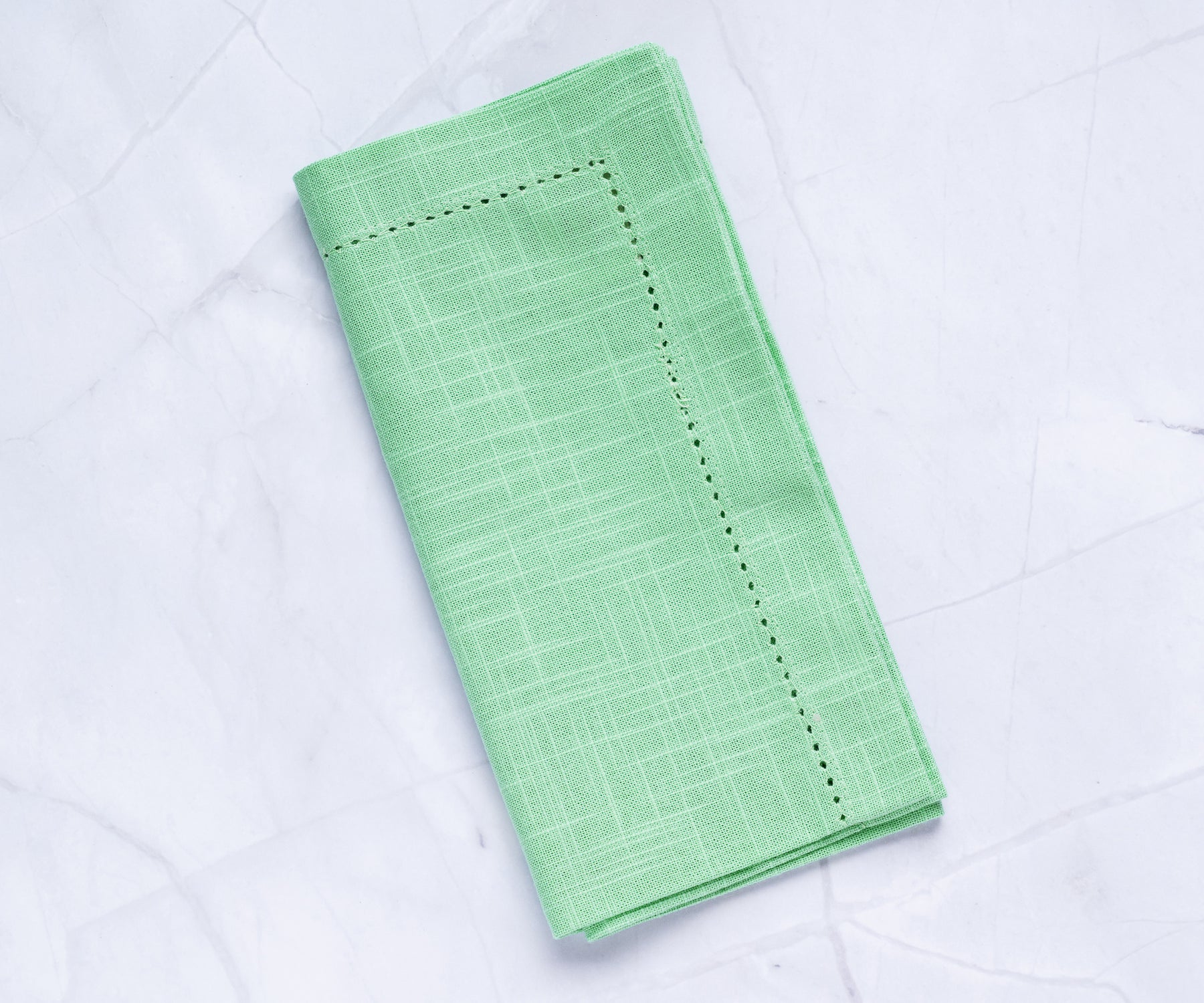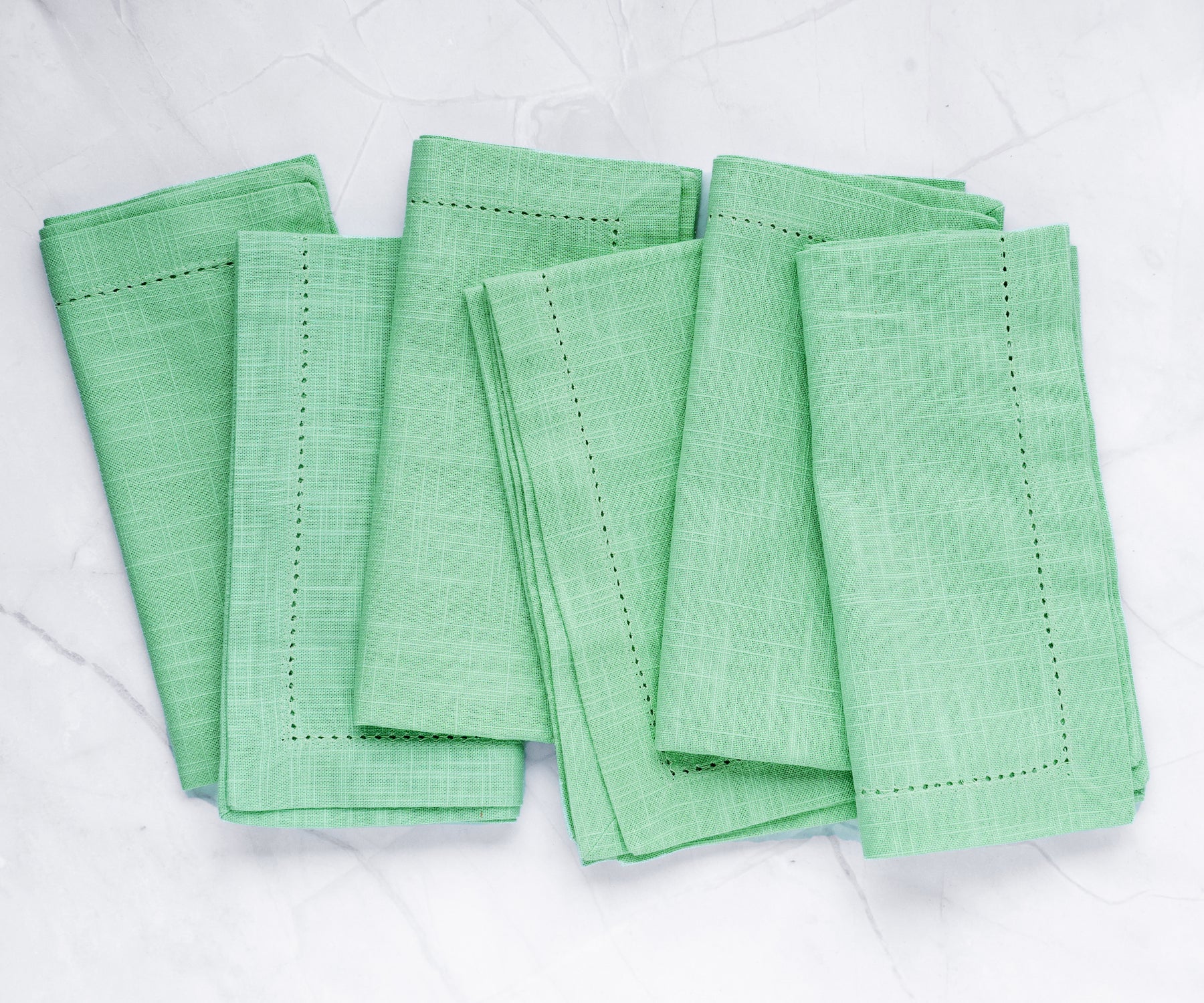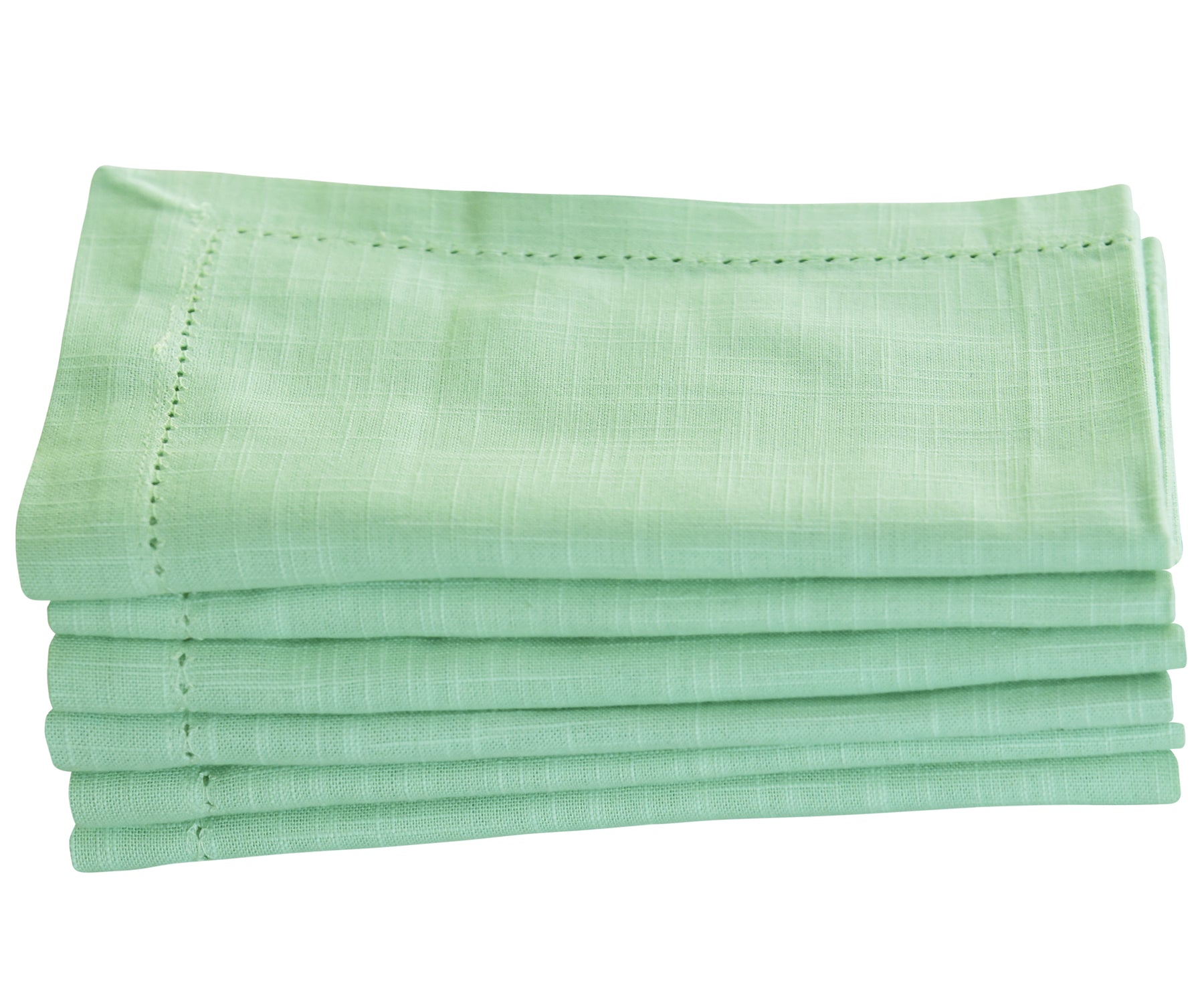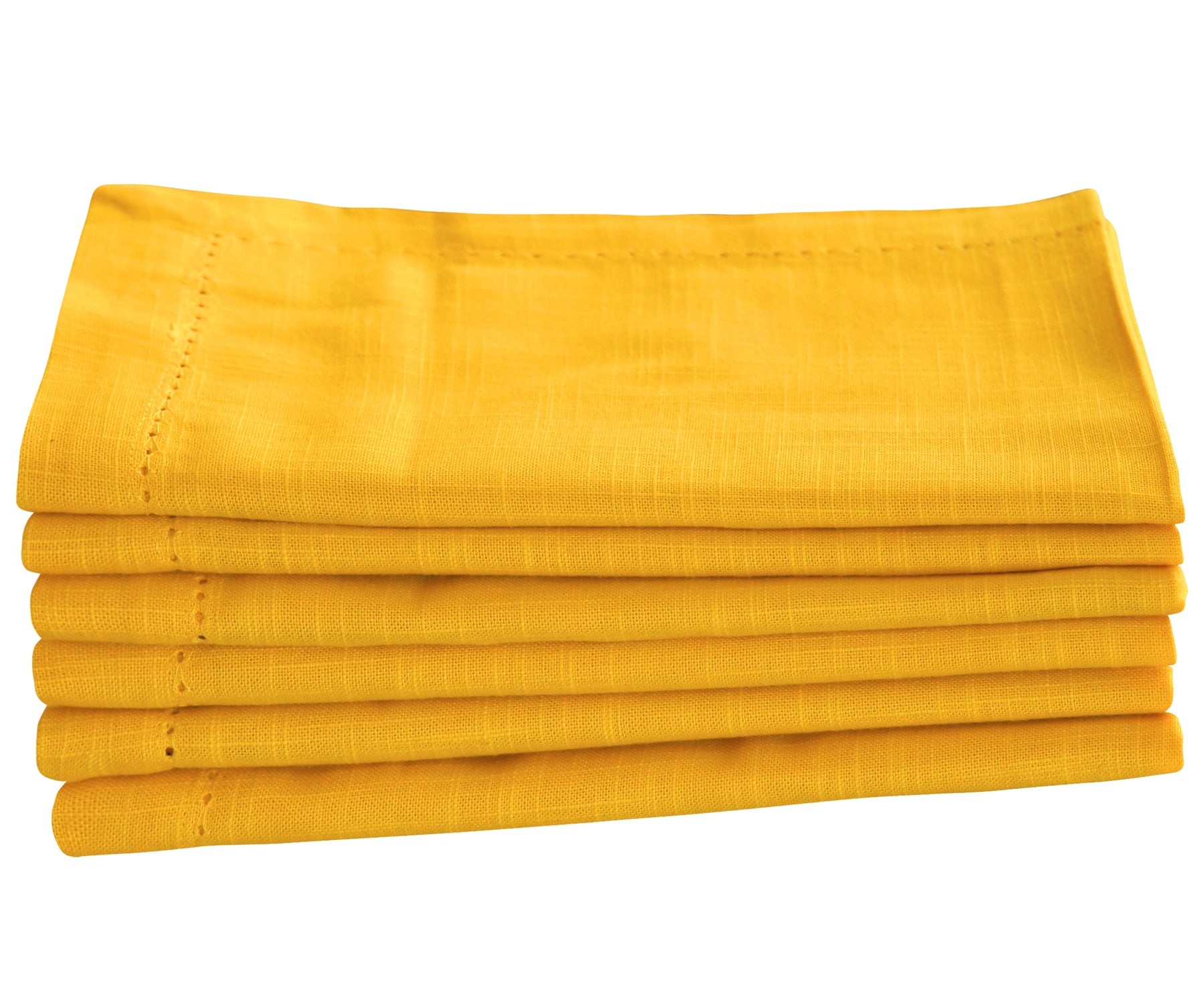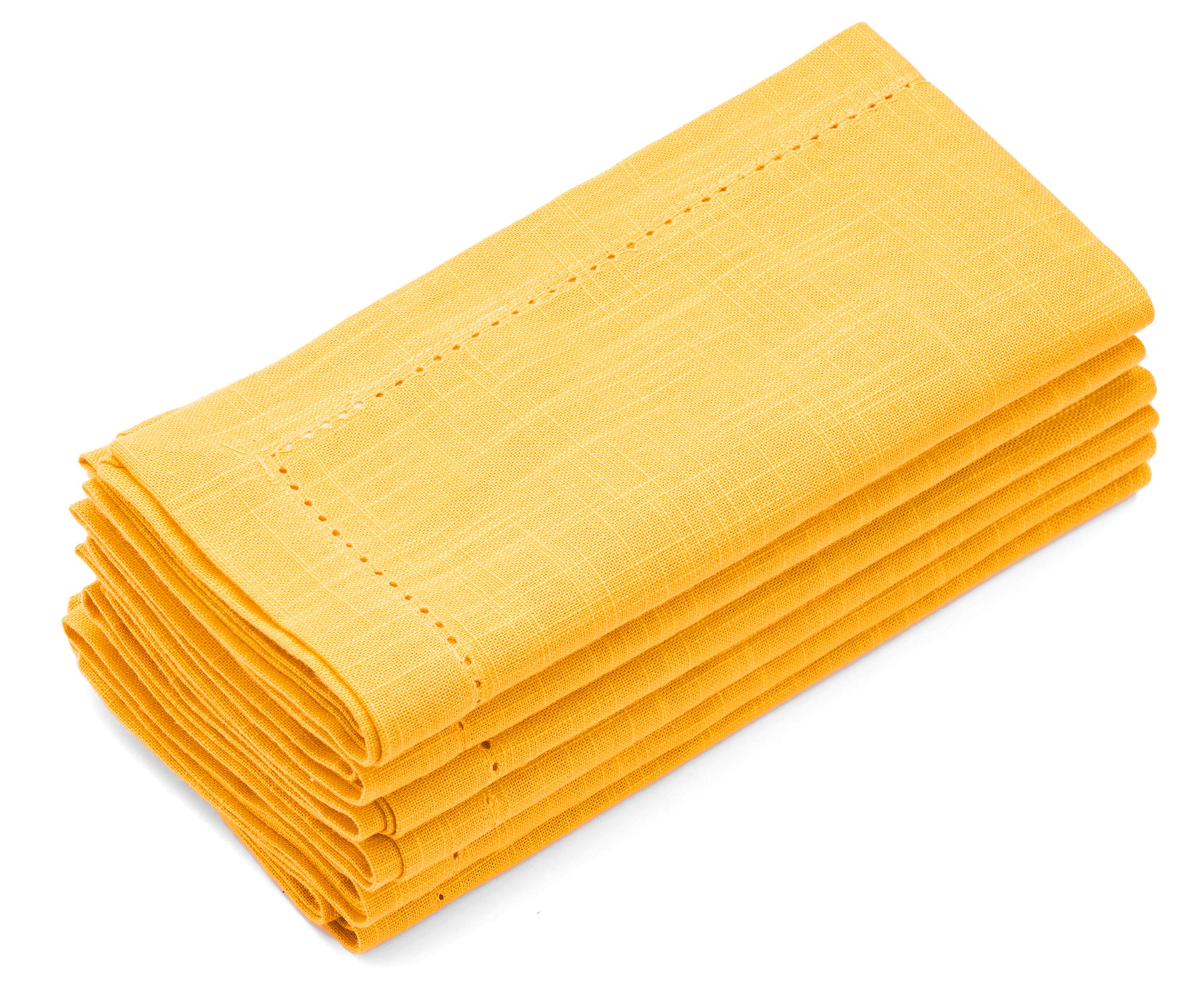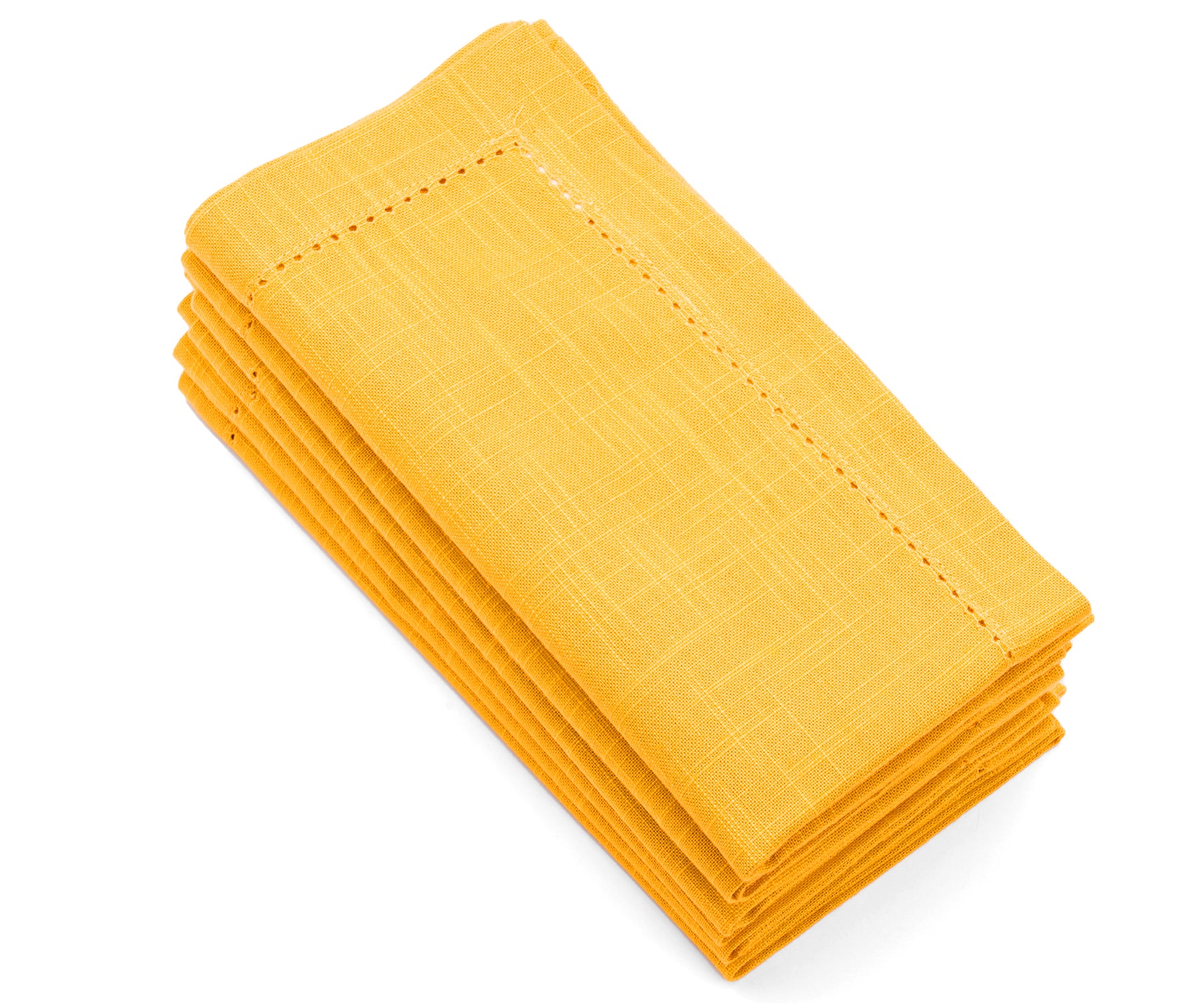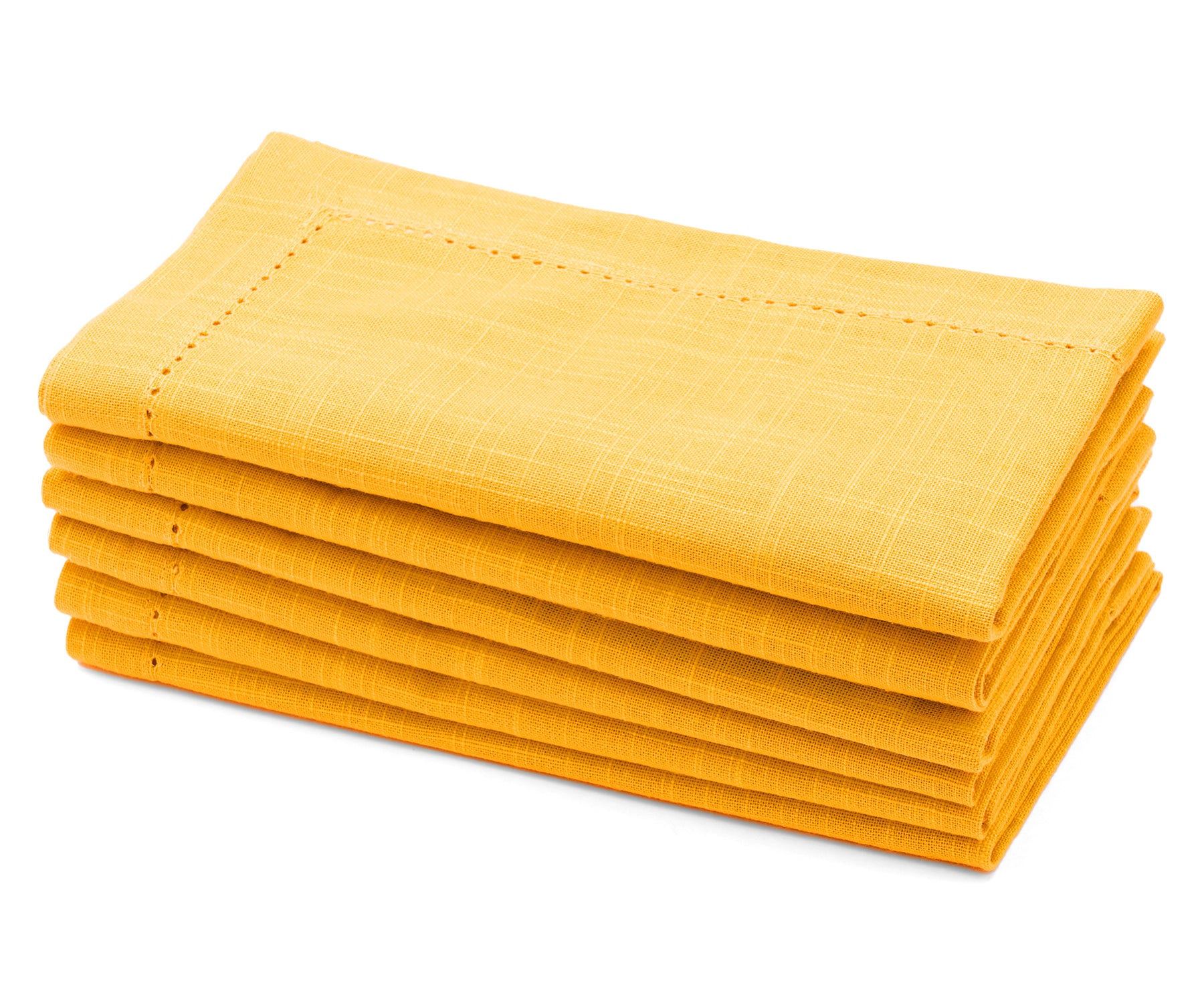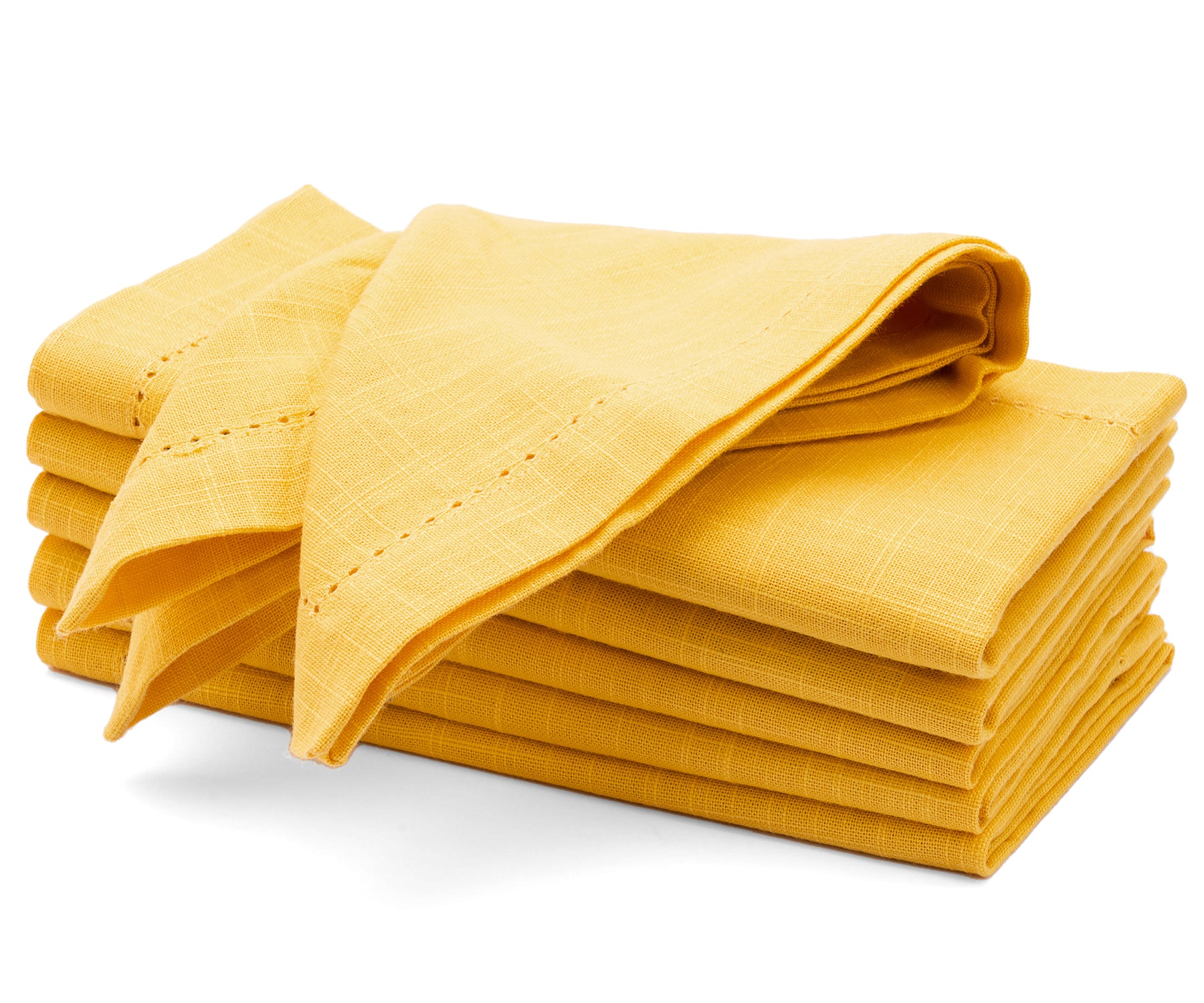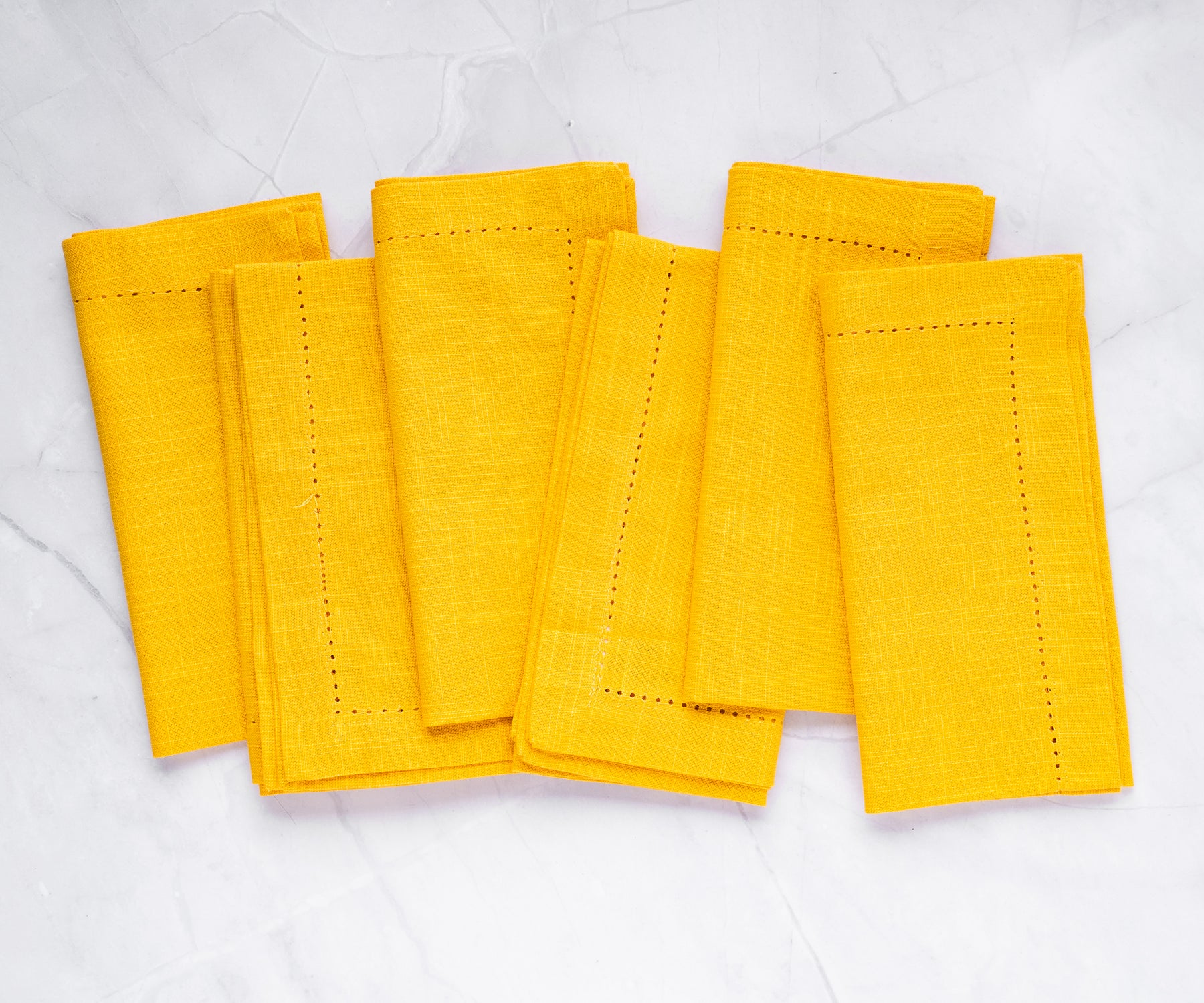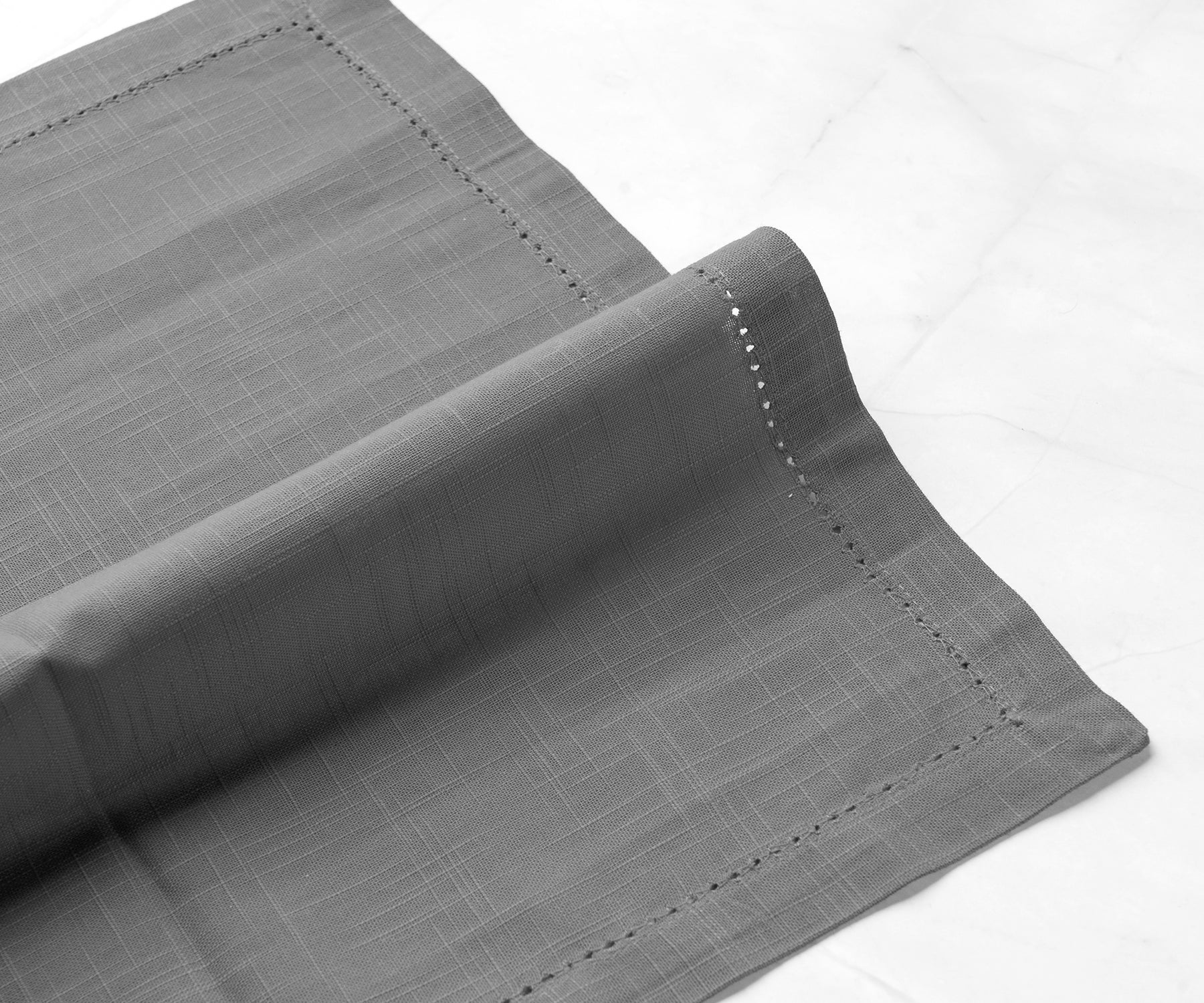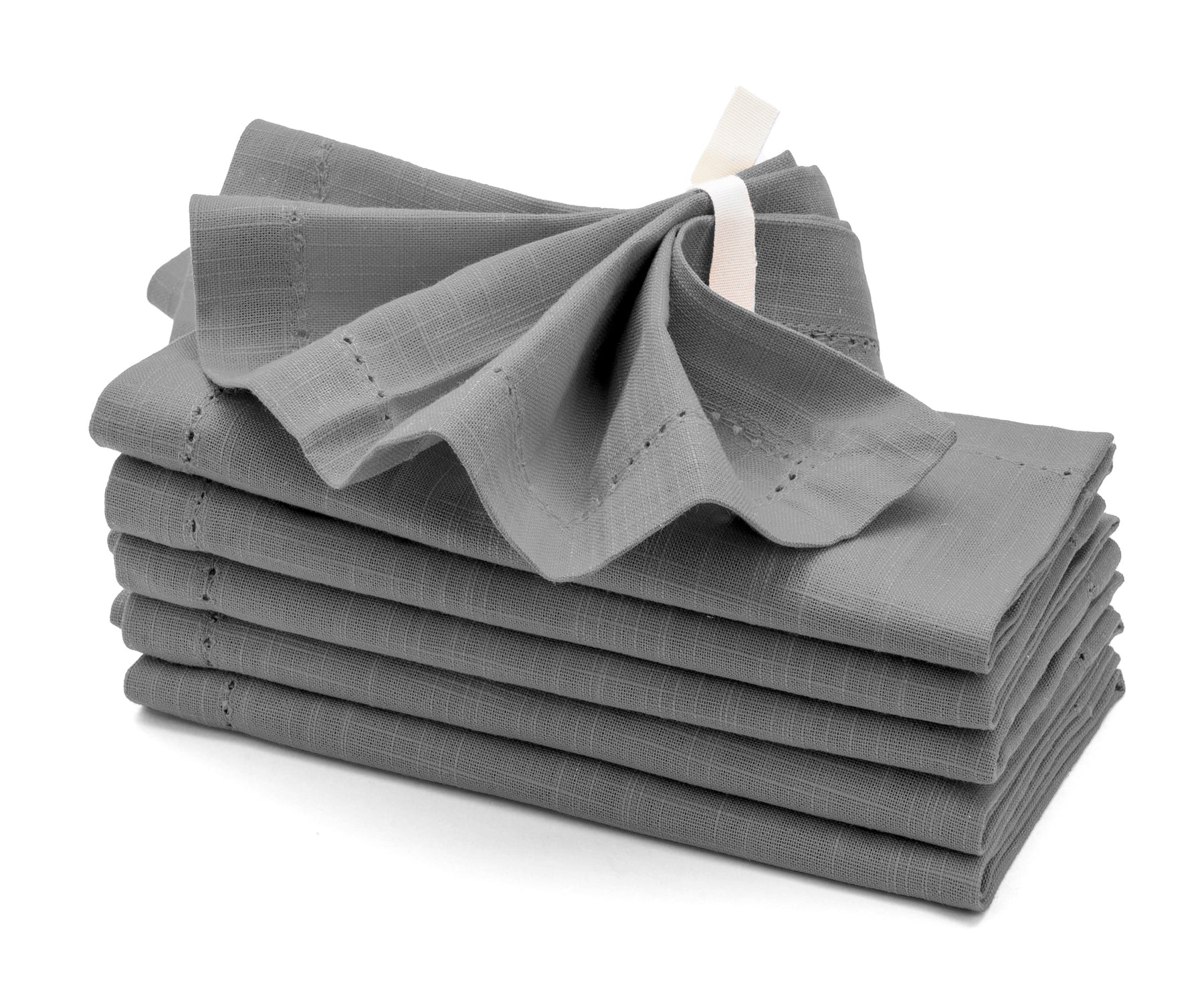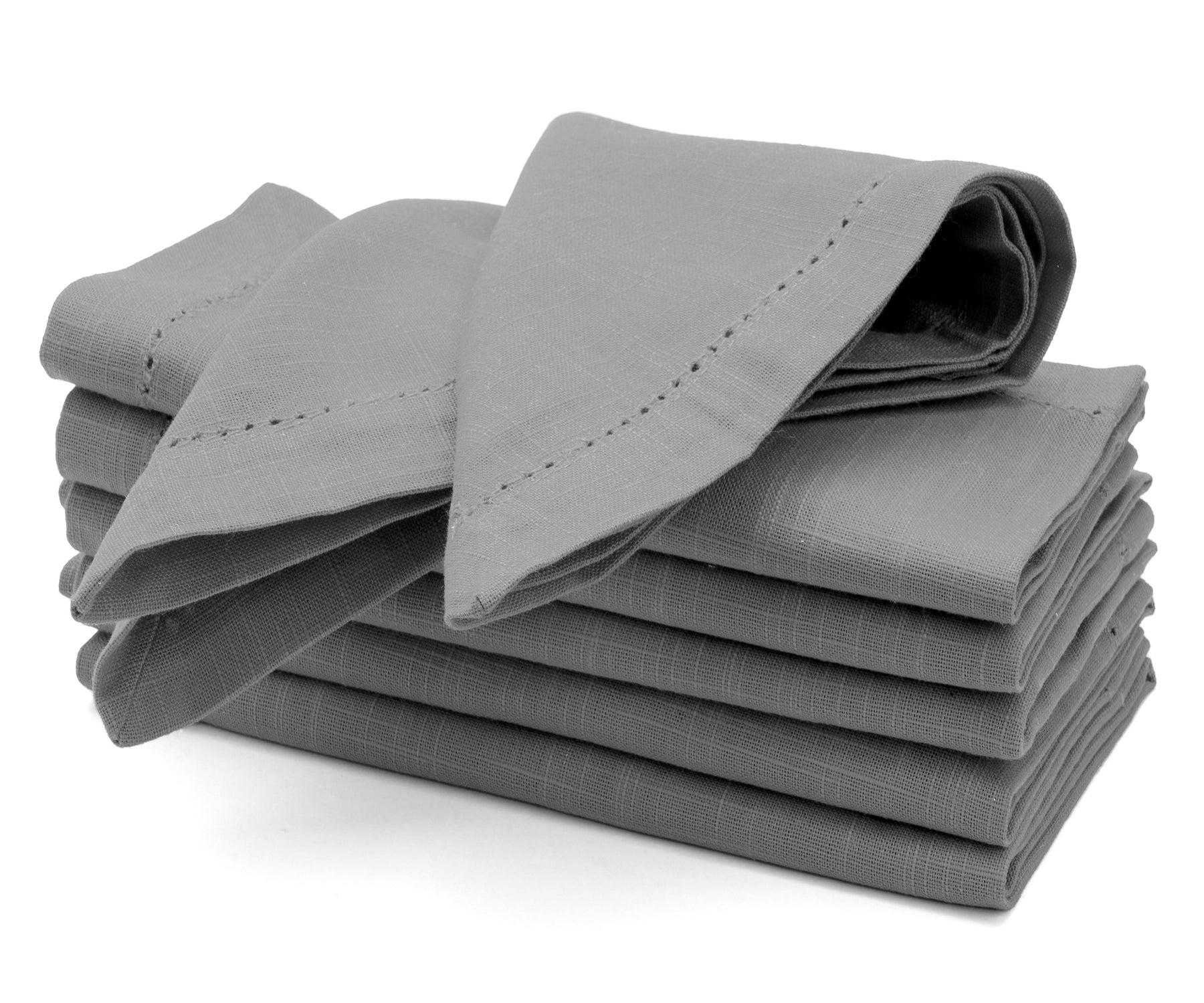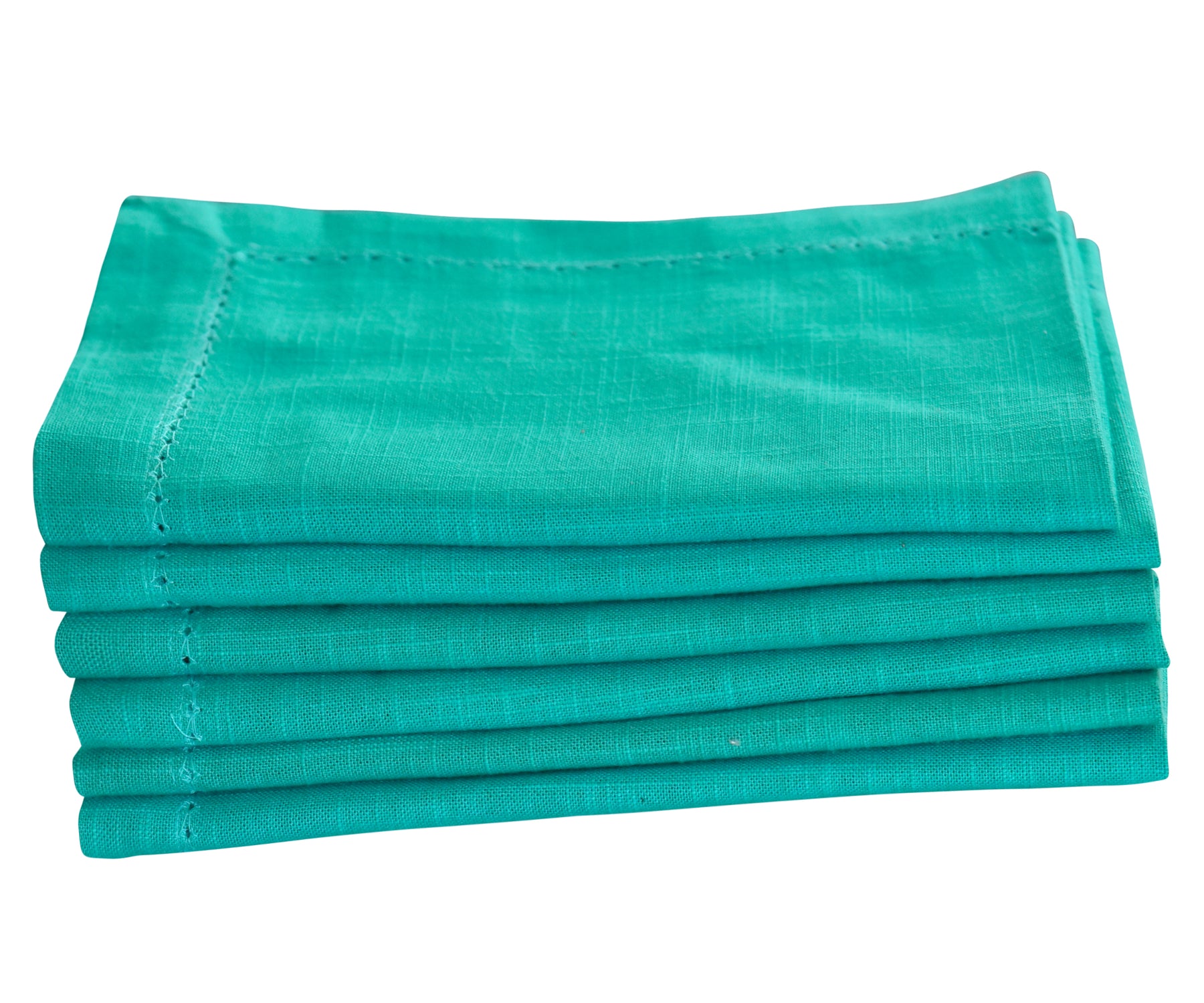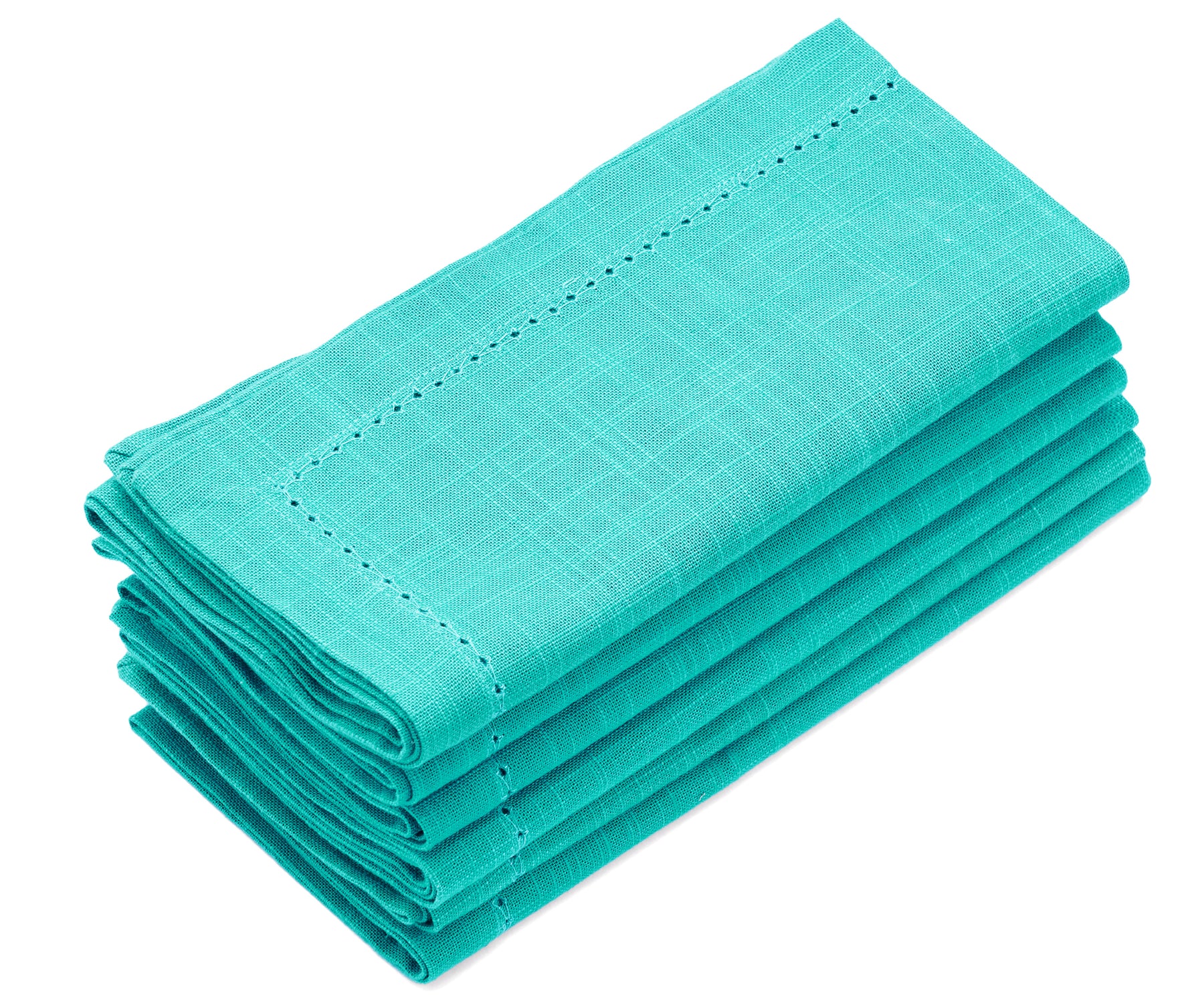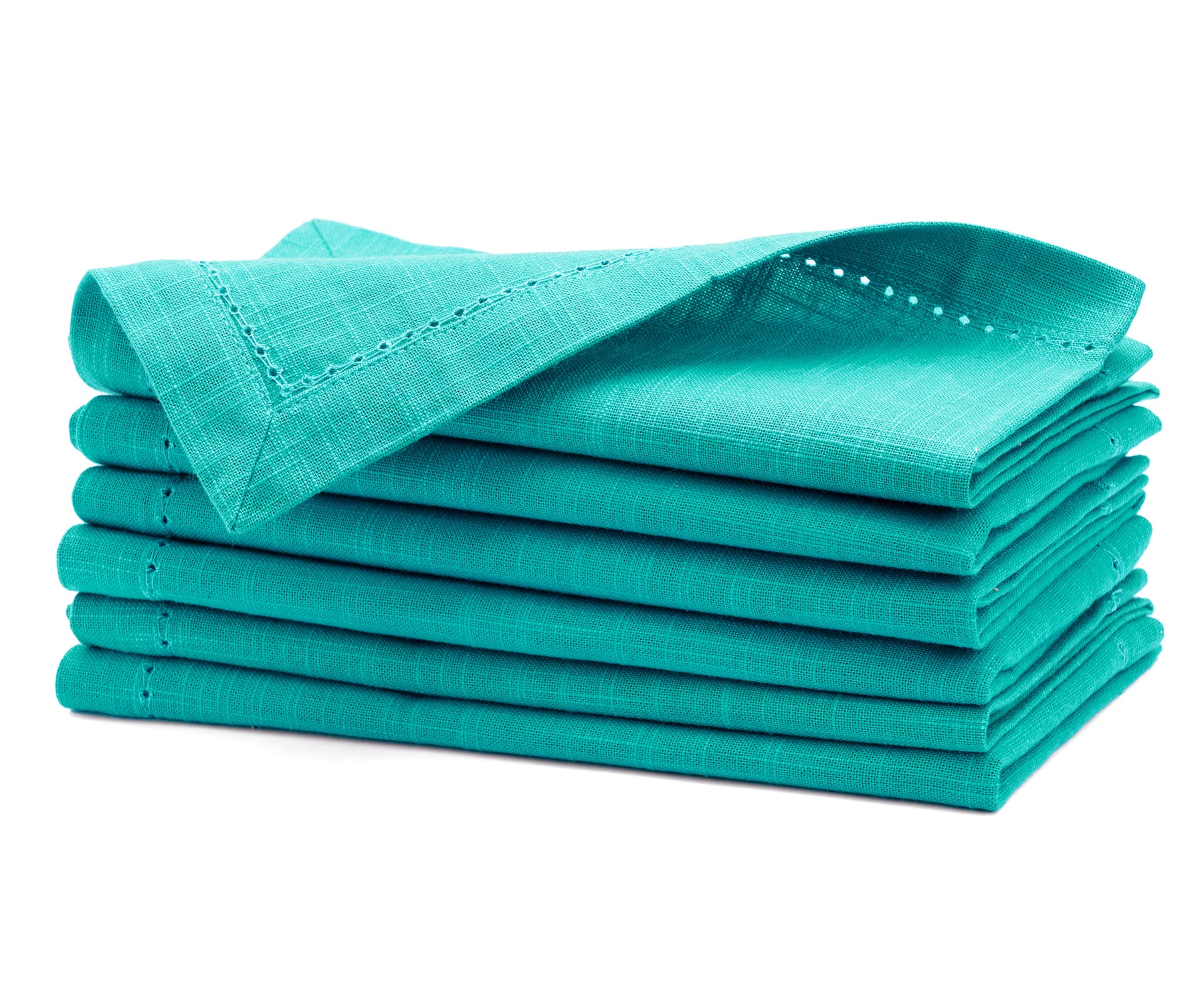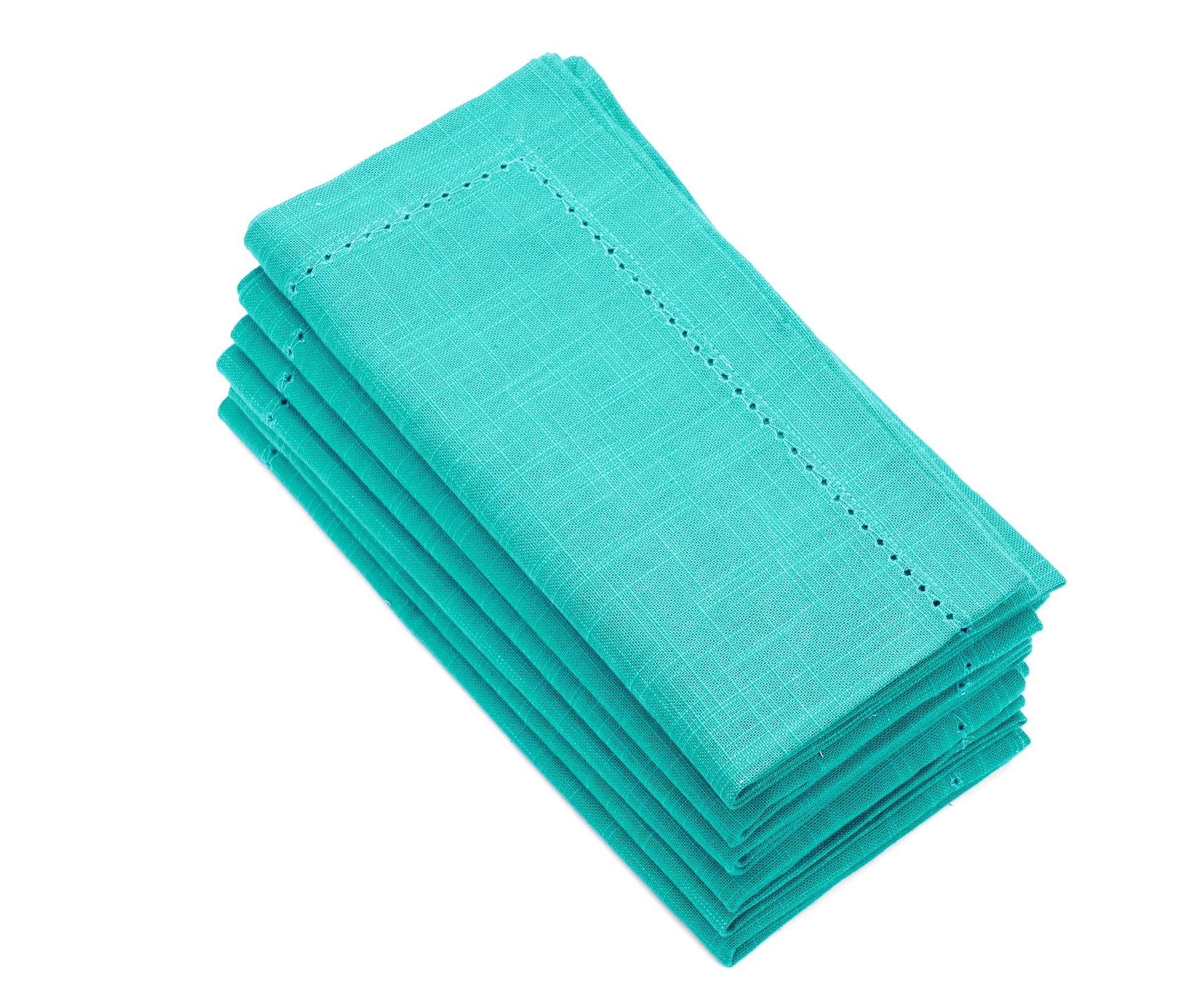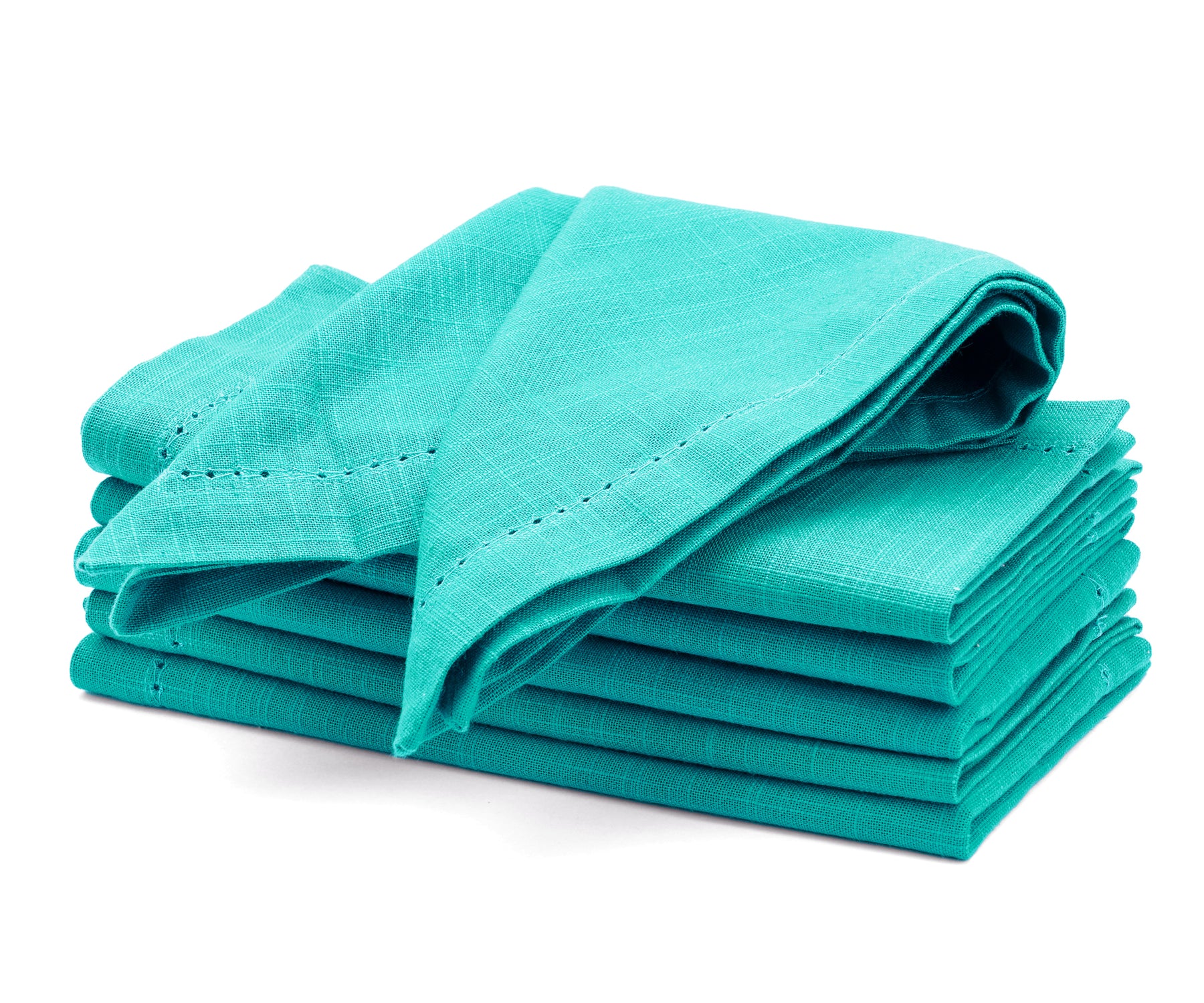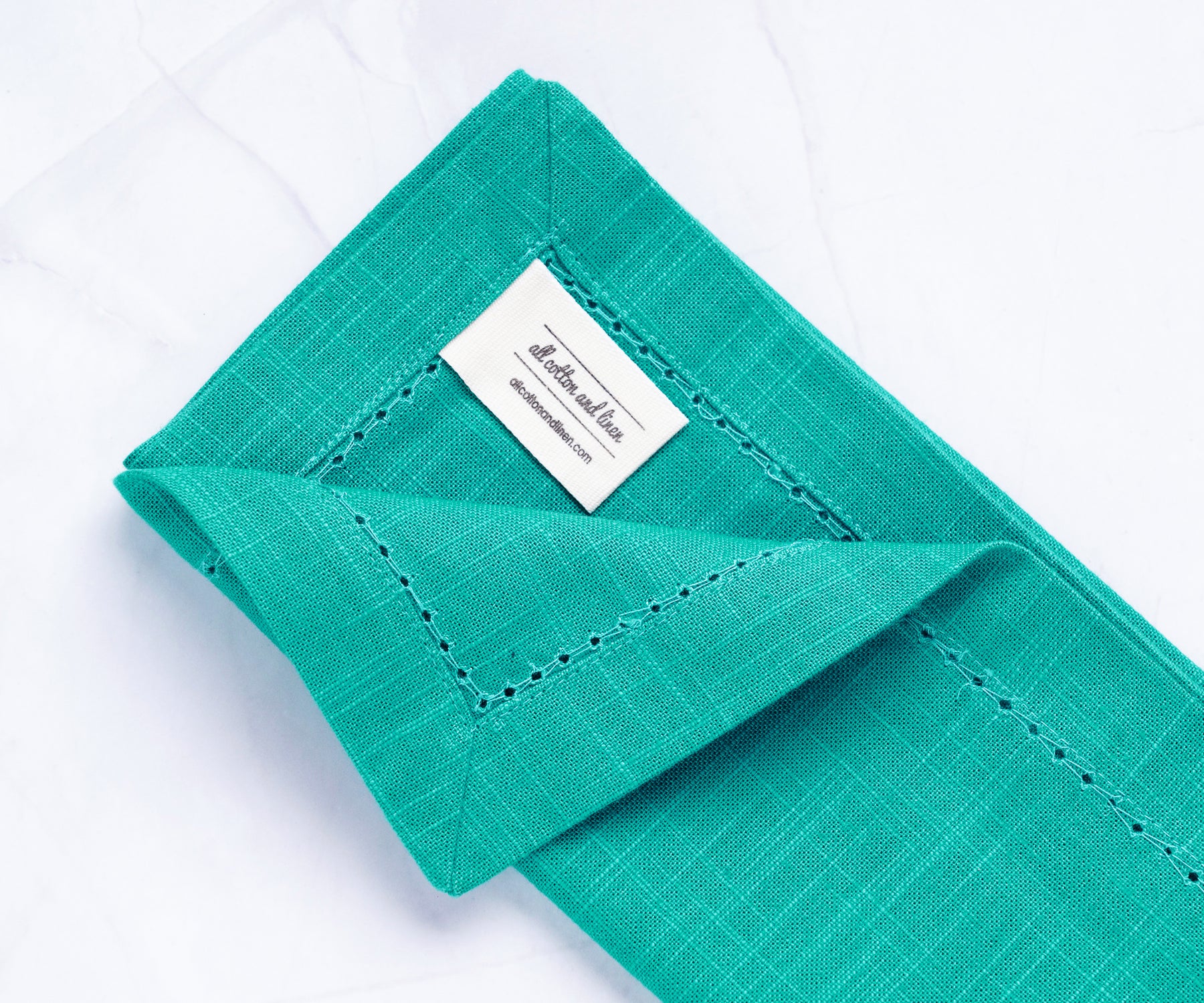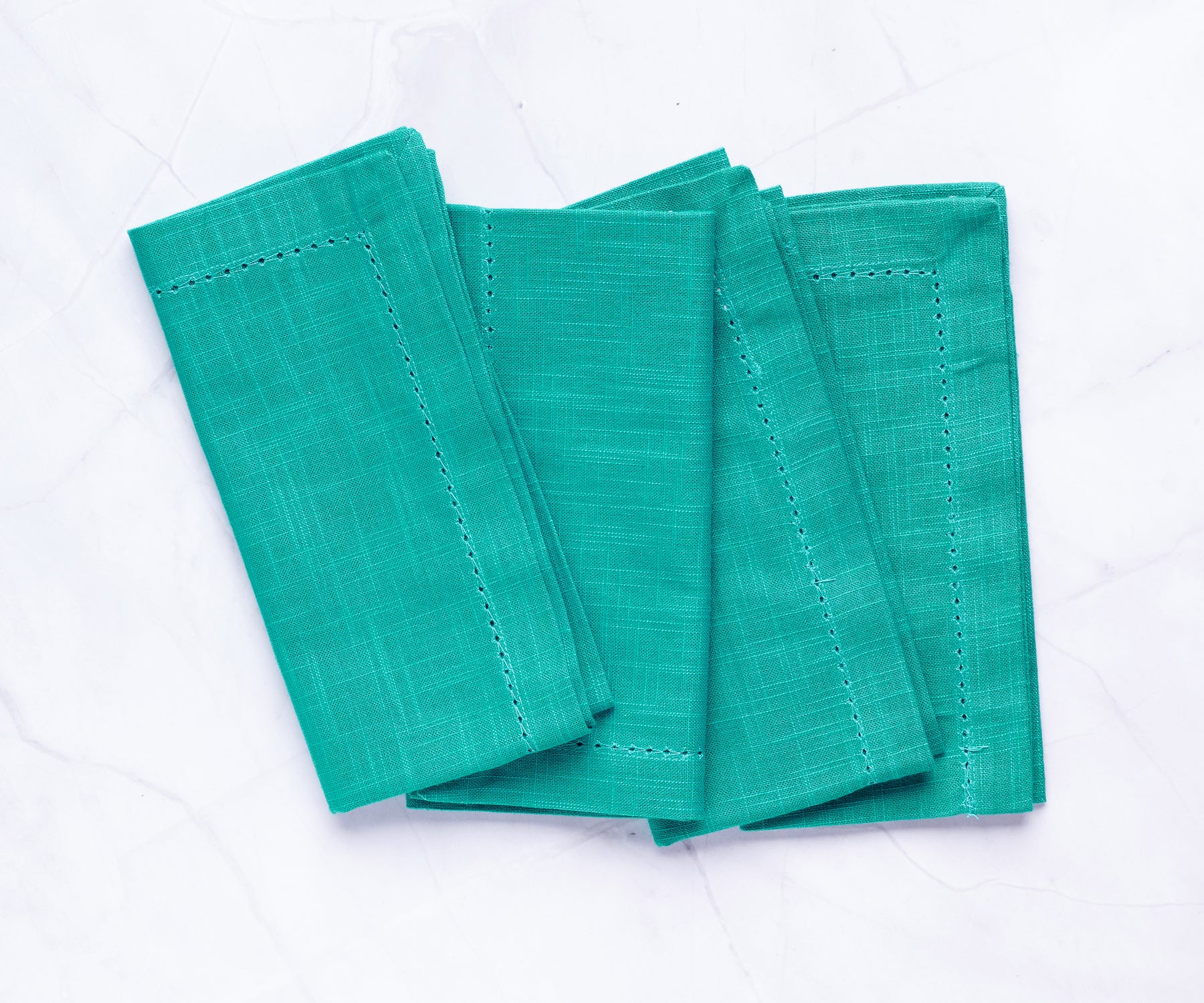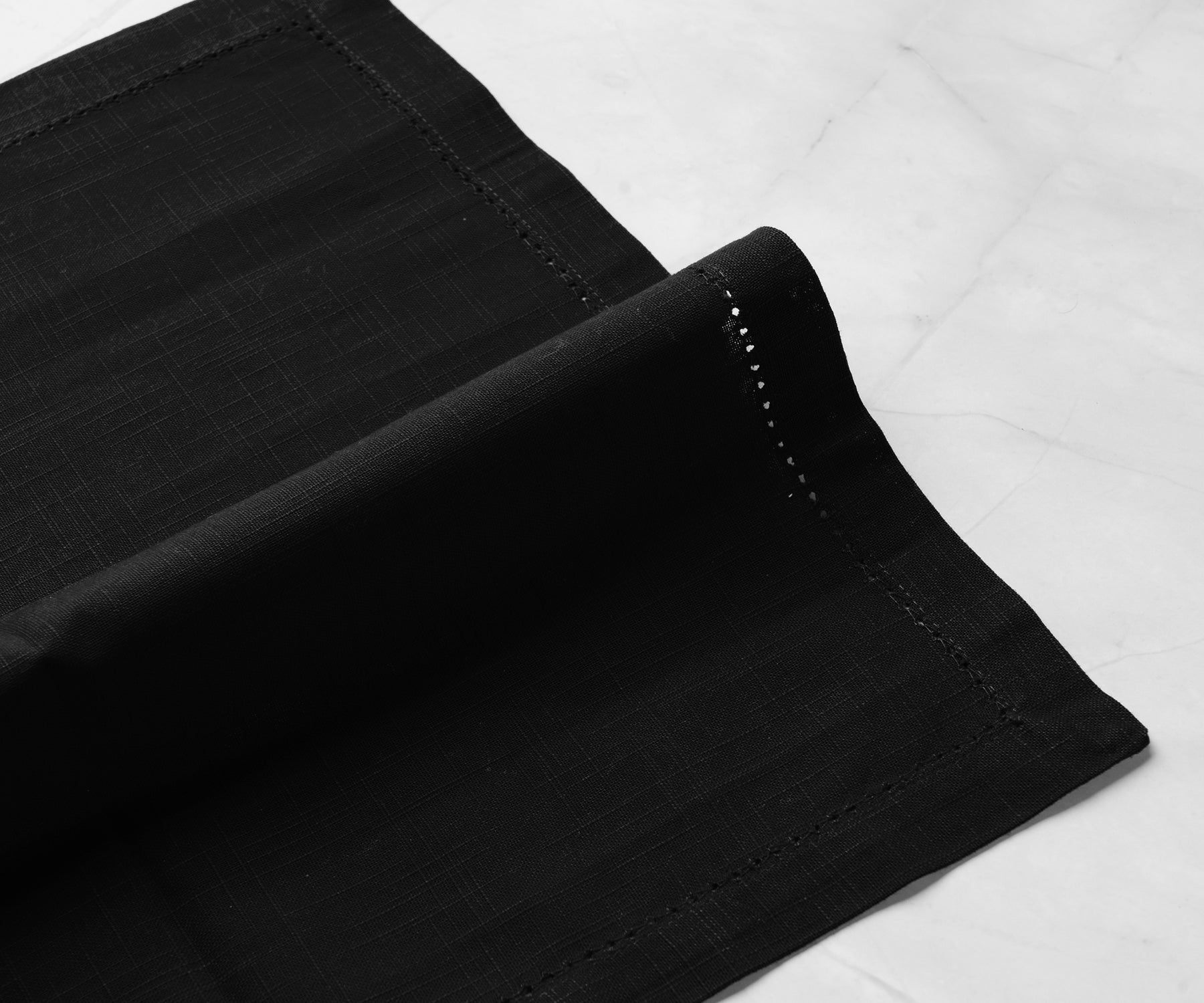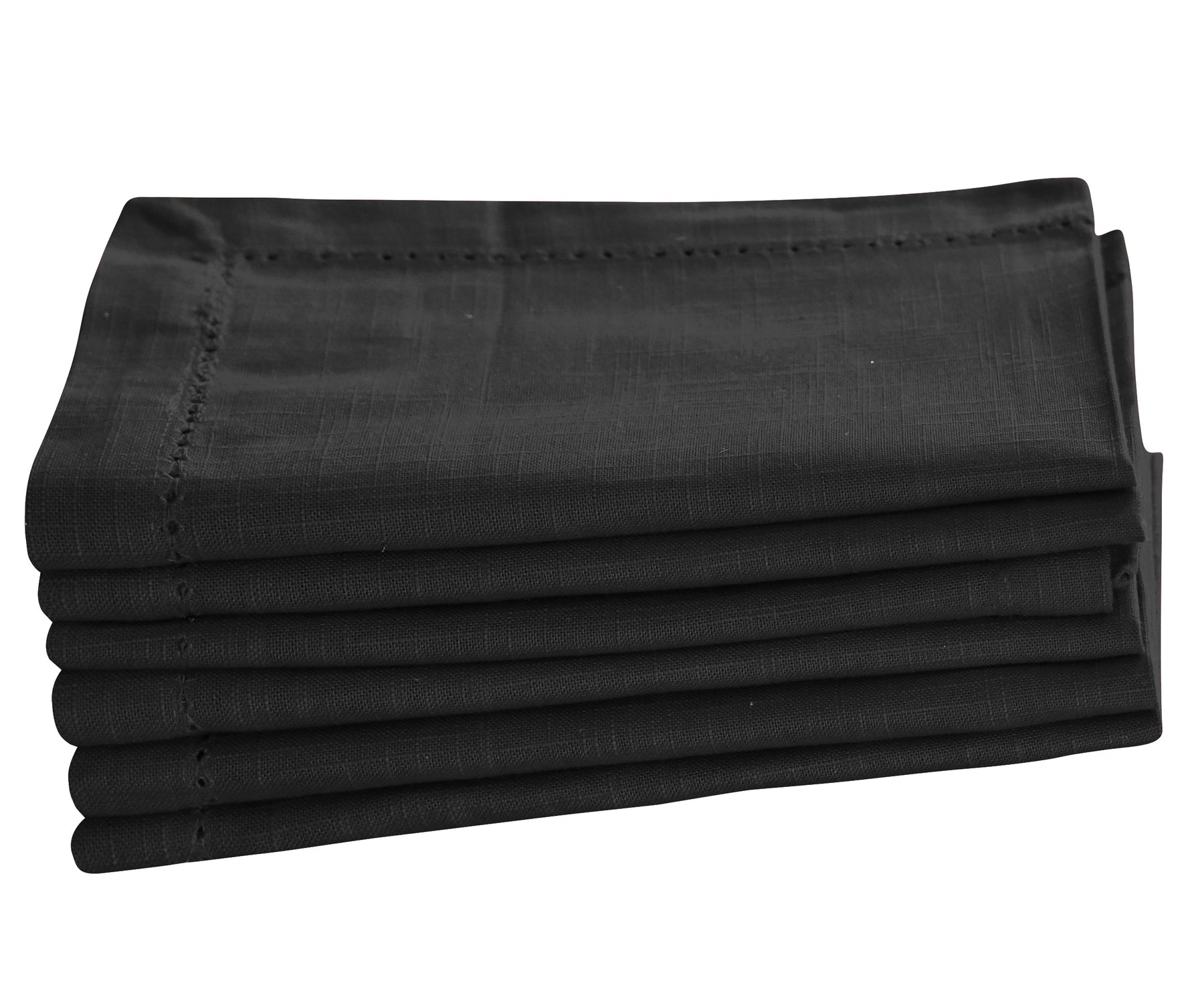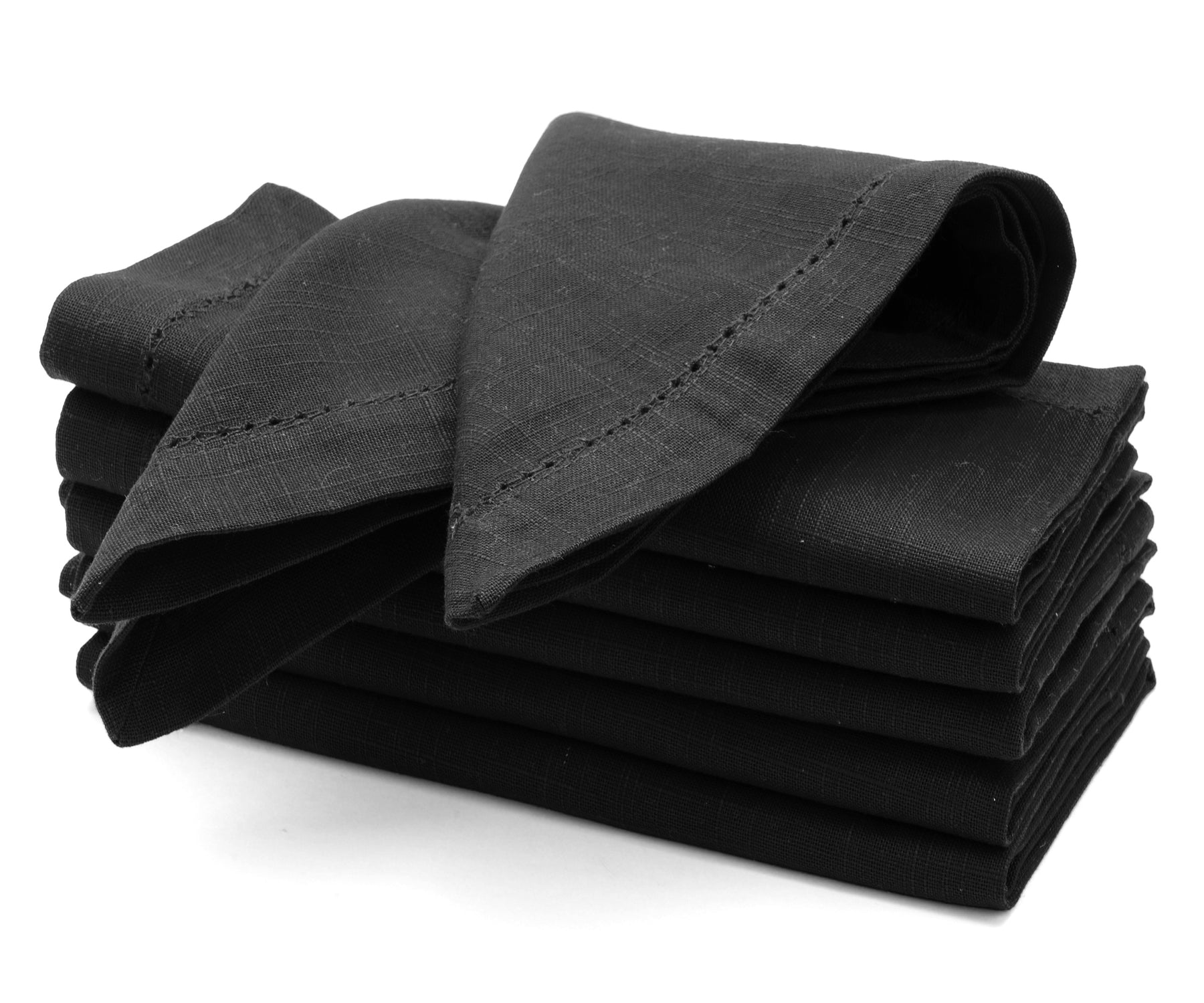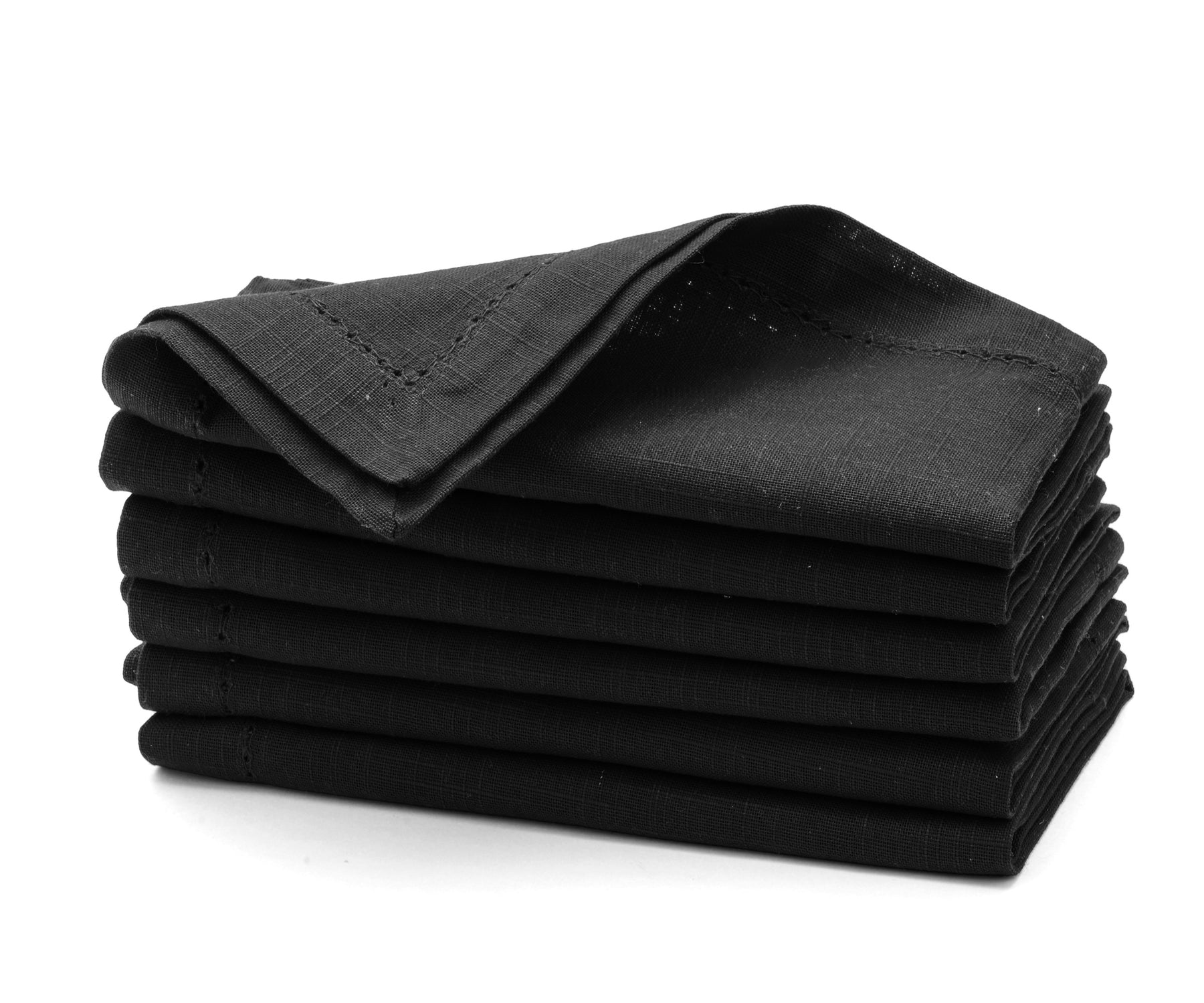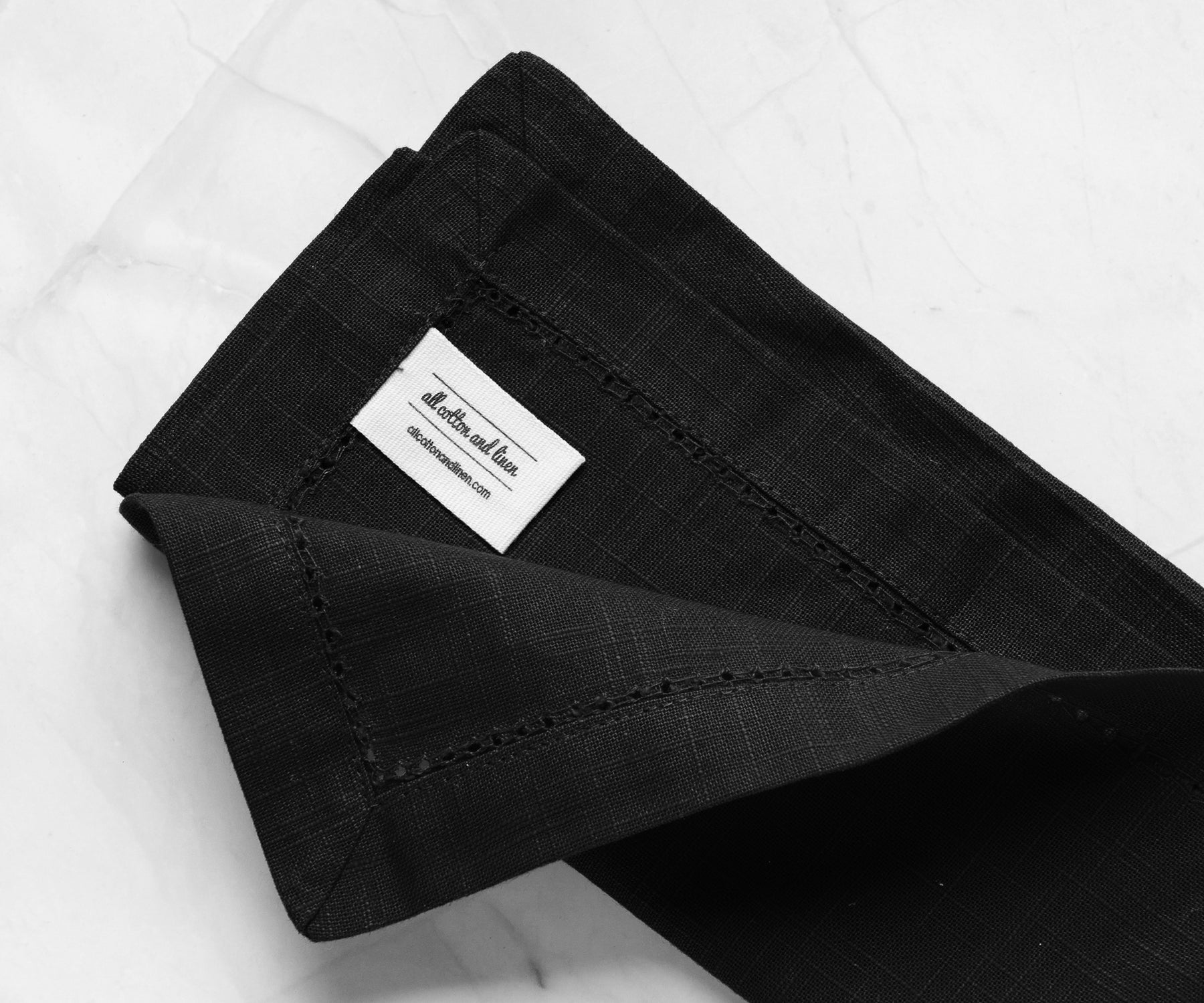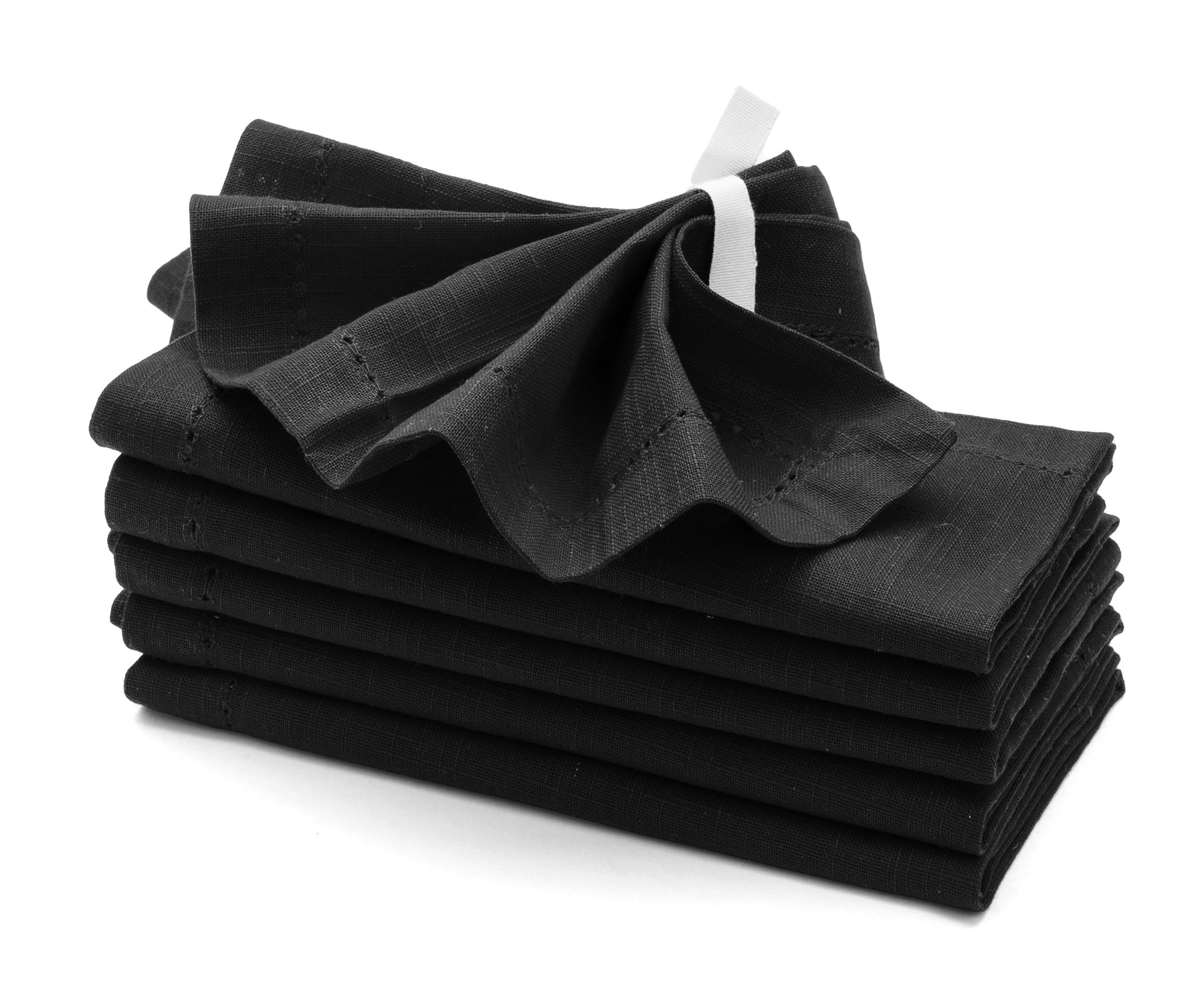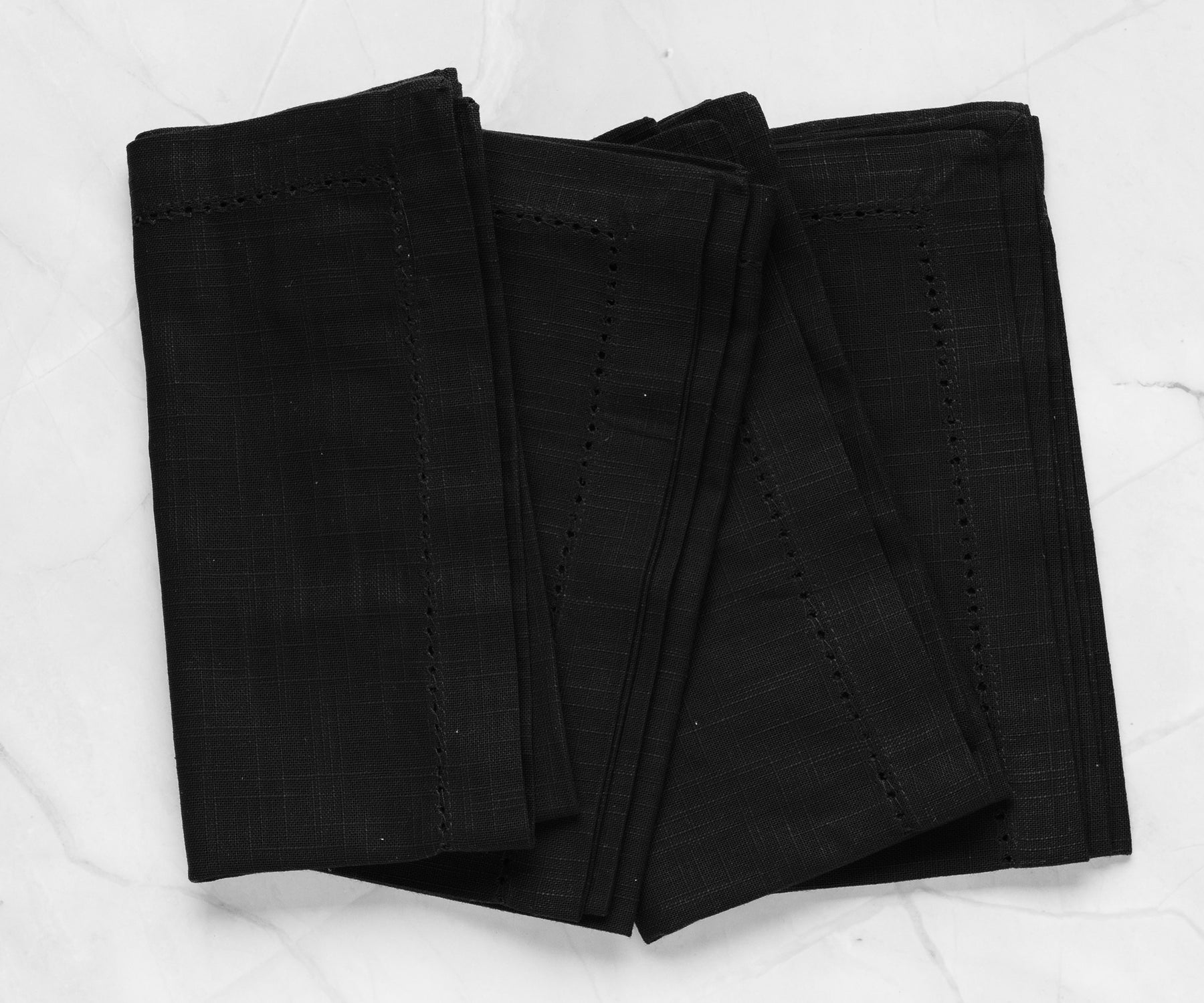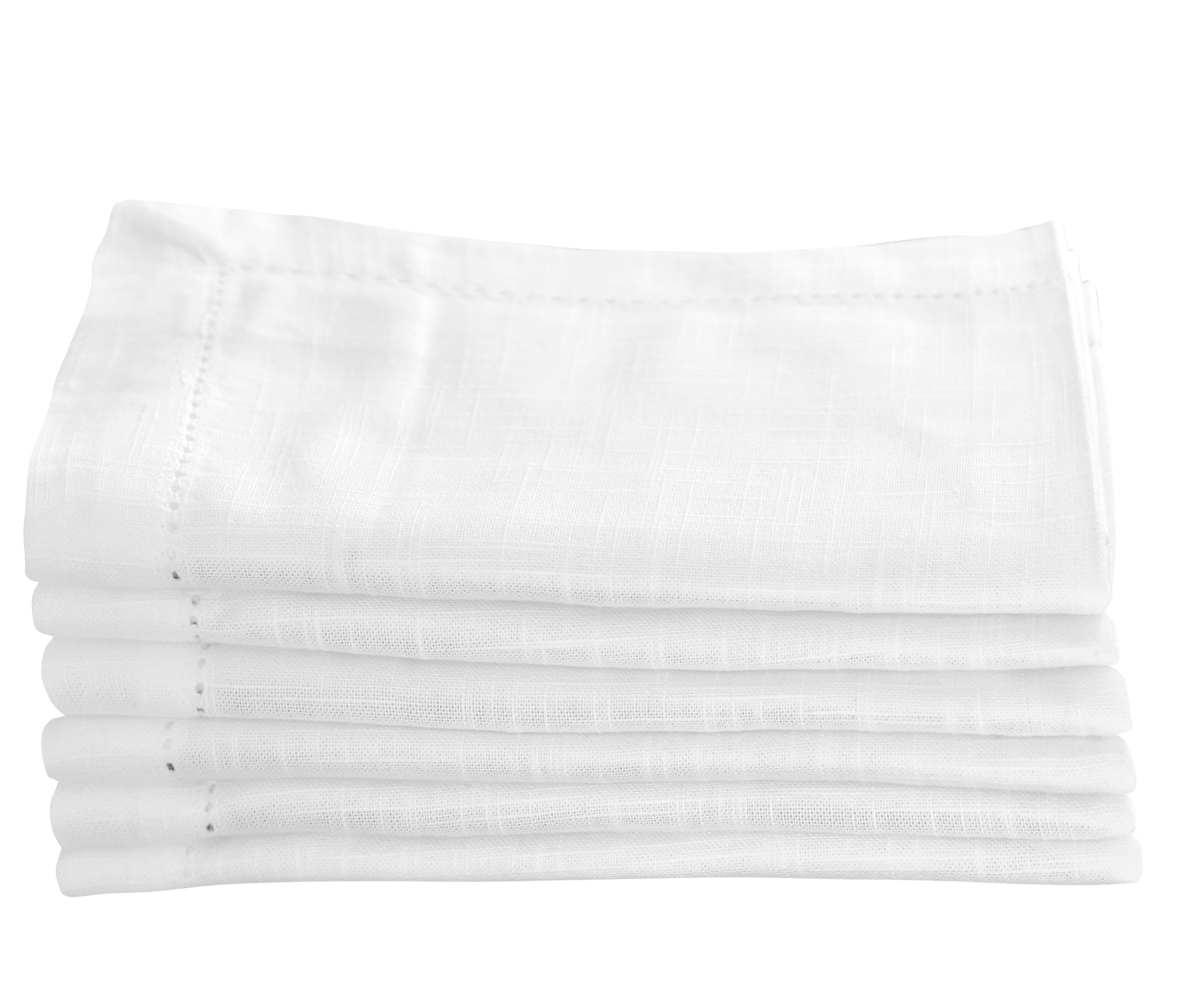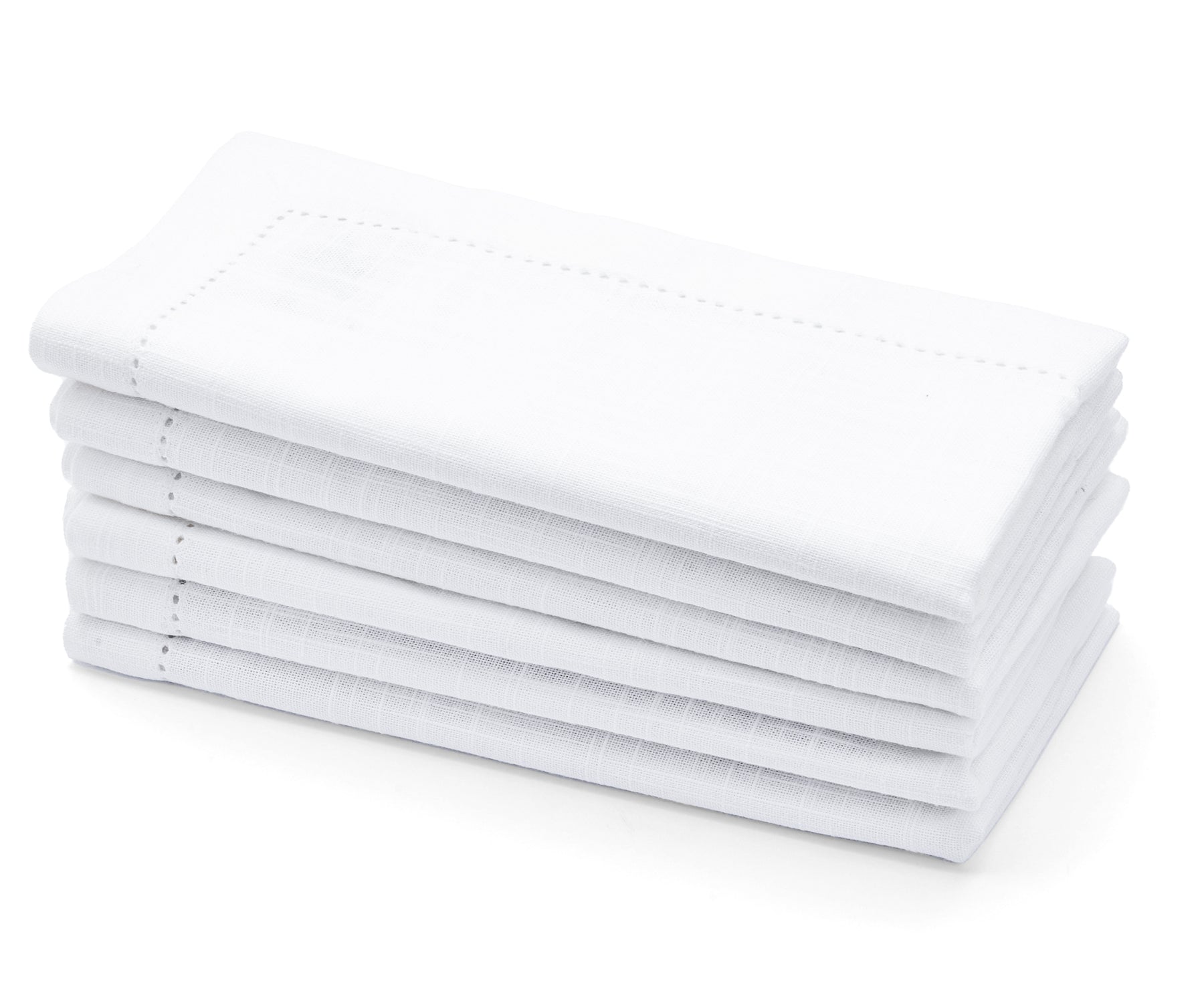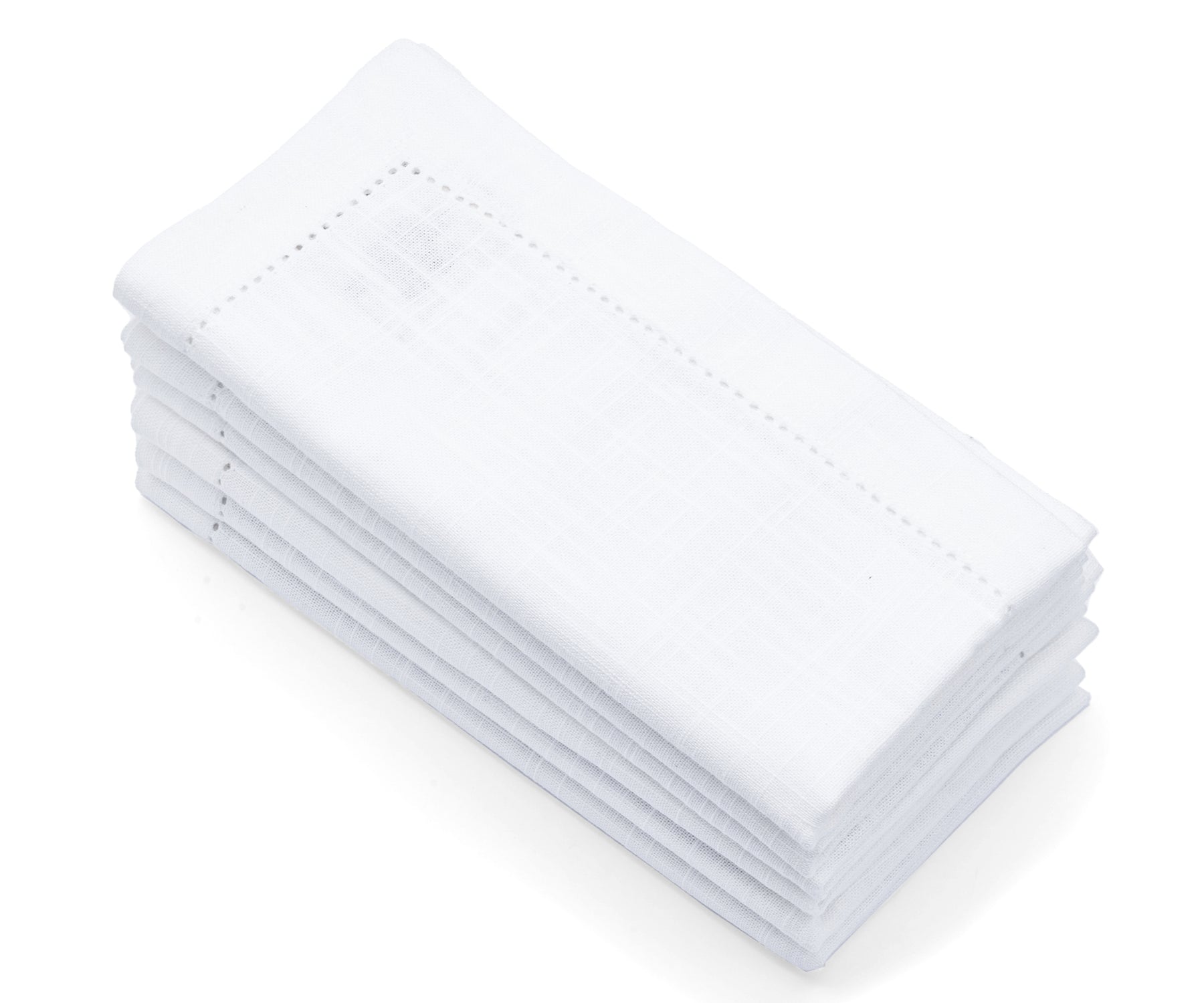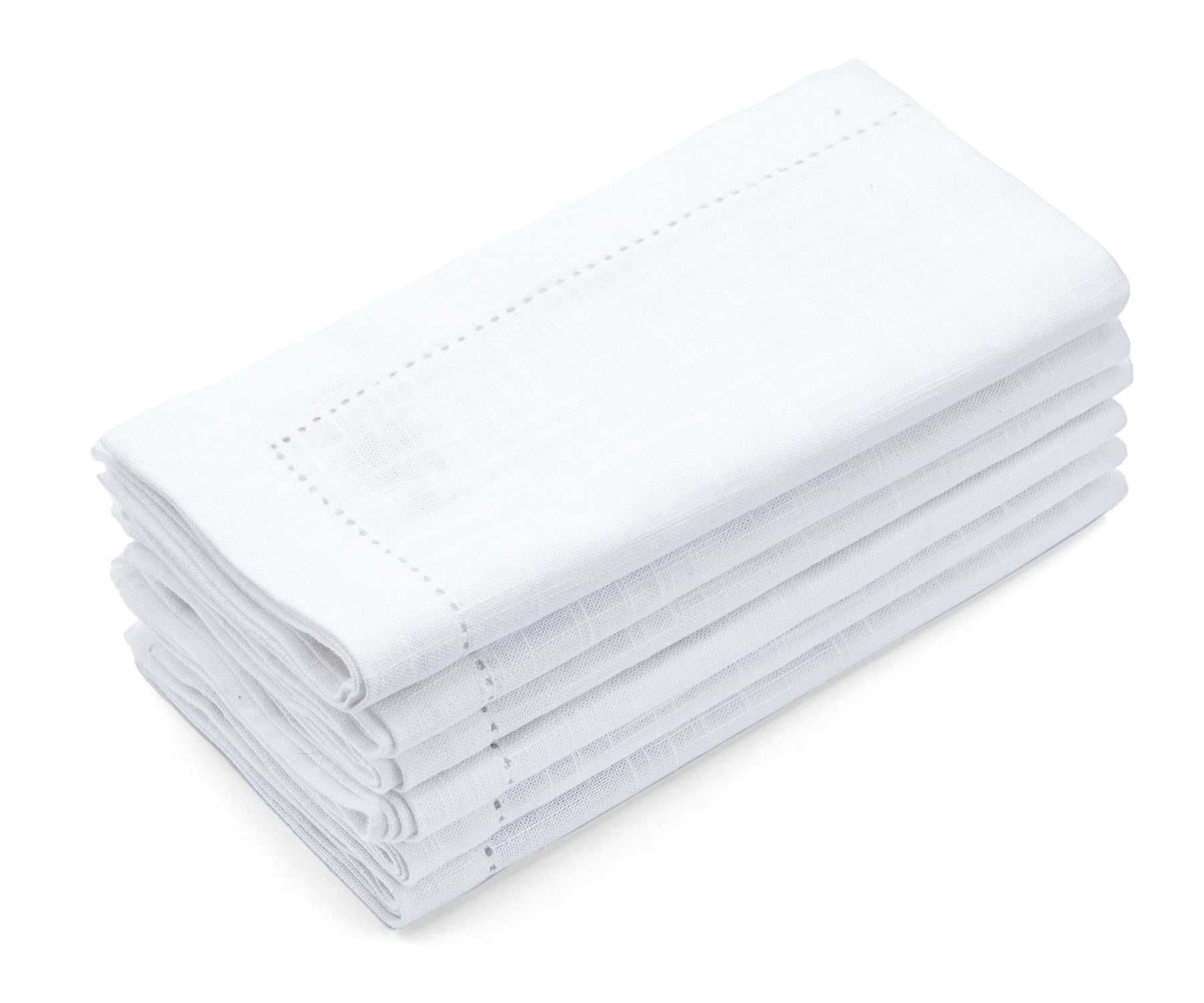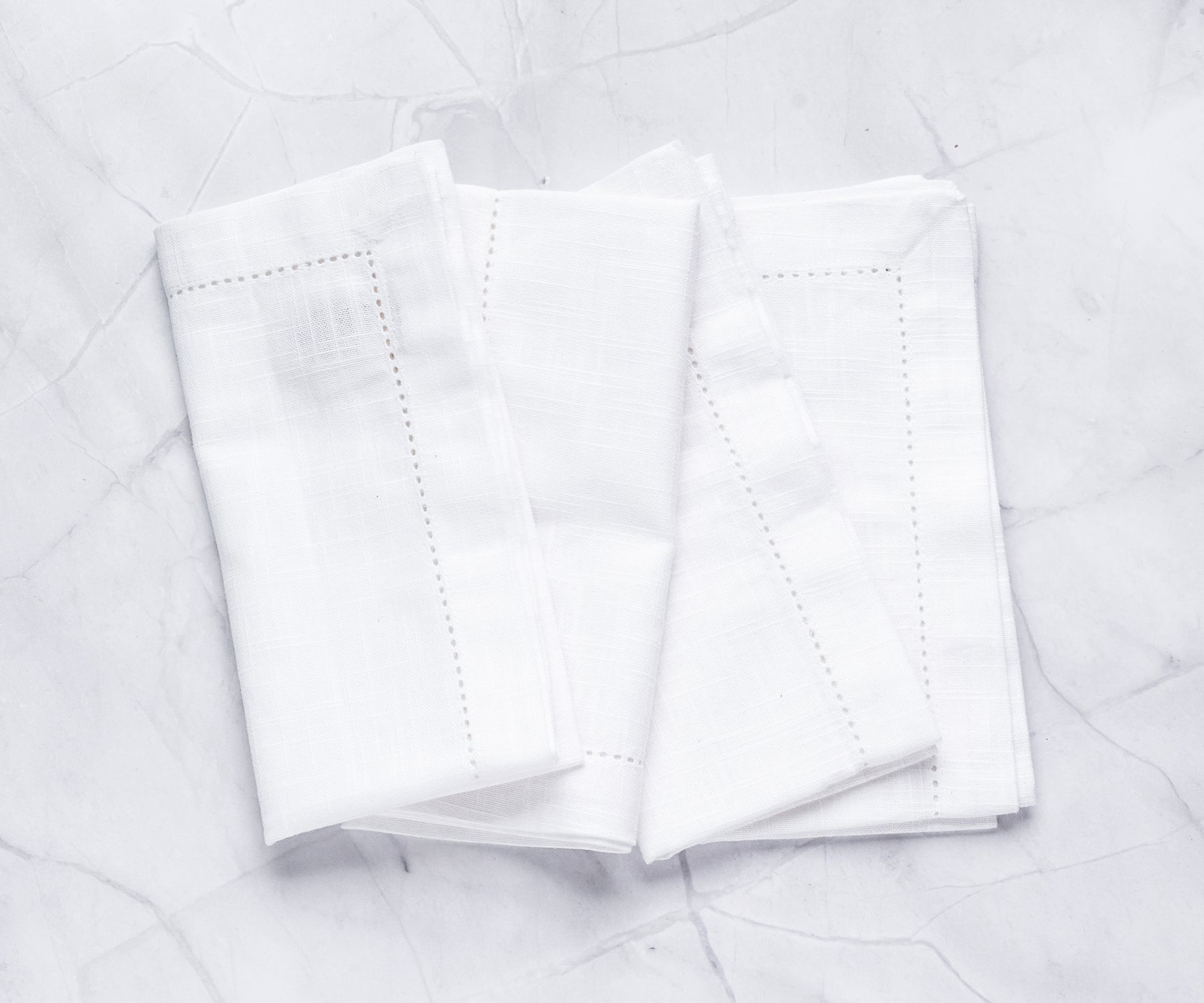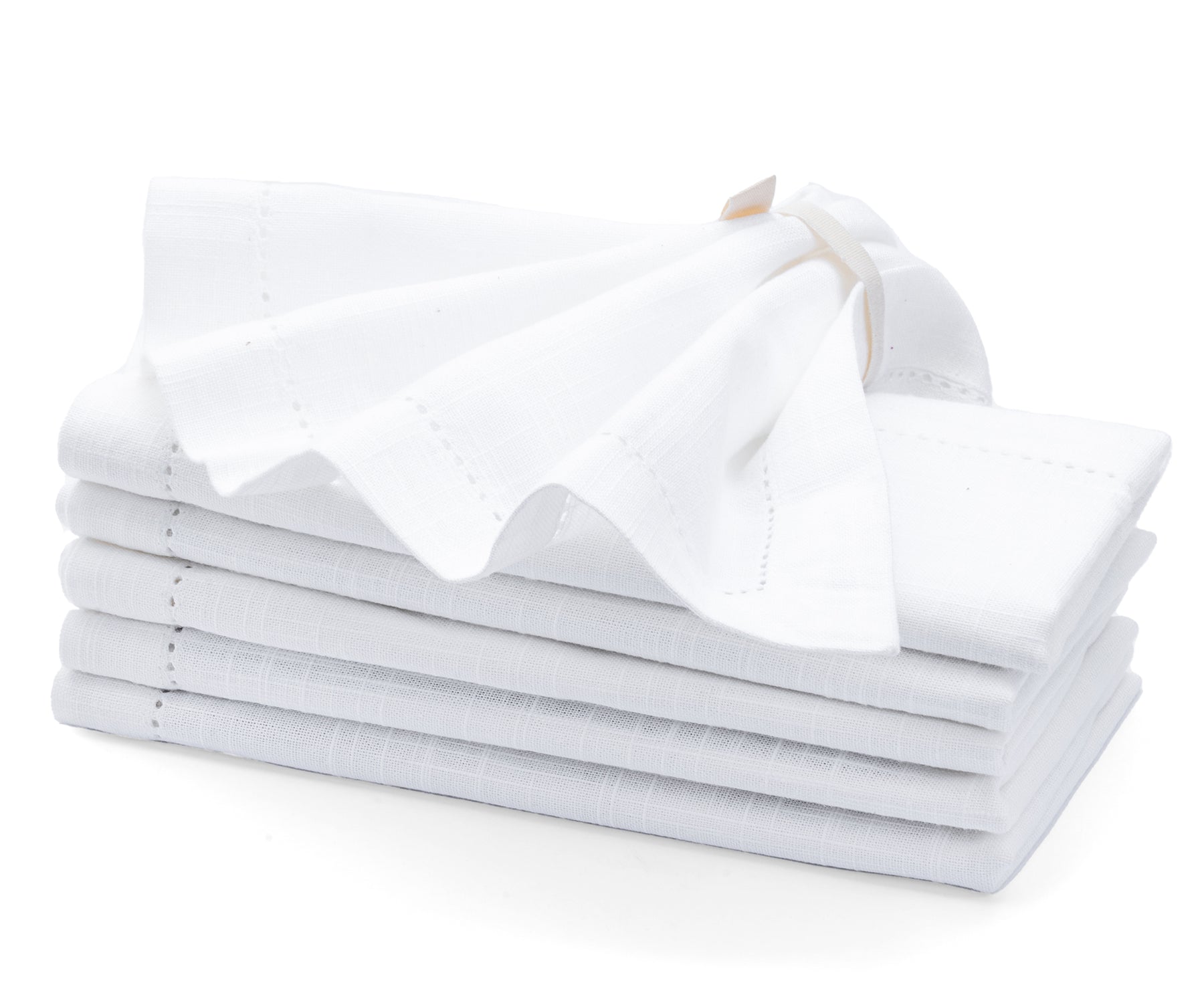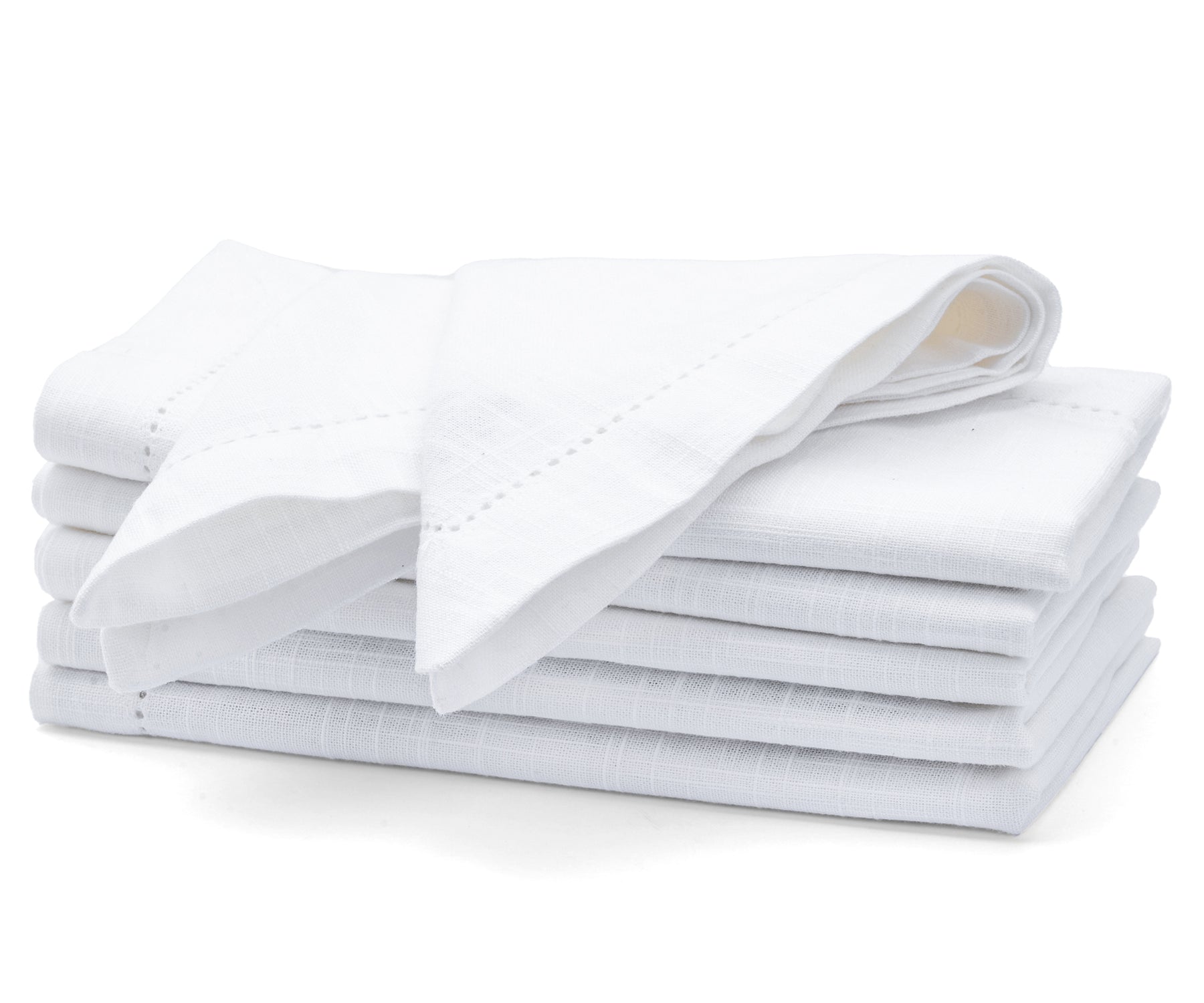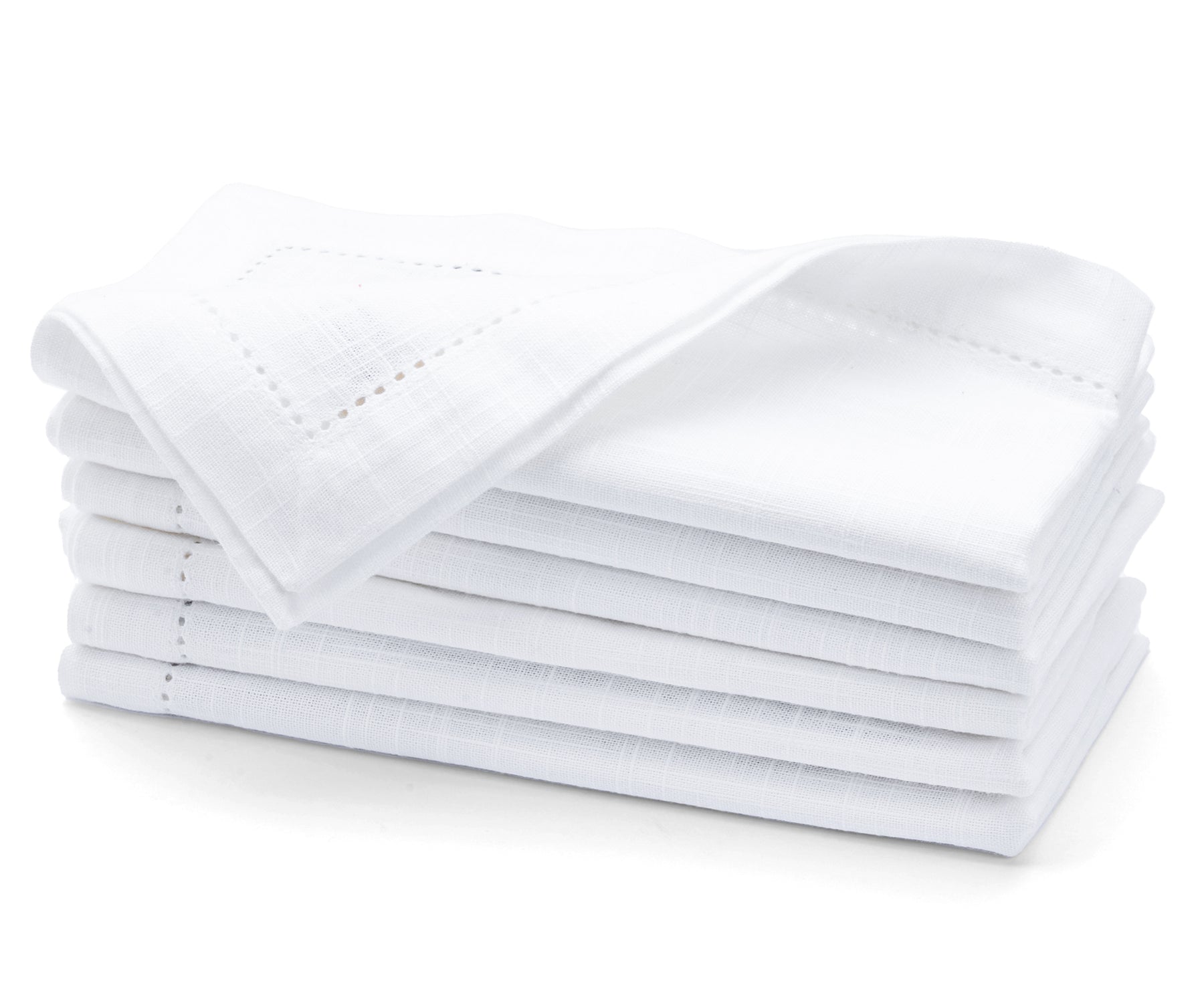The Science Behind Afternoon Naps
When you feel sluggish in the afternoon, it’s often due to a natural dip in your body’s circadian rhythm. This is a period when your body’s internal clock signals that it’s time for a break. An afternoon nap can help counteract this dip, providing a much-needed energy boost.
Research shows that a short nap of around 10-20 minutes can significantly improve alertness and performance. This type of nap is often referred to as a power nap. It helps refresh your mind and body without leaving you groggy. On the other hand, longer naps, typically 30-60 minutes, can be beneficial for memory and cognitive function but might cause sleep inertia, making you feel groggy.
Discover the comfort of our luxurious sheet sets, perfect for a restful nap or a cozy night's sleep.
Coffee vs. Napping: How They Compare
While coffee provides a quick jolt of energy, it works differently from a nap. Coffee contains caffeine, which blocks adenosine, a neurotransmitter that promotes sleepiness. This can temporarily make you feel more awake. However, the effects of caffeine are short-lived and can lead to a crash later in the day.
An afternoon nap, however, doesn’t come with the risk of a caffeine crash. Instead, it helps your body recover naturally, improving your overall mood and productivity. Unlike coffee, which can disrupt your sleep if consumed too late, a nap won’t interfere with your nighttime rest if timed properly.

Enhance your nap experience with our smooth and comfortable pillowcases.
Benefits of Napping Over Drinking Coffee
- Improved Cognitive Function: Naps help boost memory and learning. They allow the brain to process information and consolidate memories more effectively than coffee.
- Enhanced Mood: A nap can improve your mood and reduce stress. Coffee may give you a temporary lift but doesn’t address underlying feelings of fatigue or stress.
- Better Physical Health: Frequent coffee consumption can lead to health issues like high blood pressure and heart problems. Napping, on the other hand, can help lower blood pressure and reduce the risk of heart disease.
- Increased Alertness: A nap restores your brain’s ability to focus and be alert, often more effectively than coffee, which can sometimes lead to jitteriness and reduced concentration.
- No Caffeine Dependency: Regularly relying on coffee can lead to dependency and withdrawal symptoms. Napping is a natural and healthy alternative that doesn’t come with these risks.
Our fitted sheets provide a snug and secure fit, making them ideal for a refreshing afternoon rest.
How to Take the Perfect Nap
To maximize the benefits of napping, follow these tips:
- Keep It Short: Aim for a 10-20 minute nap to avoid sleep inertia. This short duration can refresh you without making you feel groggy.
- Find a Comfortable Spot: Ensure you have a quiet, comfortable place to nap. If you’re at home, using soft bedding like our sheet sets can enhance your napping experience.
- Time It Right: Nap early enough in the afternoon to avoid interfering with your nighttime sleep. A nap around 1-3 PM is ideal.
- Create a Relaxing Environment: Dim the lights, and make sure the room is cool and quiet. A comfortable pillow, such as our pillowcases, can add to your comfort.
- Set an Alarm: To avoid oversleeping, set an alarm to wake you up after your desired nap duration.

Ensure your baby sleeps comfortably with our soft and breathable crib sheets.
Incorporating Naps into Your Routine
Adding a short nap into your daily routine can be a game-changer. It’s a natural way to boost your energy and improve your overall well-being. Along with napping, ensure you maintain a healthy sleep schedule at night for the best results.
While coffee is a popular choice for a quick energy boost, an afternoon nap can provide a more sustainable and health-conscious alternative. By incorporating short naps into your daily routine, you can enhance your alertness, mood, and overall health without the side effects of caffeine.
At All Cotton and Linen, we understand the importance of comfort in your daily life. For a restful nap, consider using our crib sheets, pillowcases, and fitted sheets. These products ensure you have the best environment for a refreshing nap, making your break as rejuvenating as possible.
Related Reading
- Why Napping is Better Than Coffee When You Need a Midday Boost - Explore the advantages of napping over coffee for a midday energy boost and overall health.
- The Science Behind the Coffee Nap - Understand how combining coffee and a nap can impact your energy levels and cognitive function.
- What is a Coffee Nap and How Does it Work? - Learn about the concept of a coffee nap and its effects on sleep and alertness.
- How to Maximize Your Midday Boost with a Coffee Nap - Discover tips for using coffee and napping to enhance your midday energy.
- Is a Coffee Nap the Secret to Better Sleep? - Find out how a coffee nap might influence your overall sleep health and daily energy.



